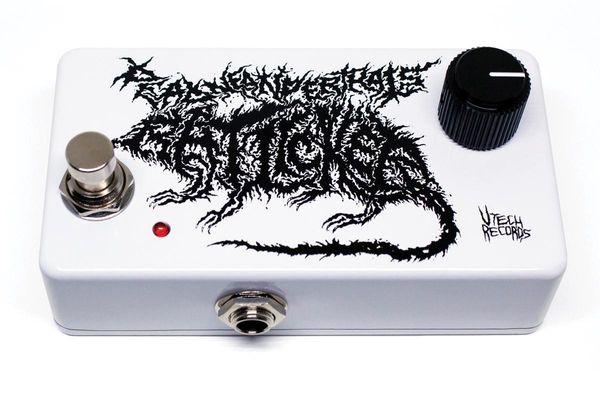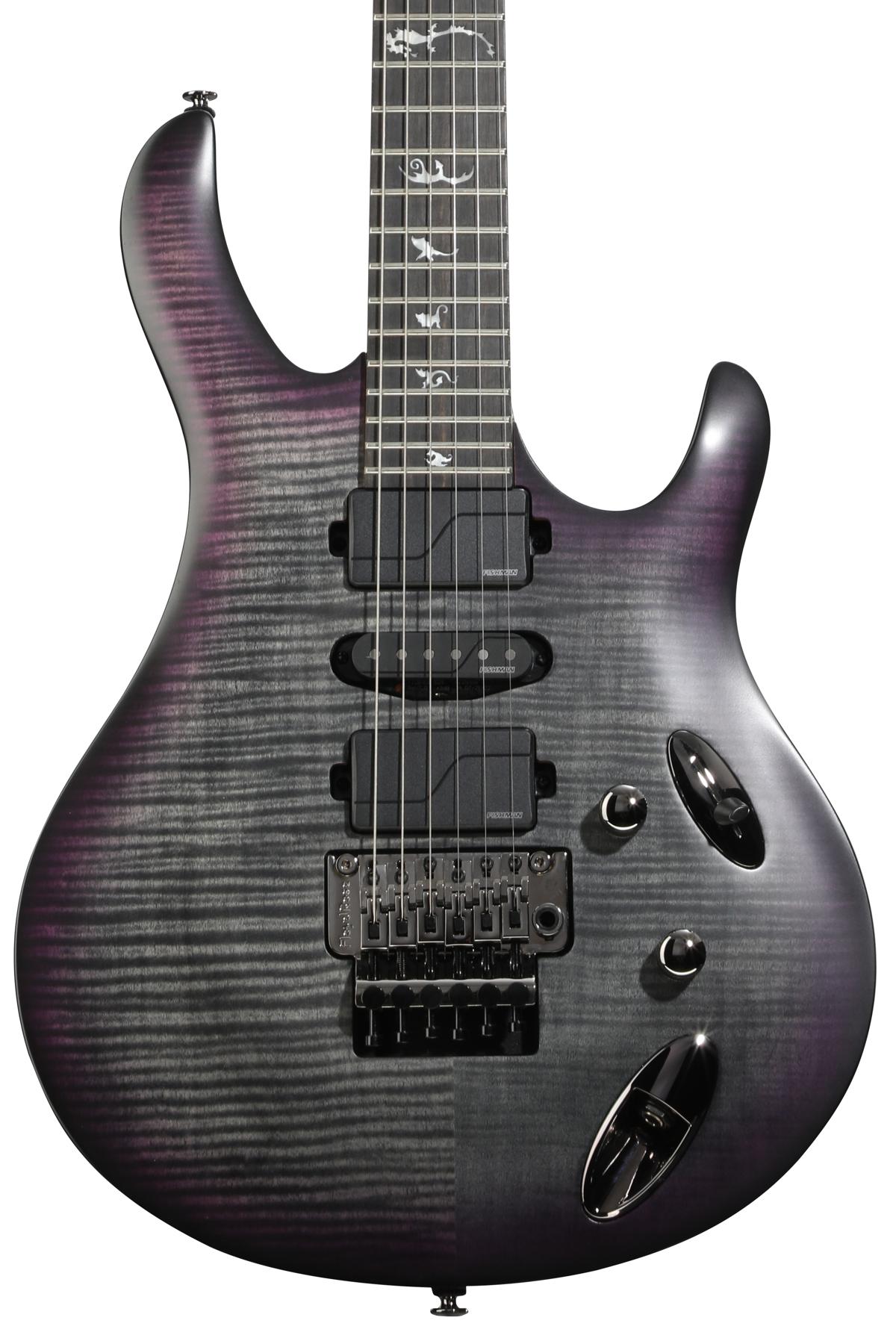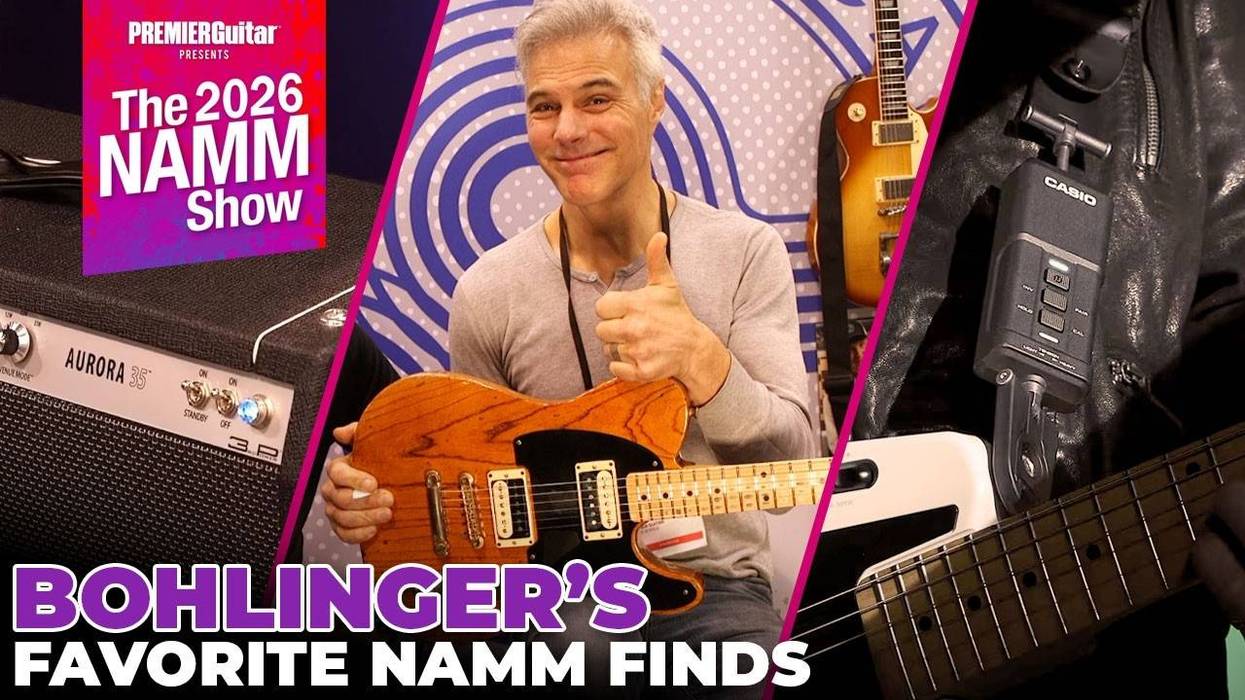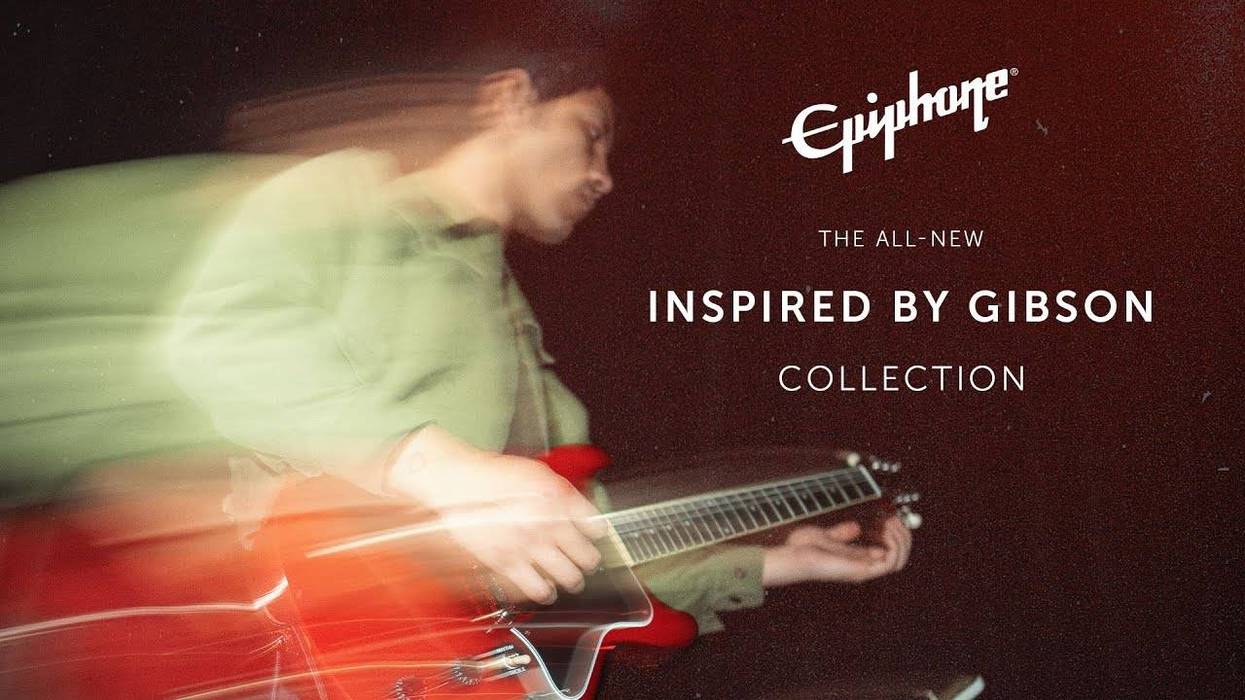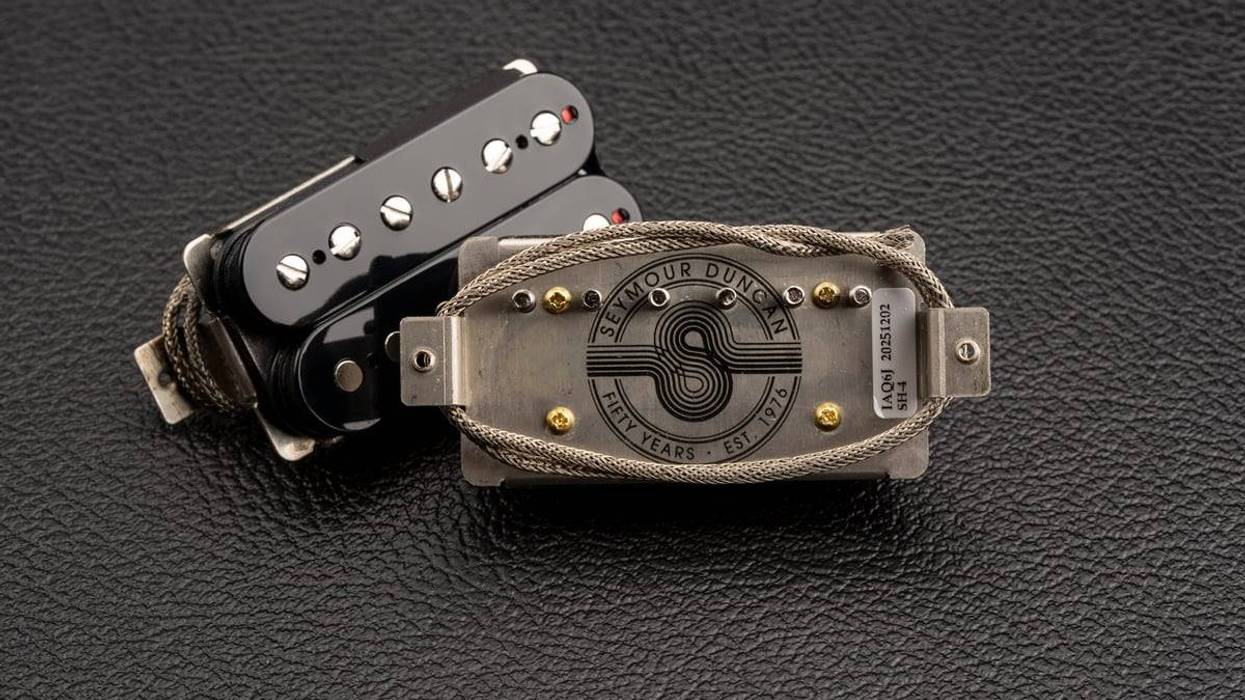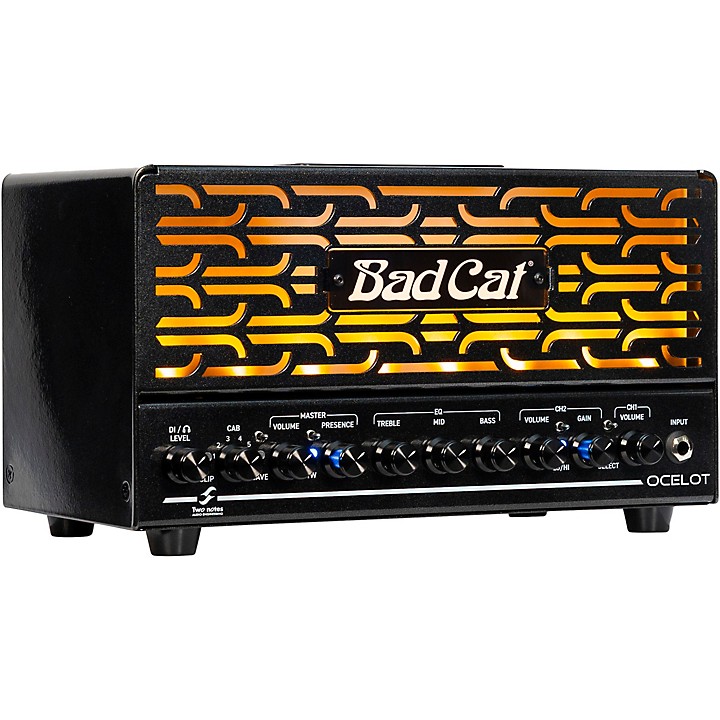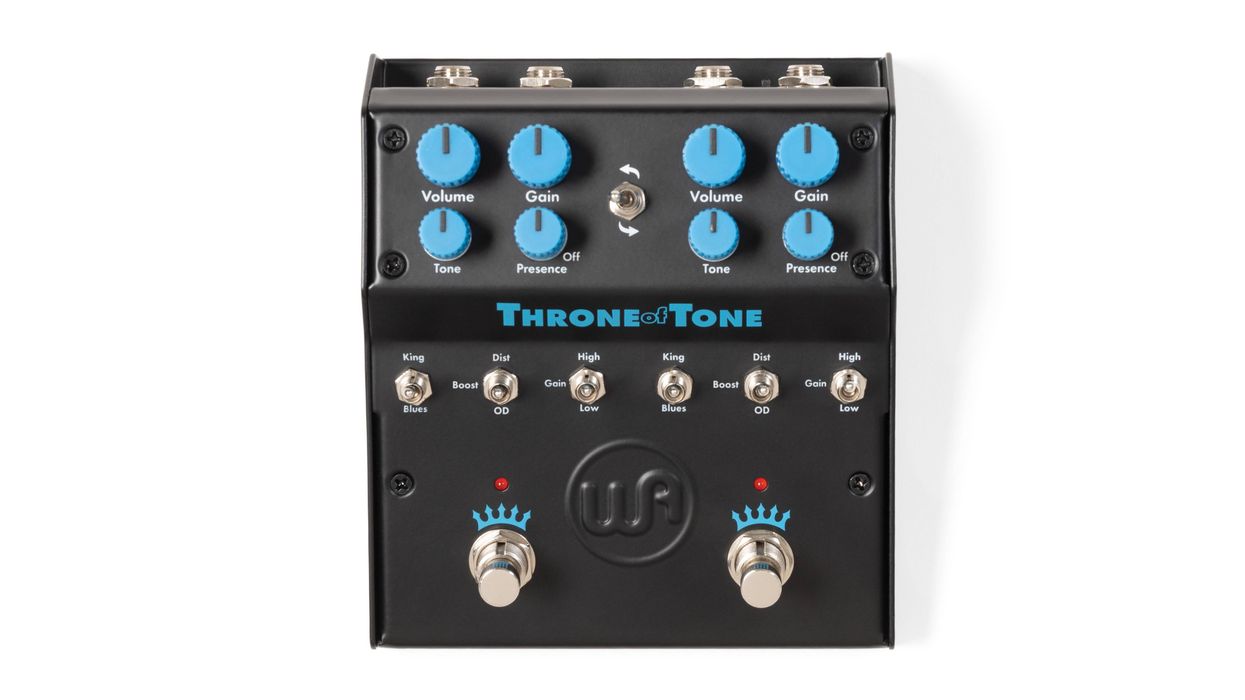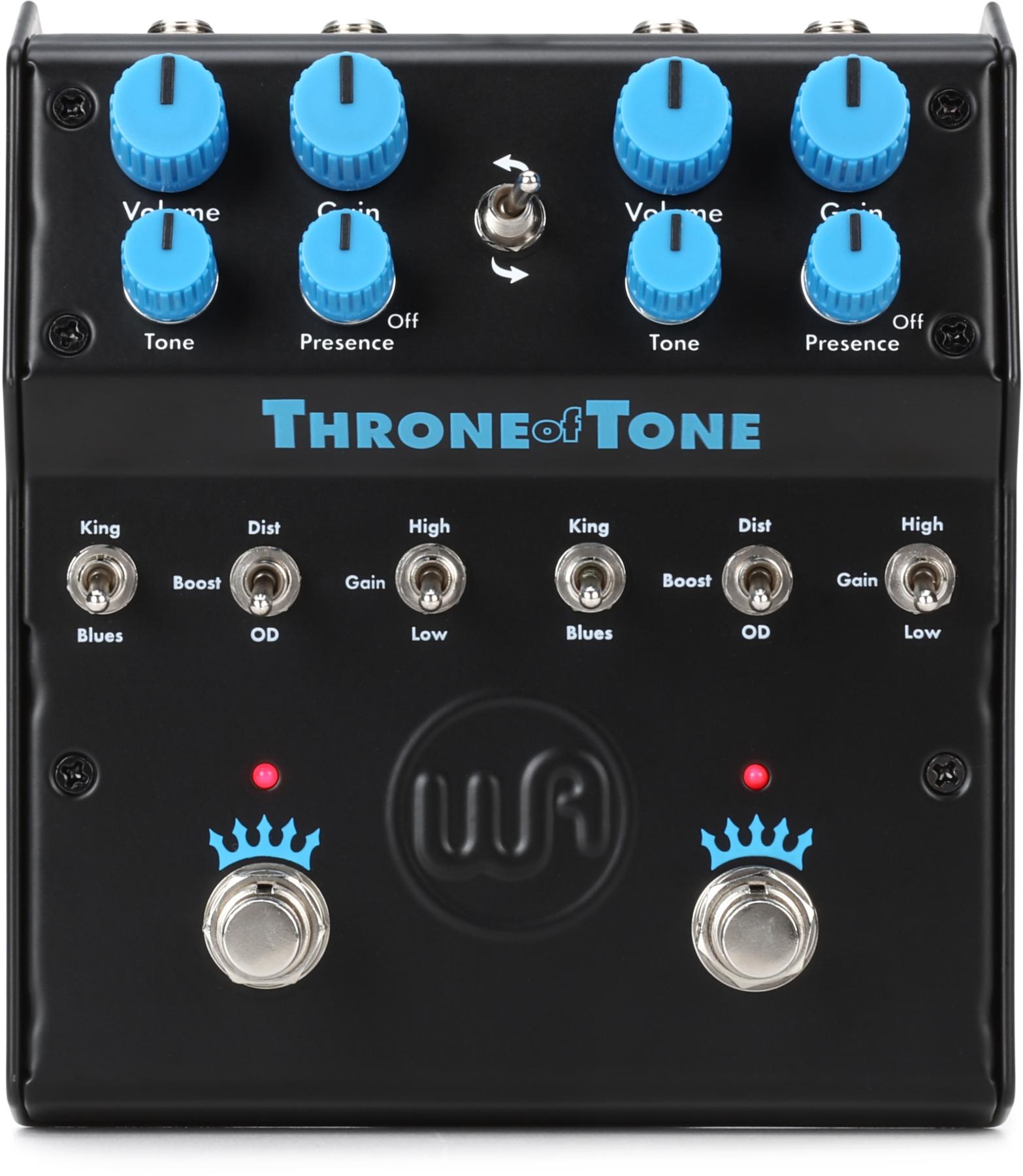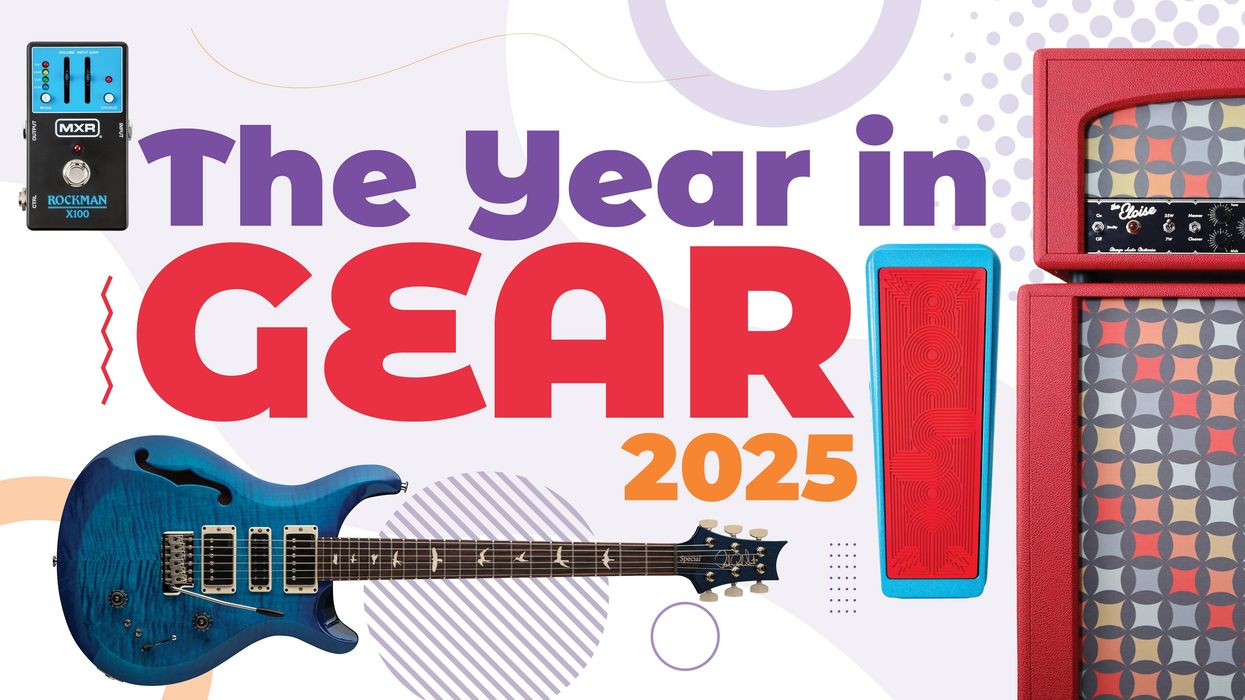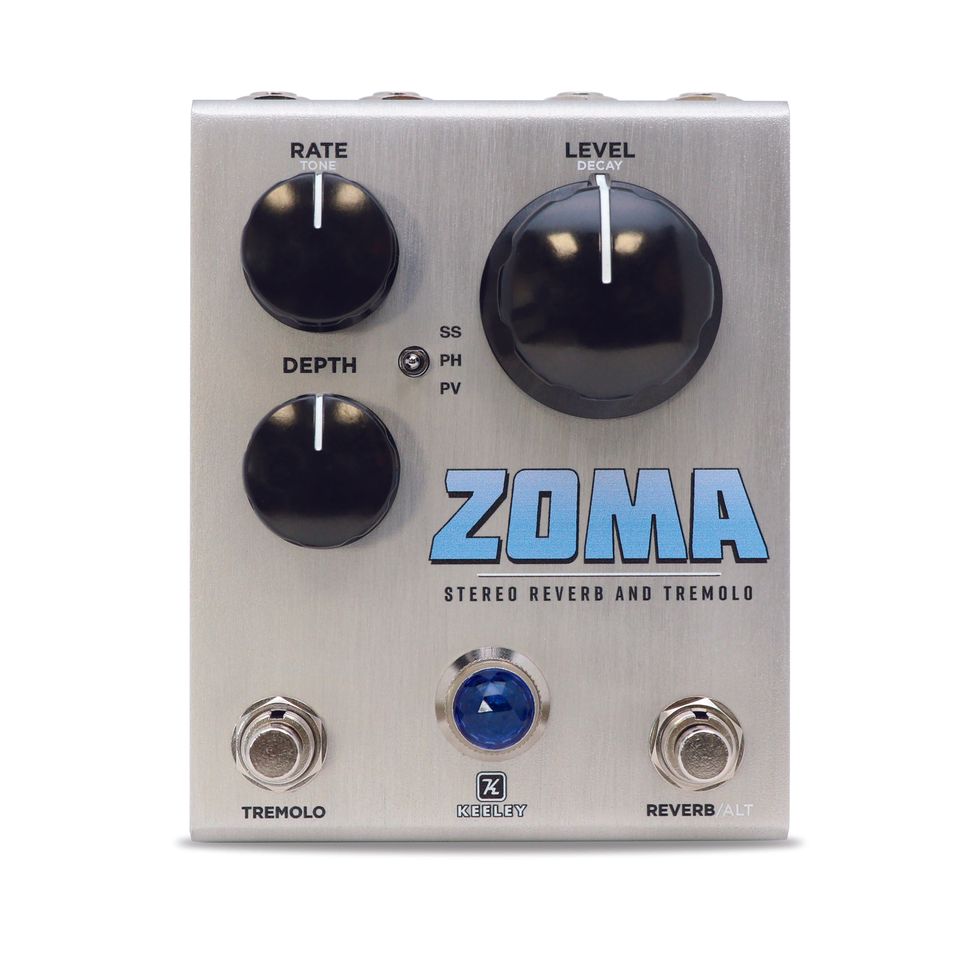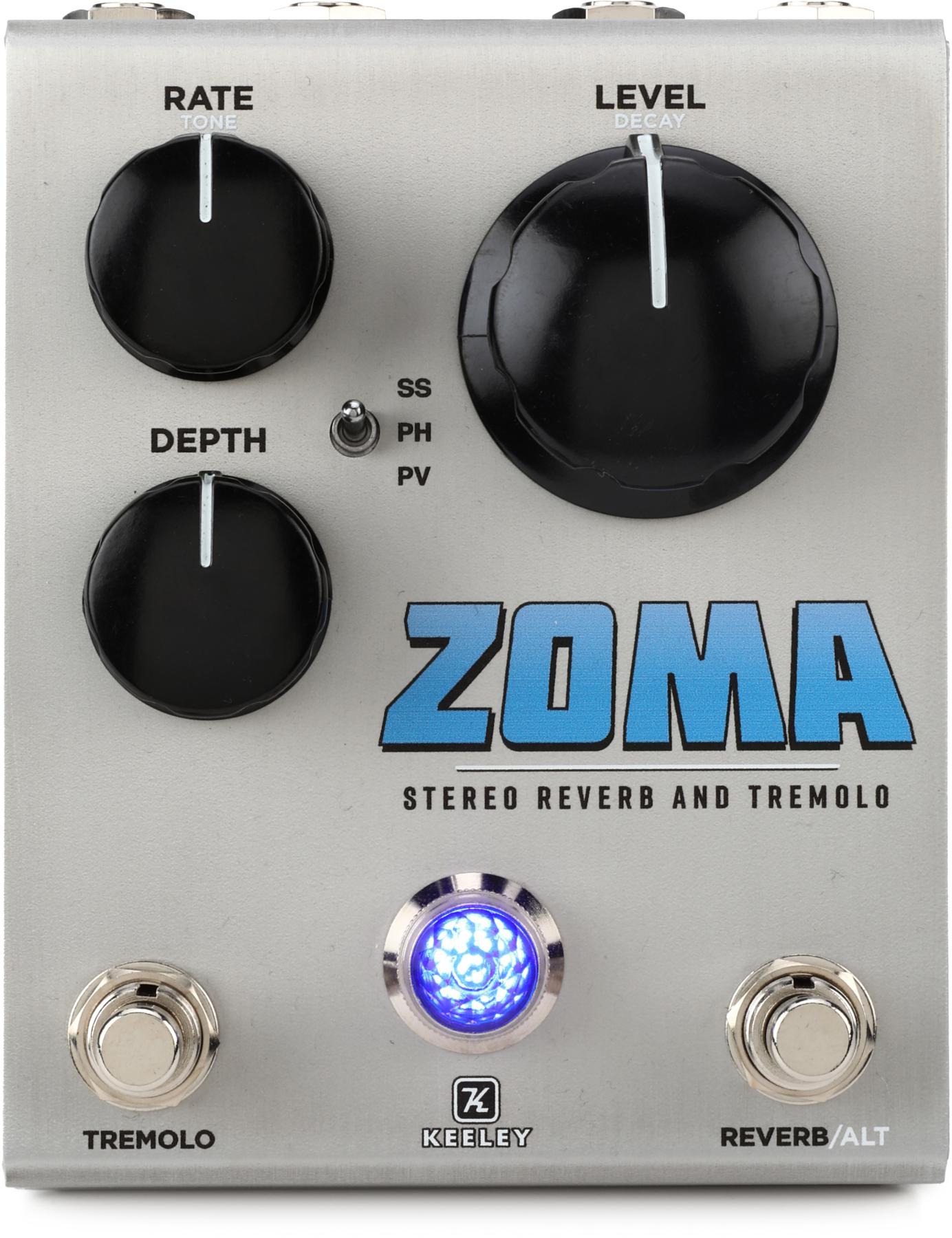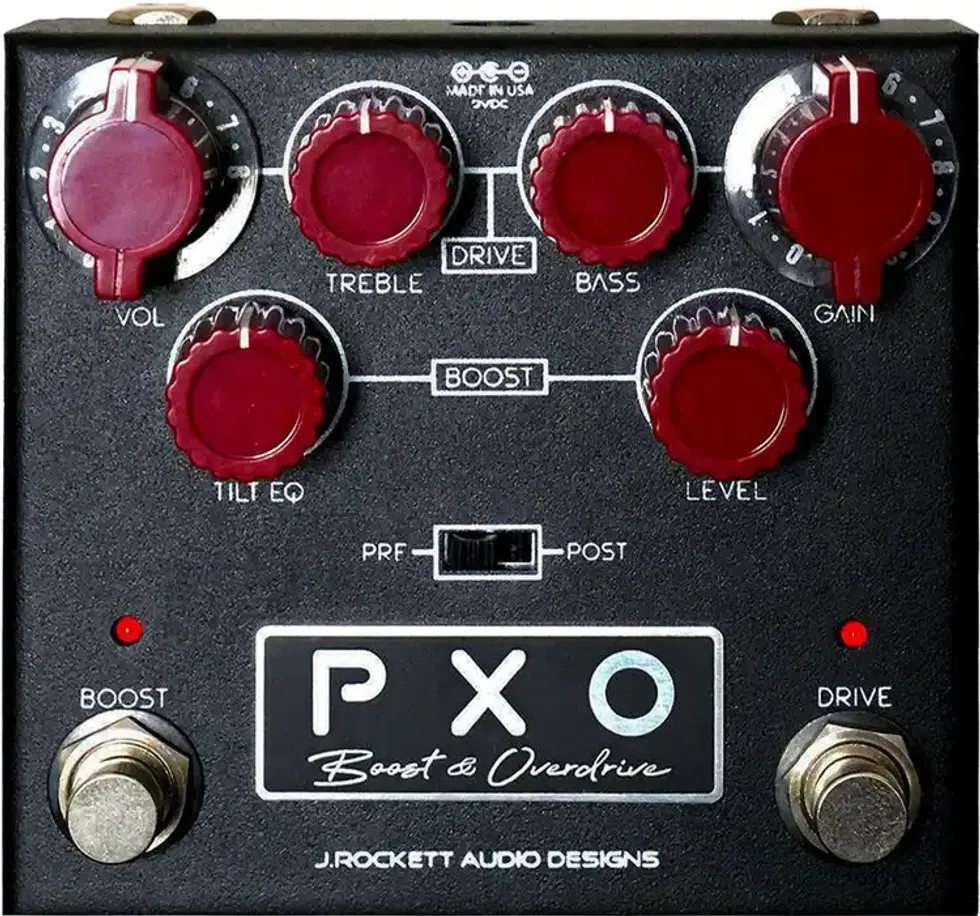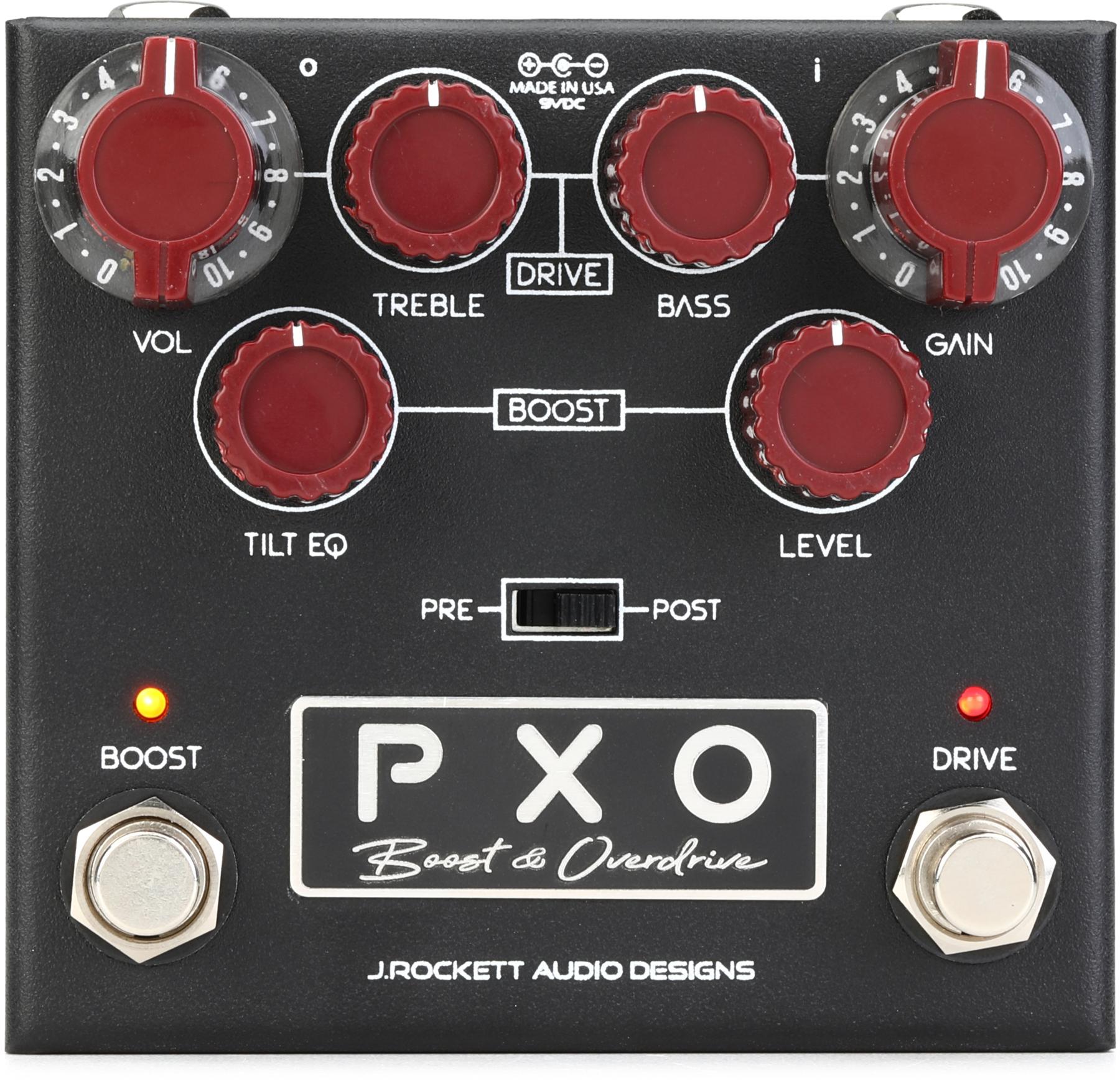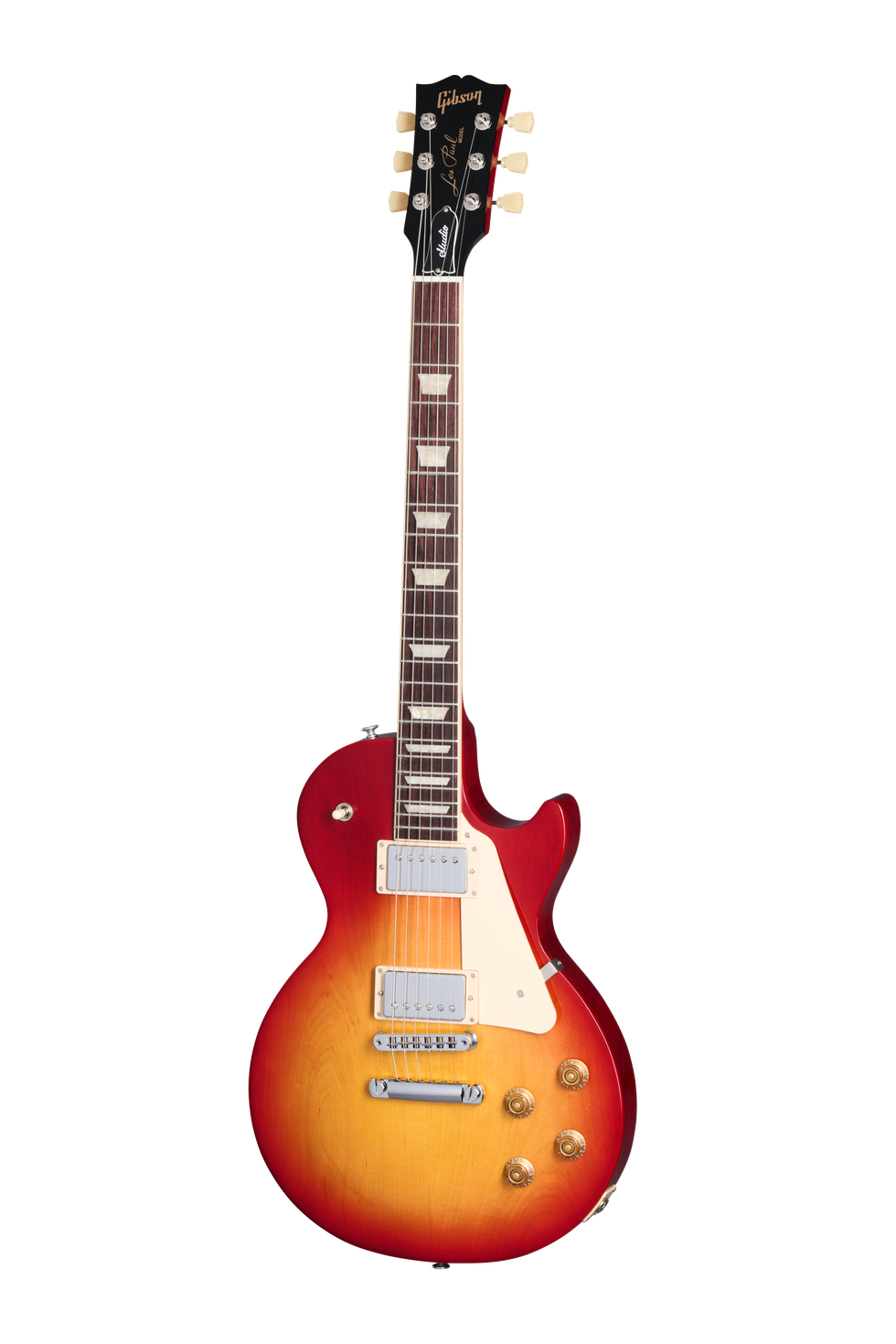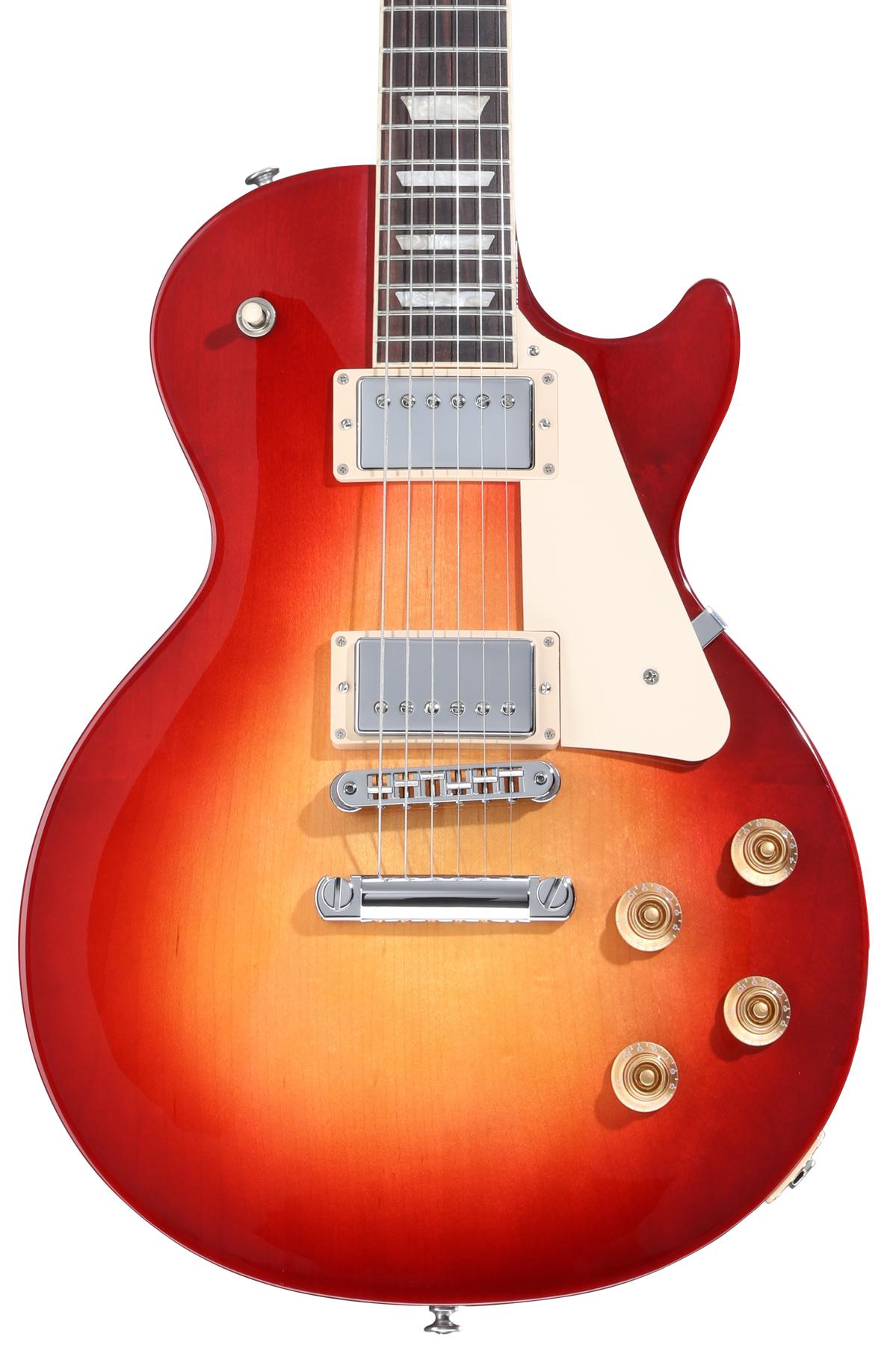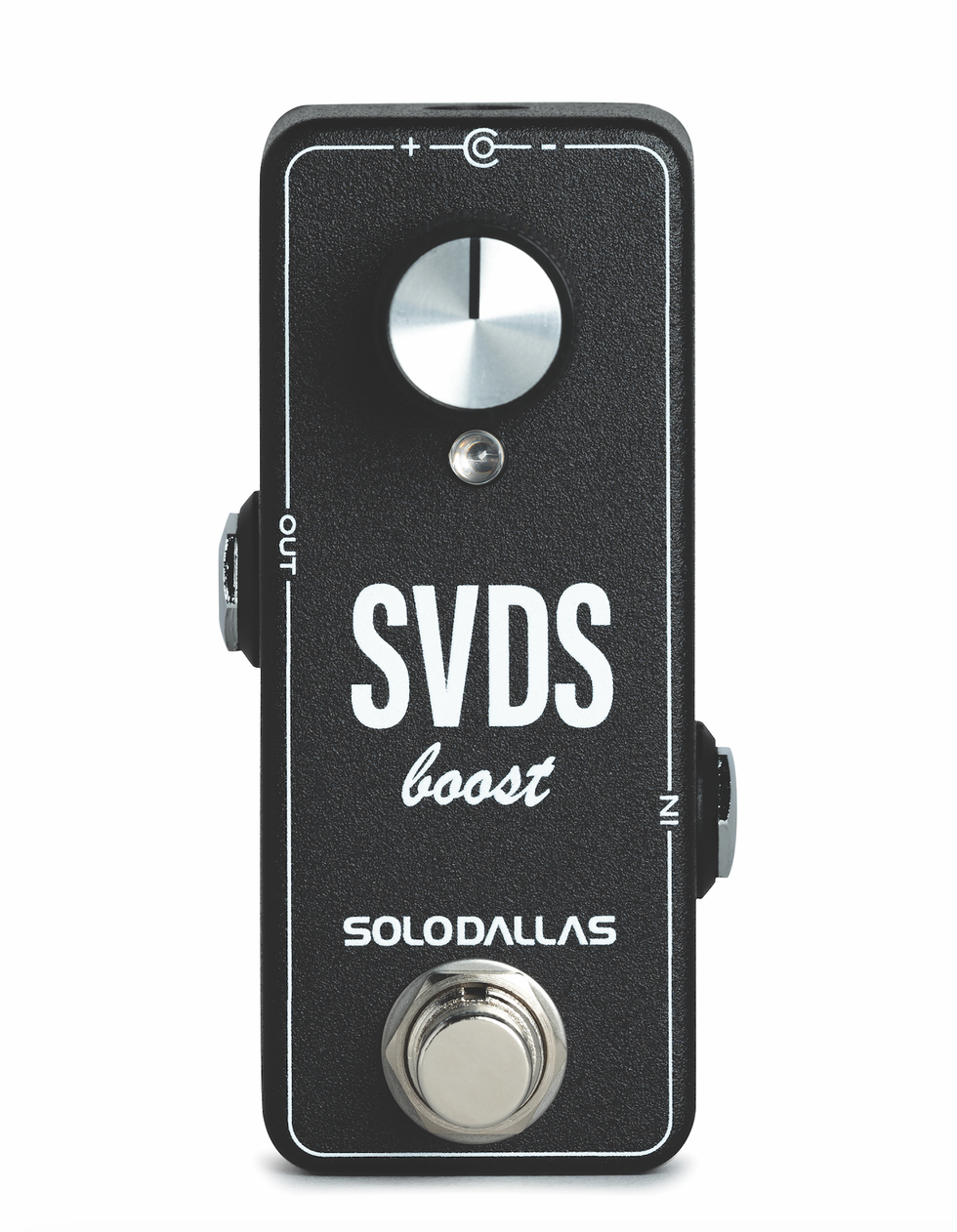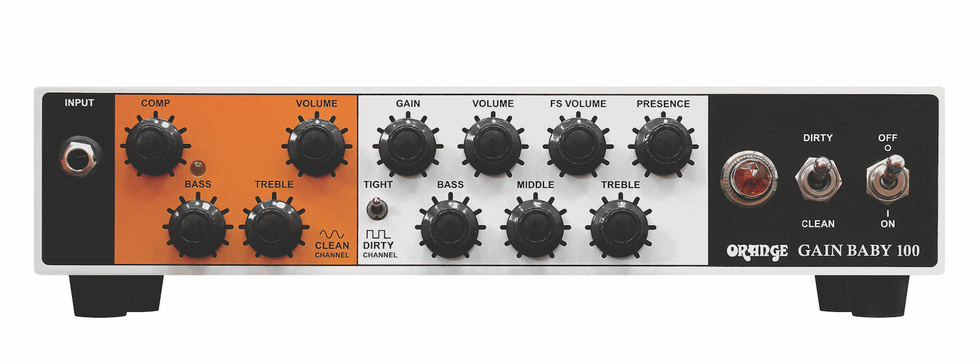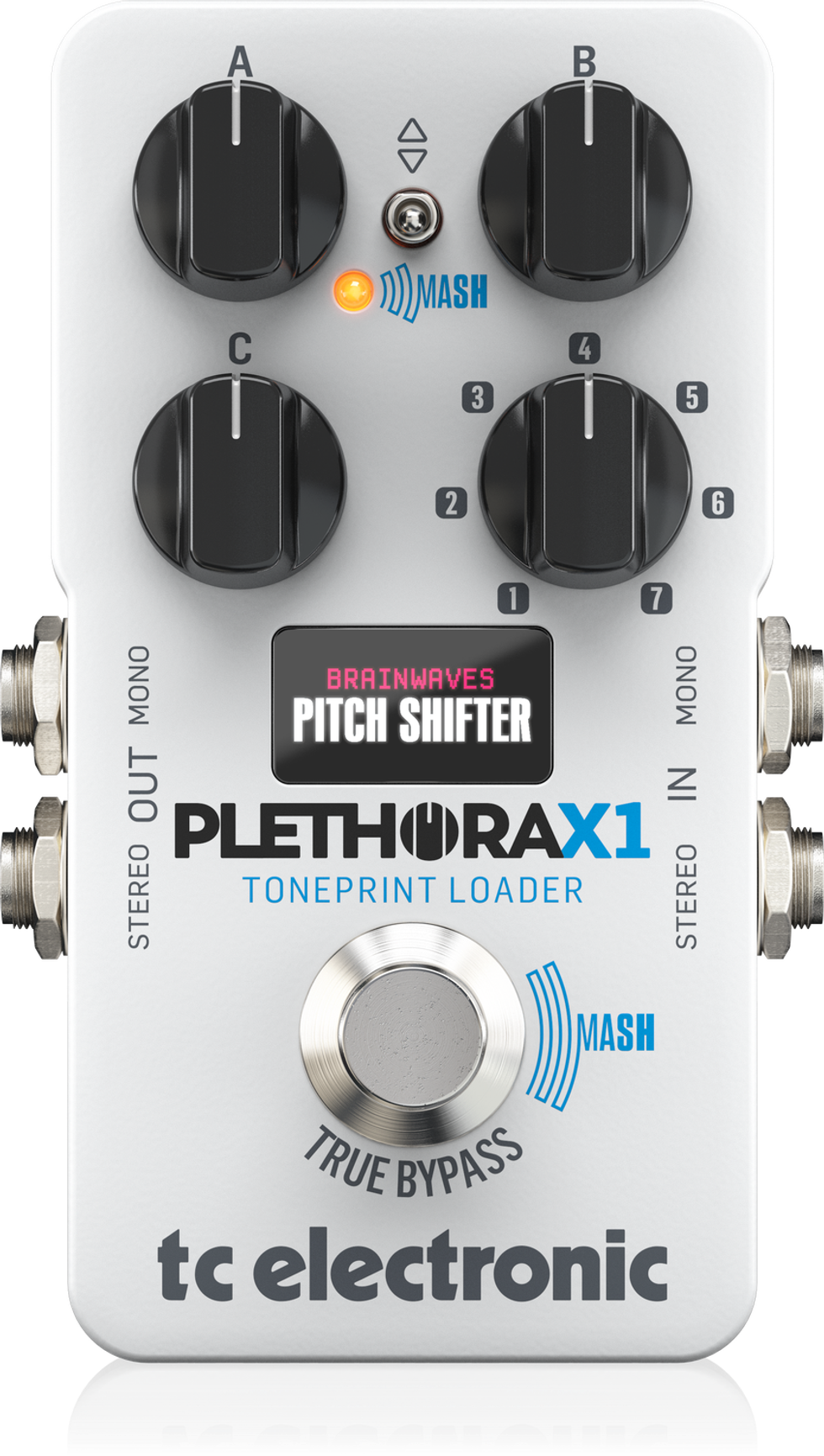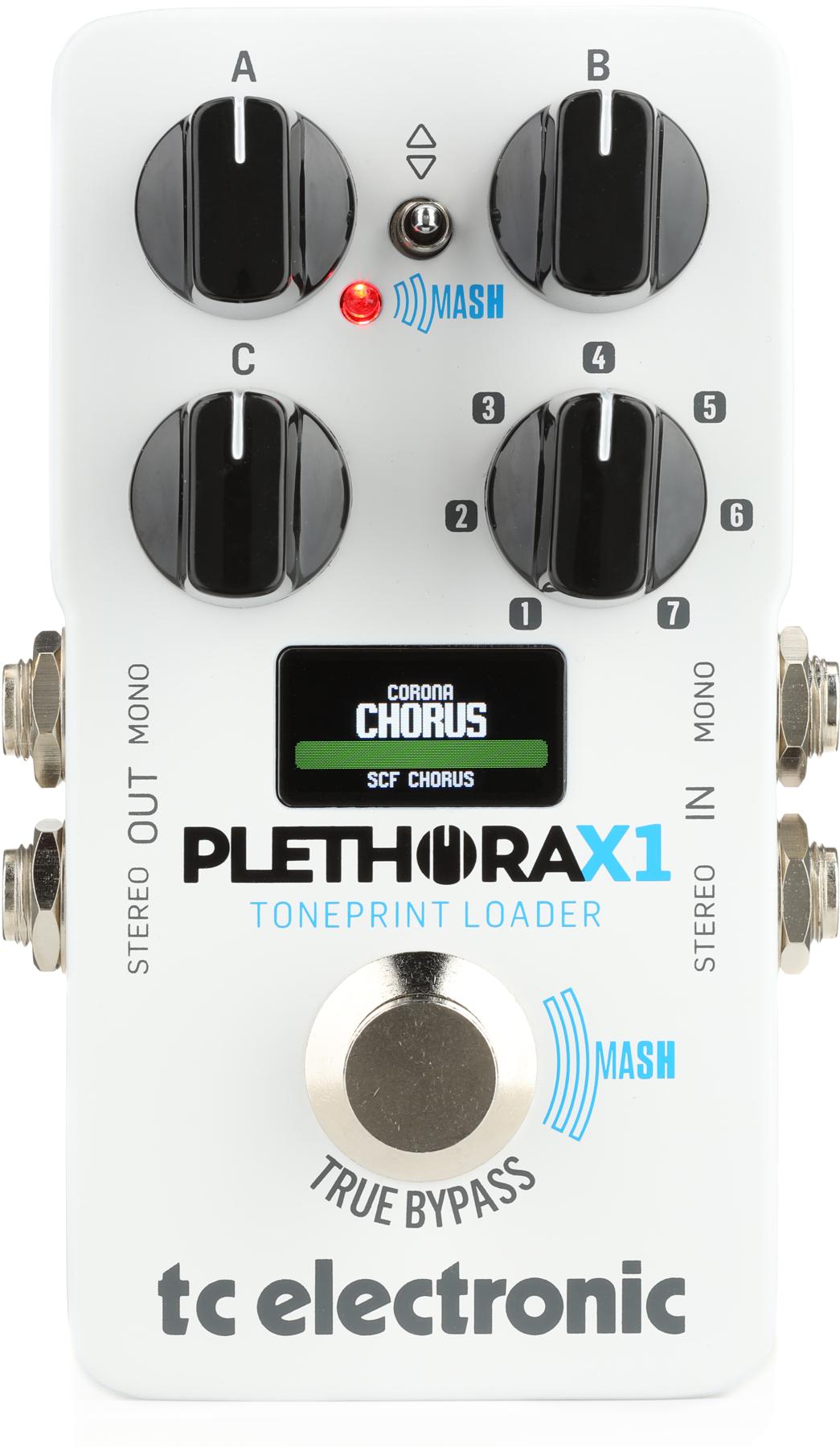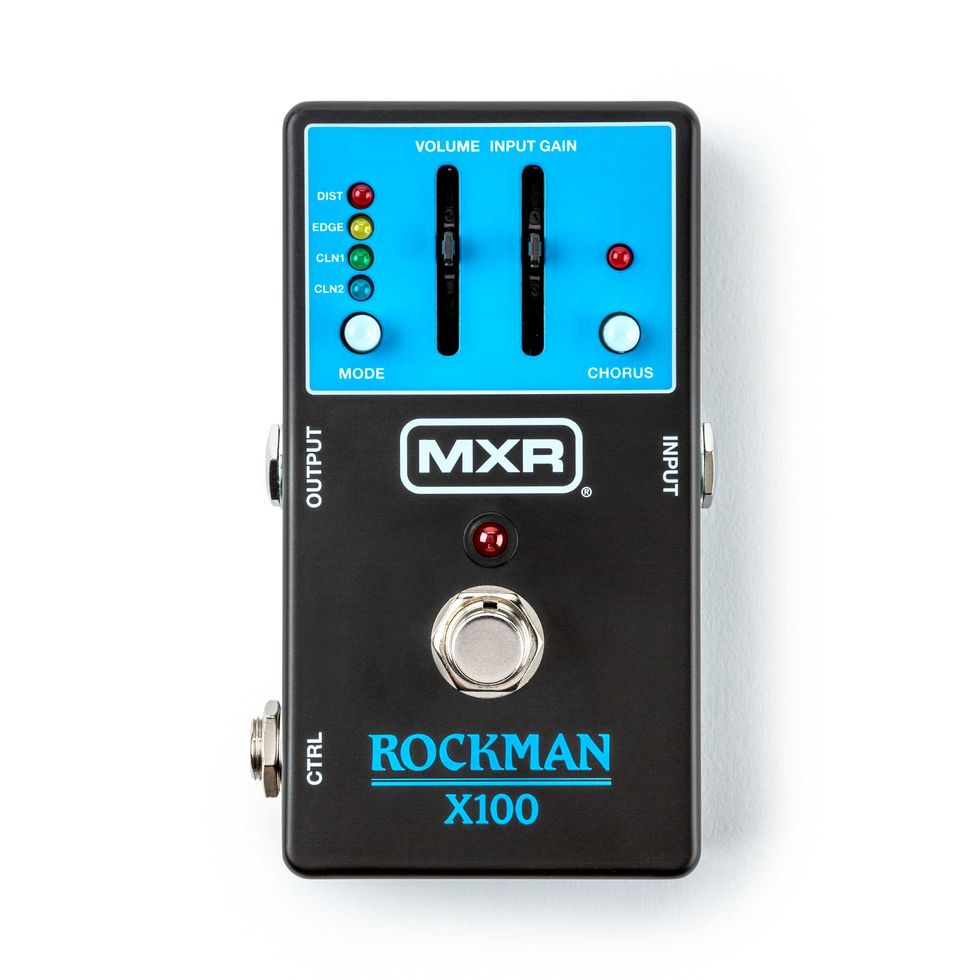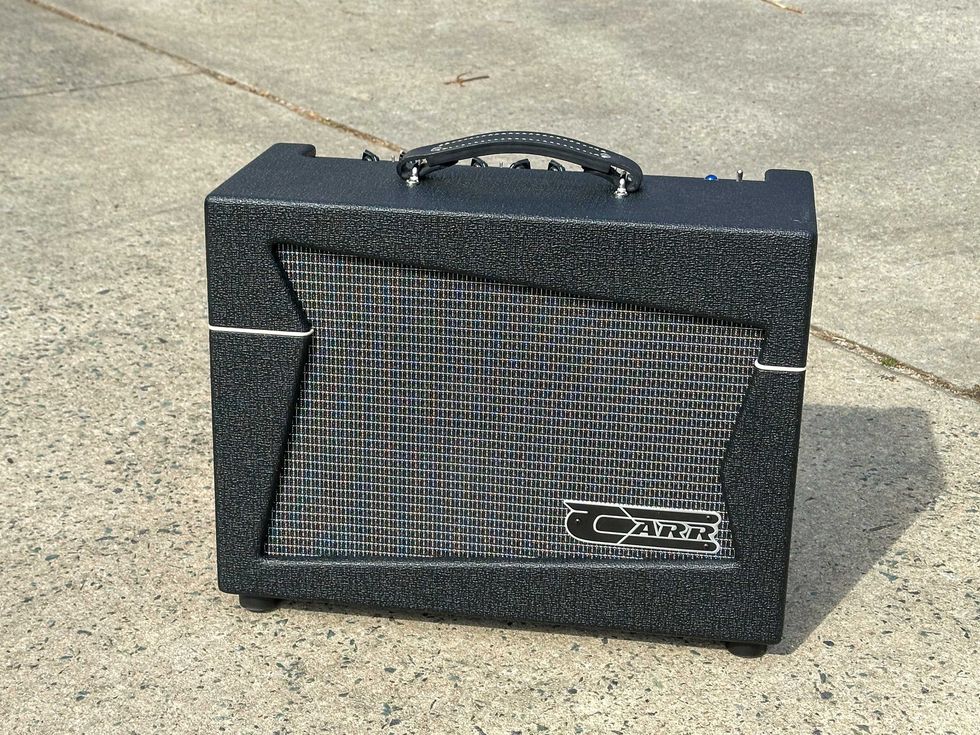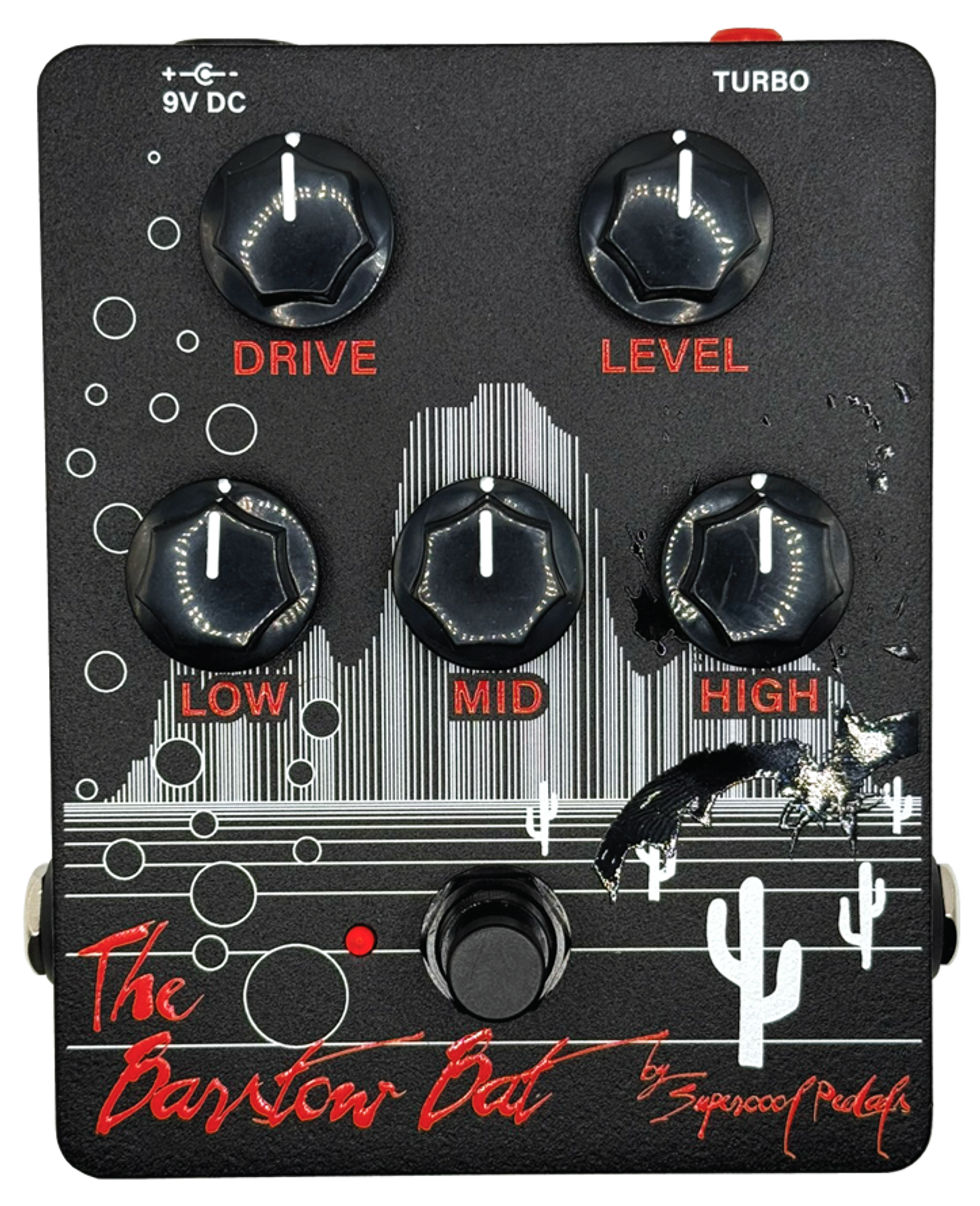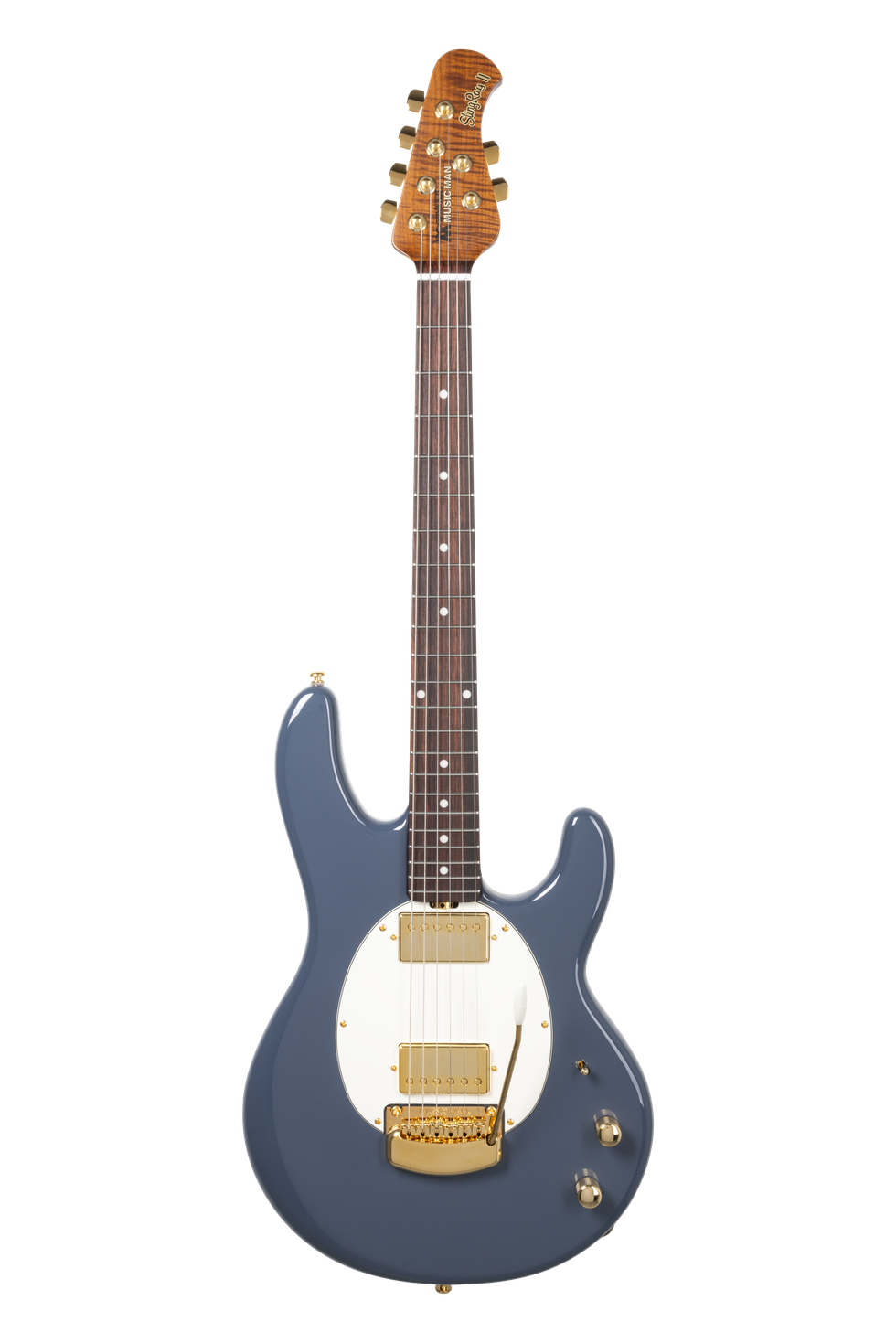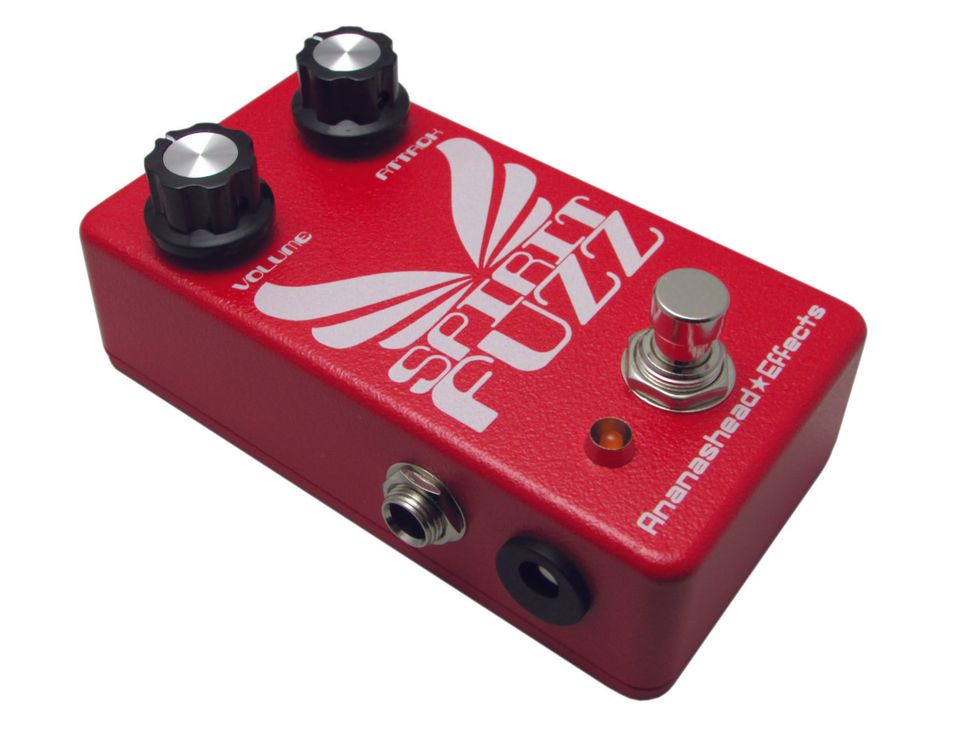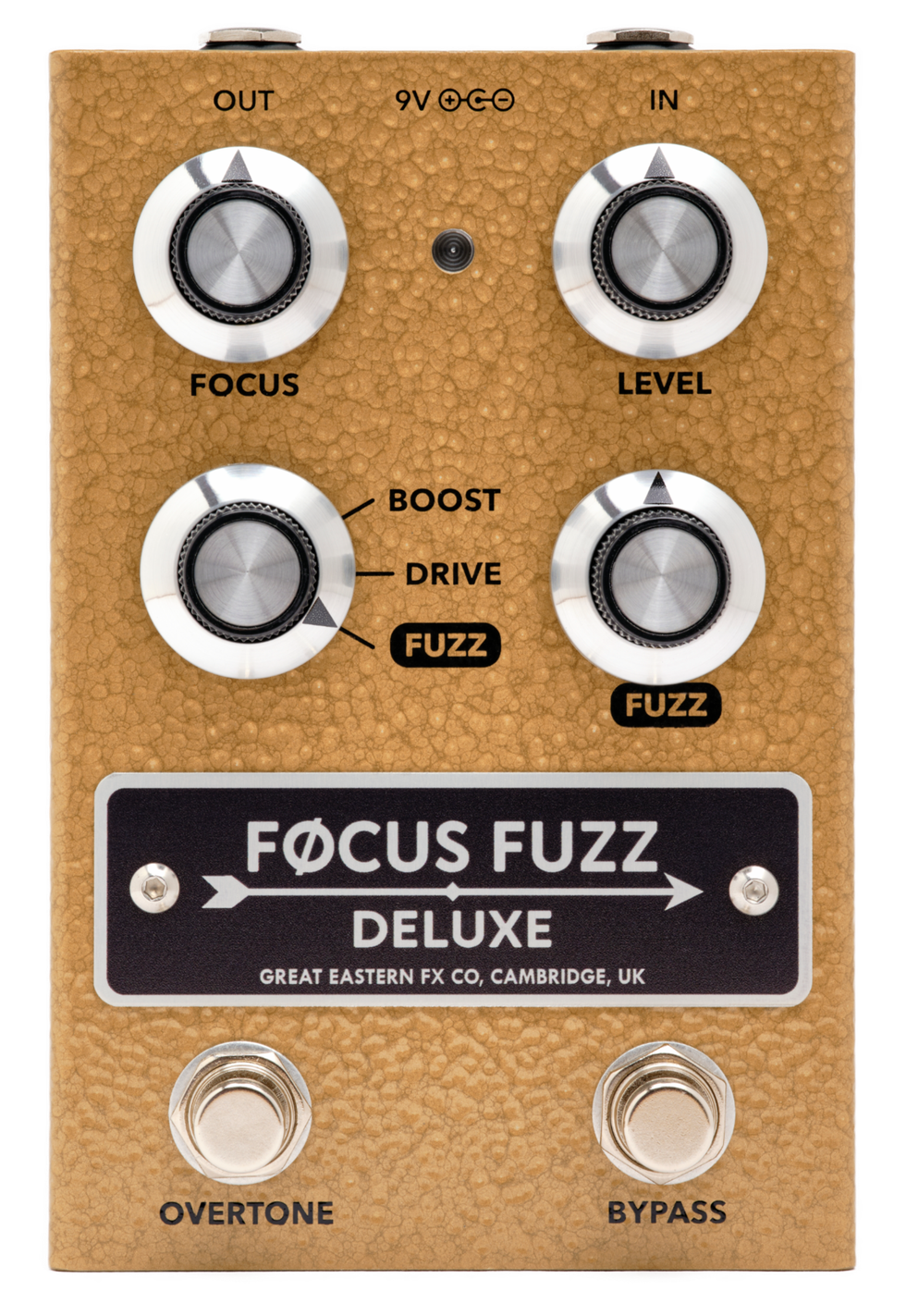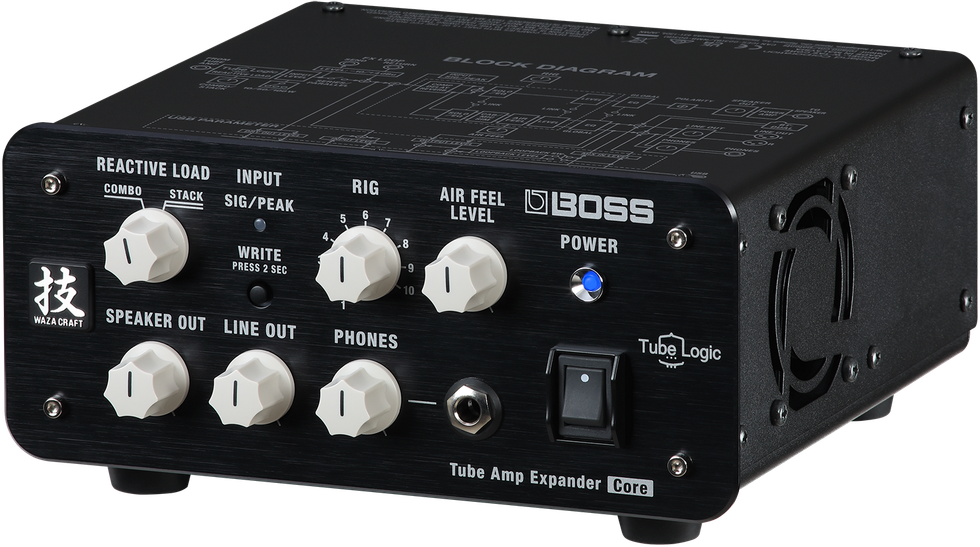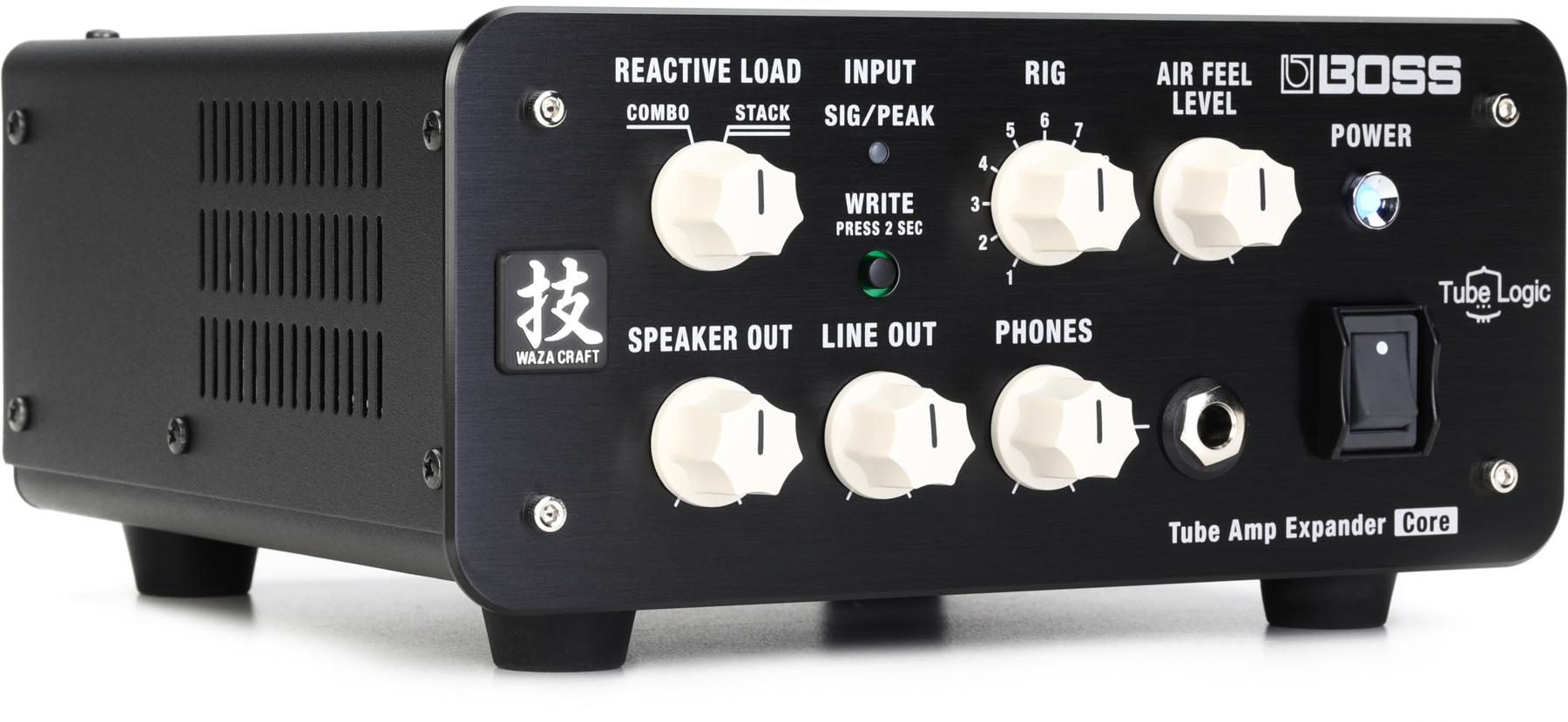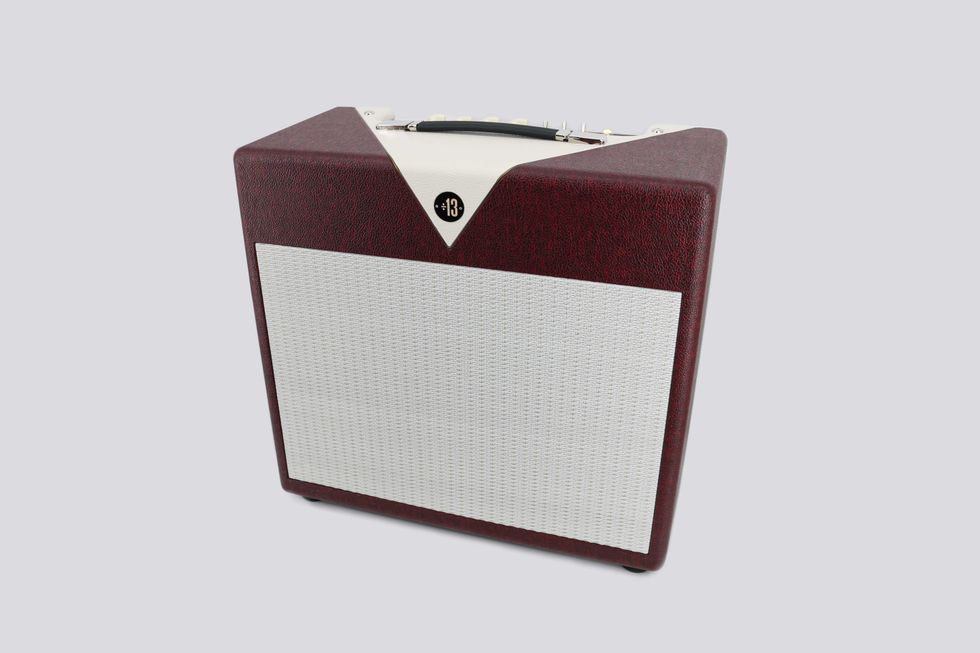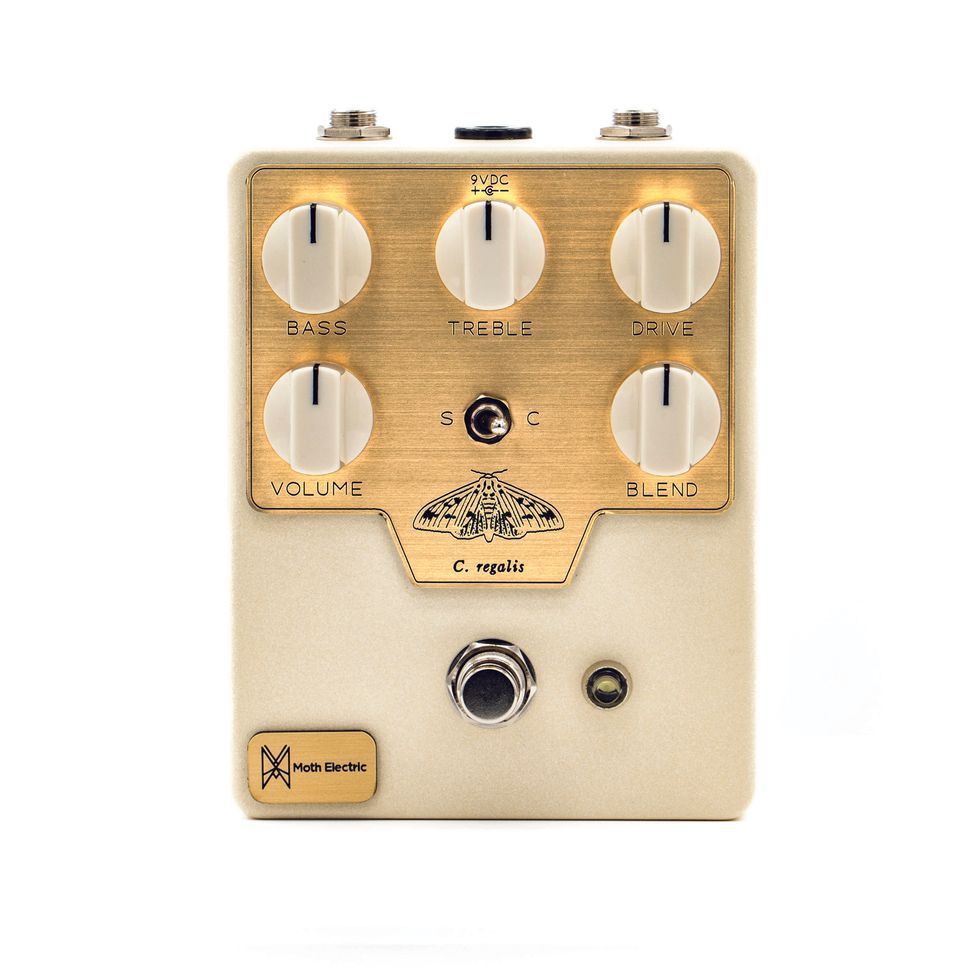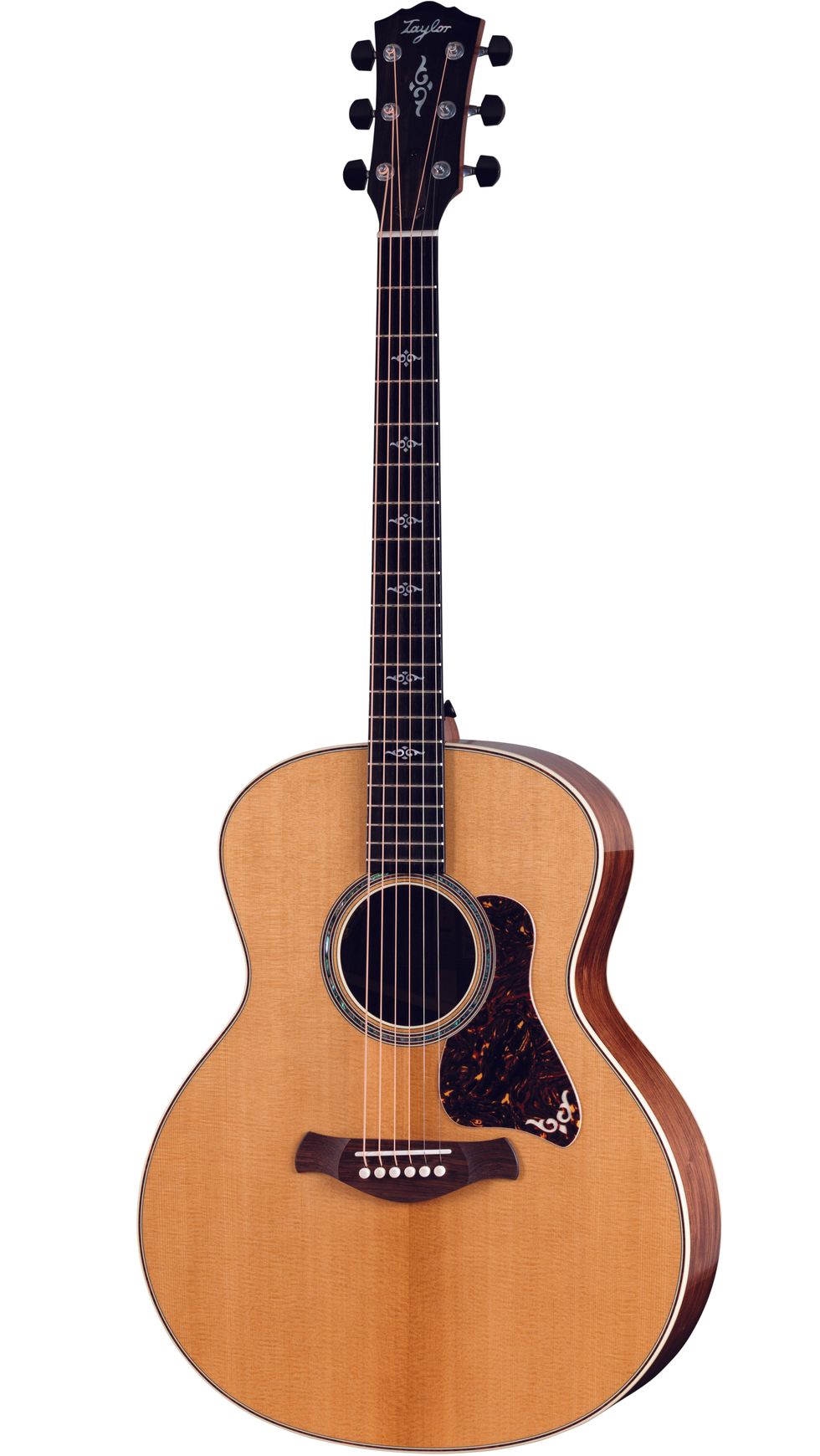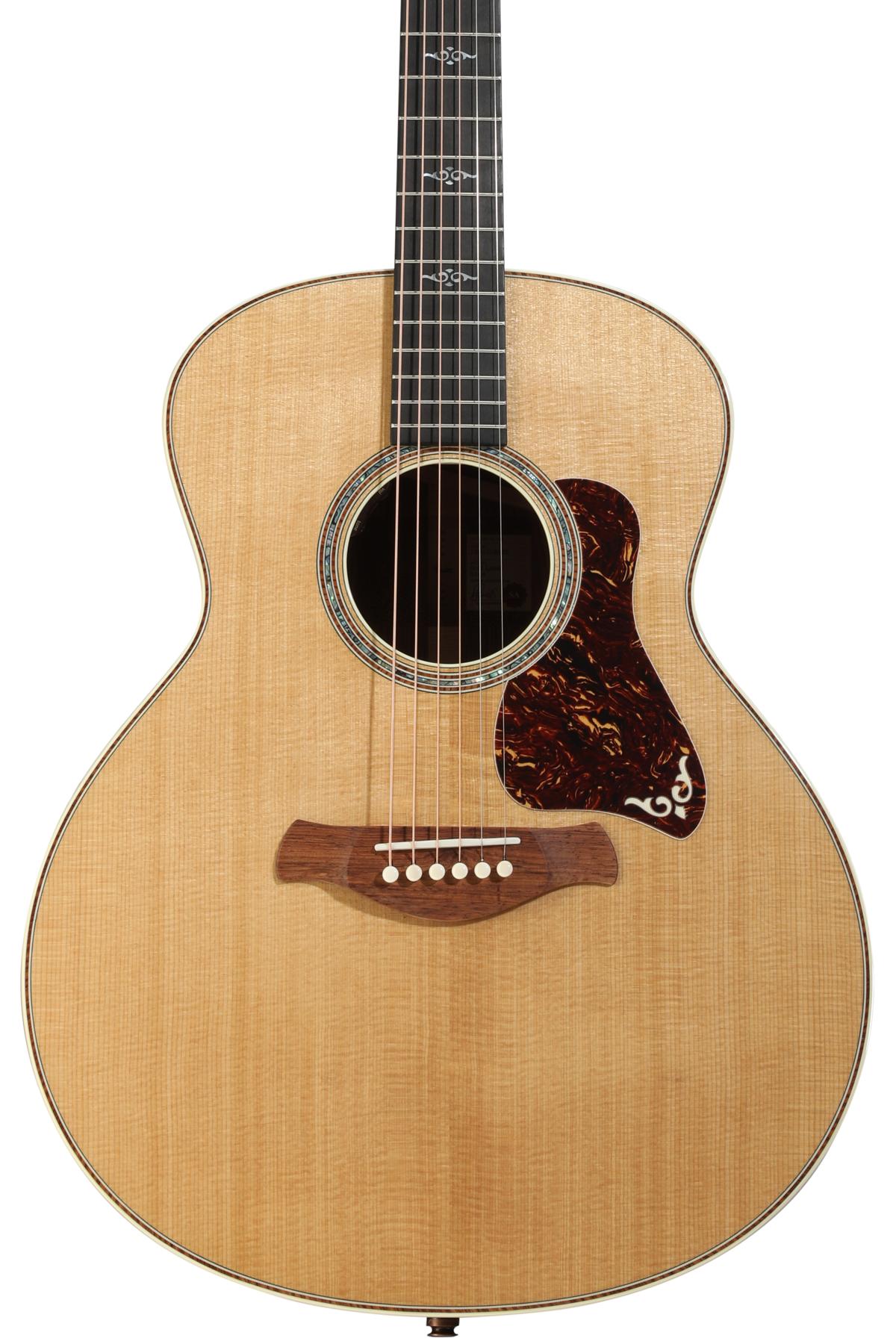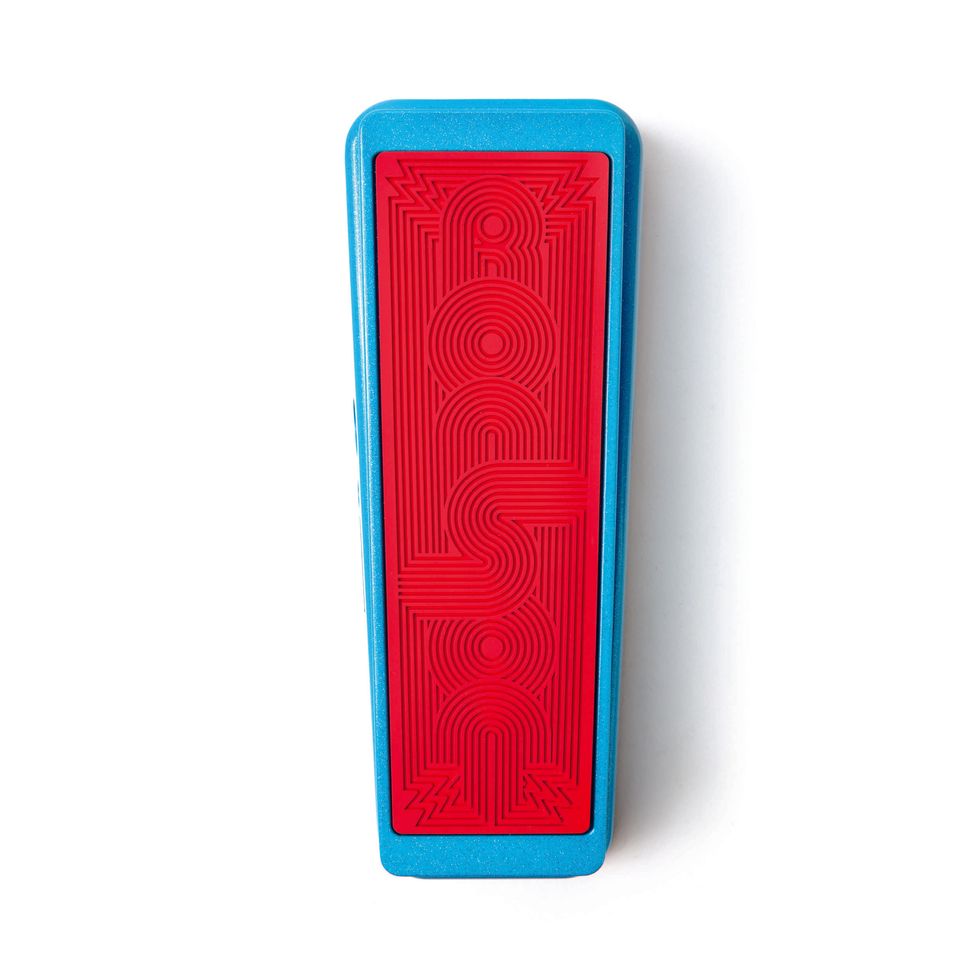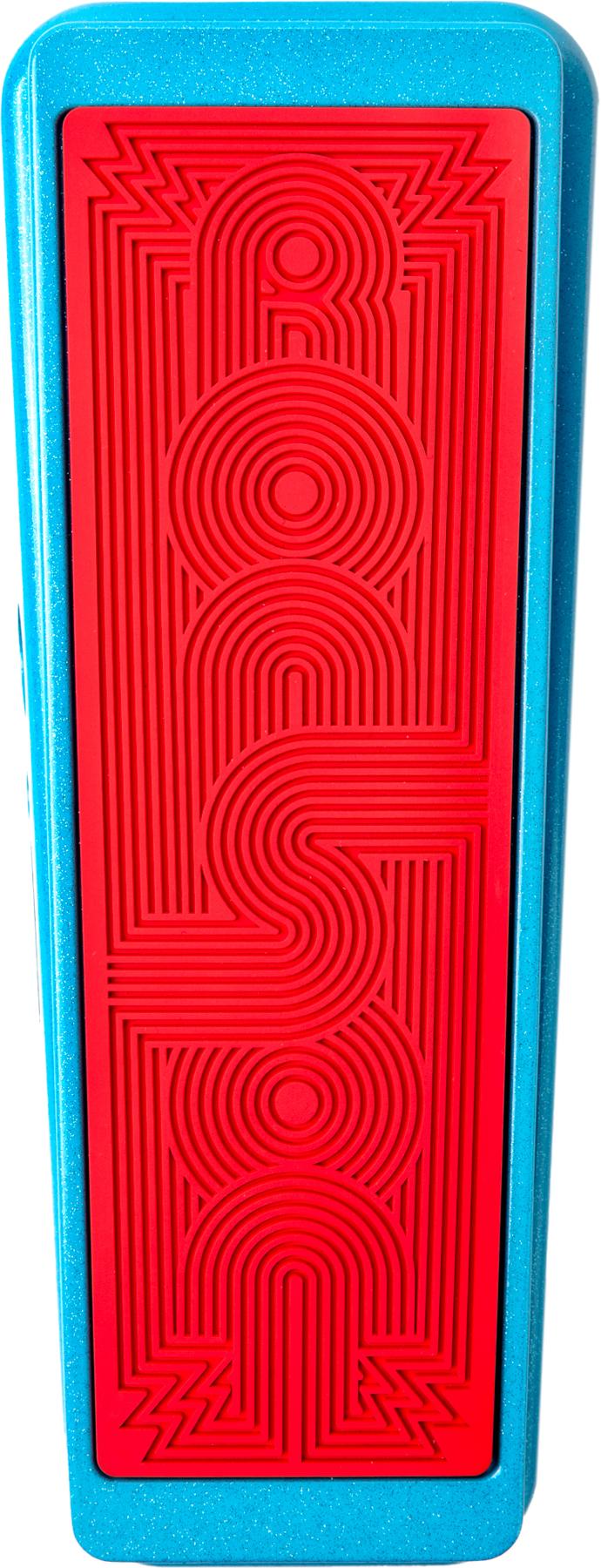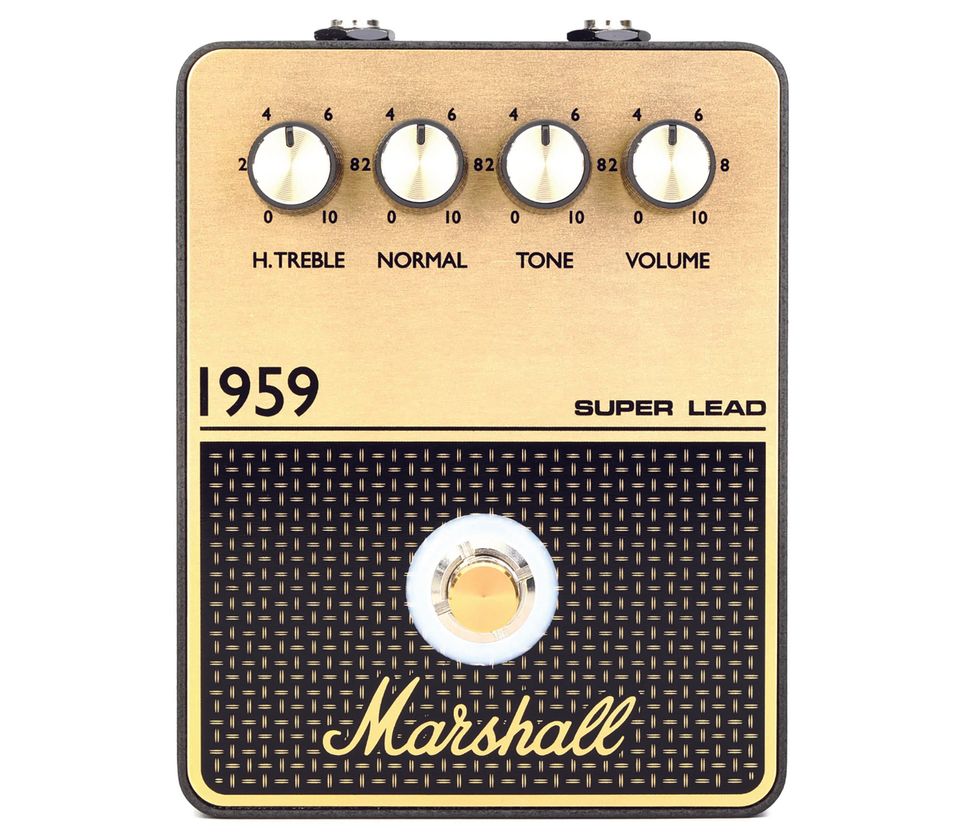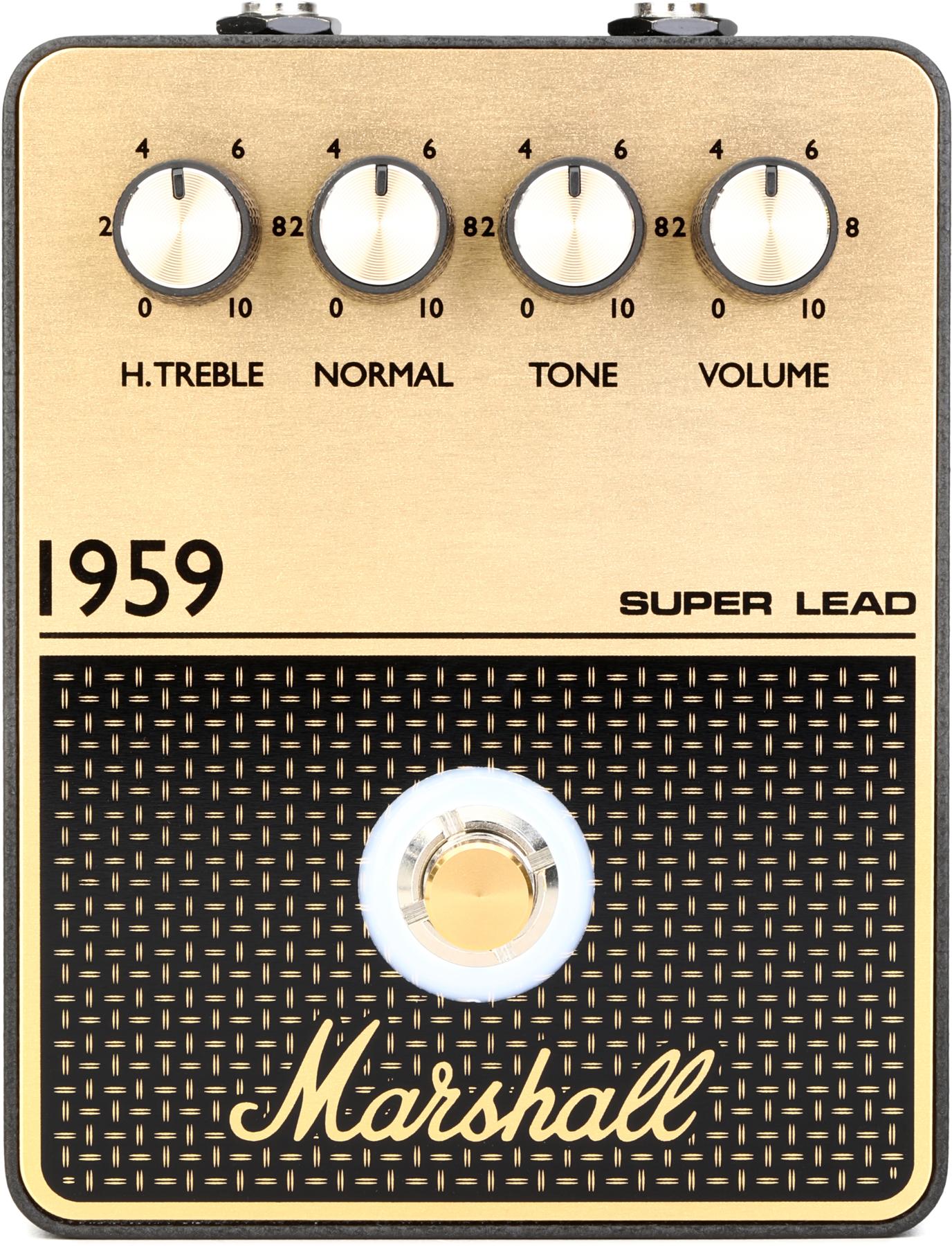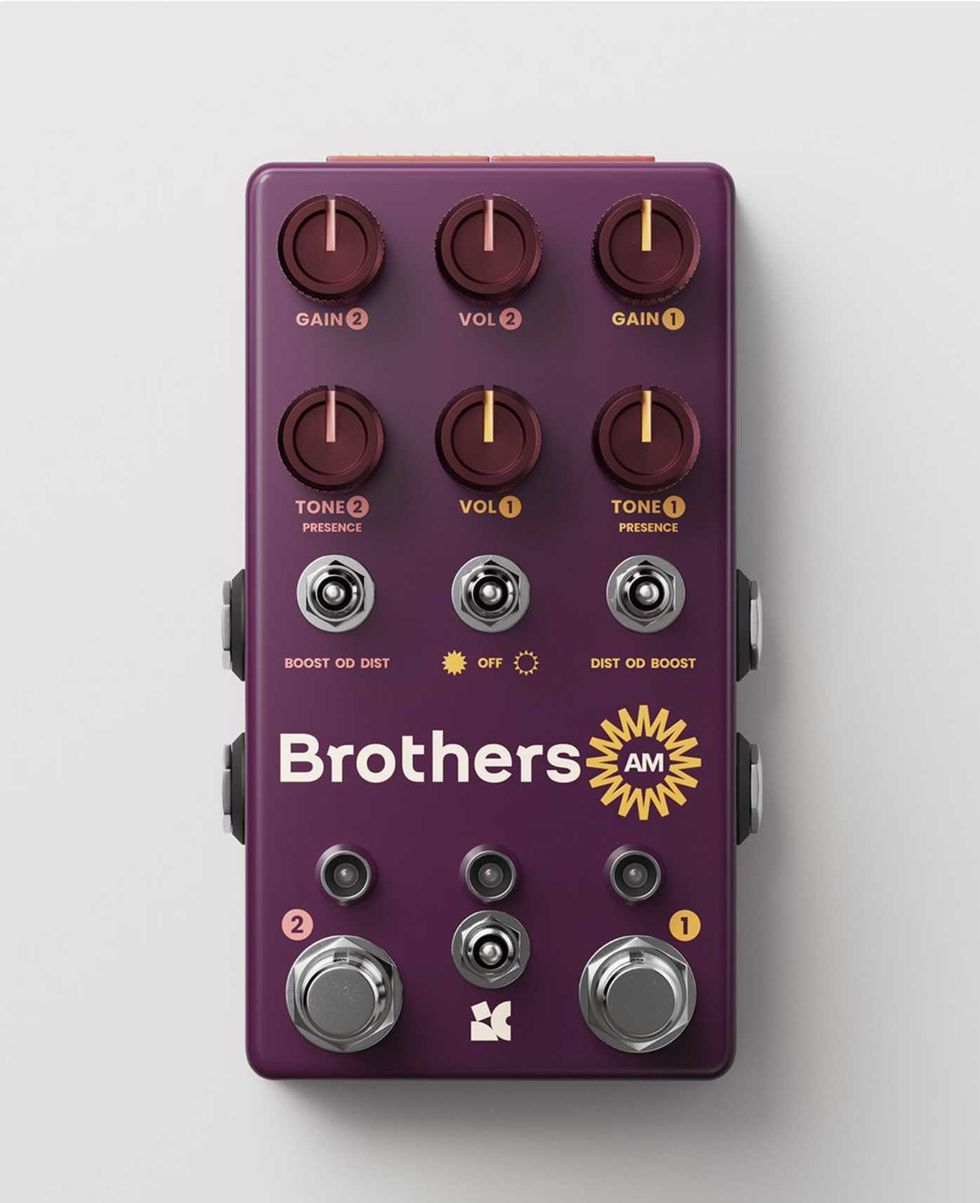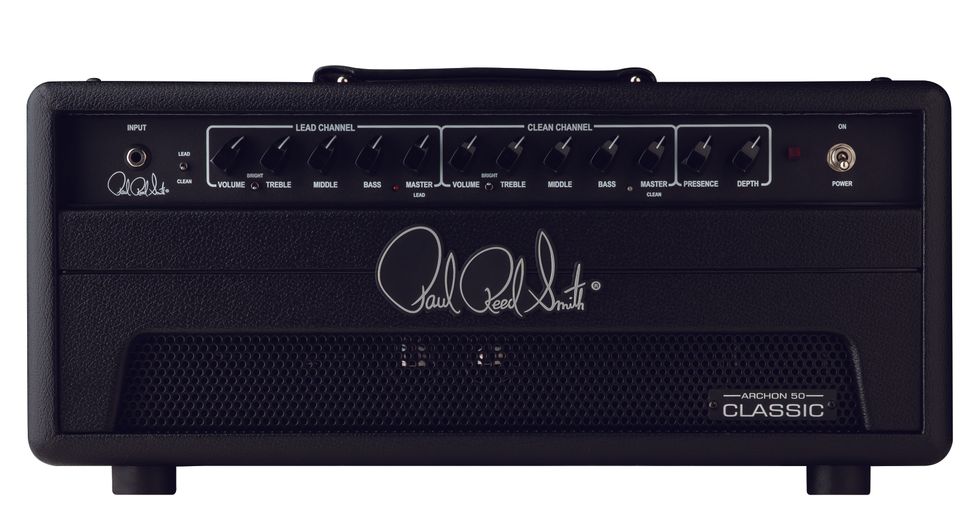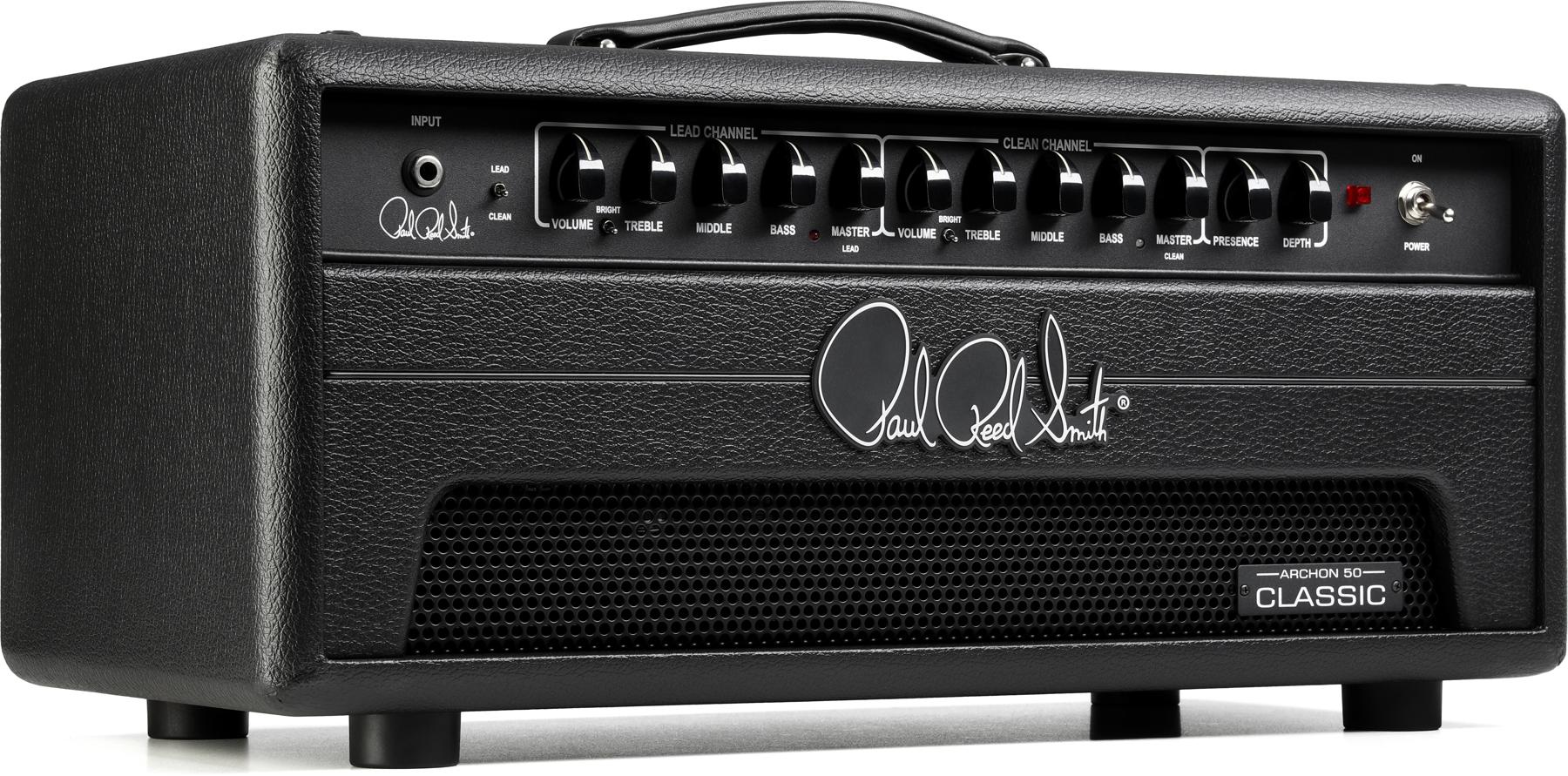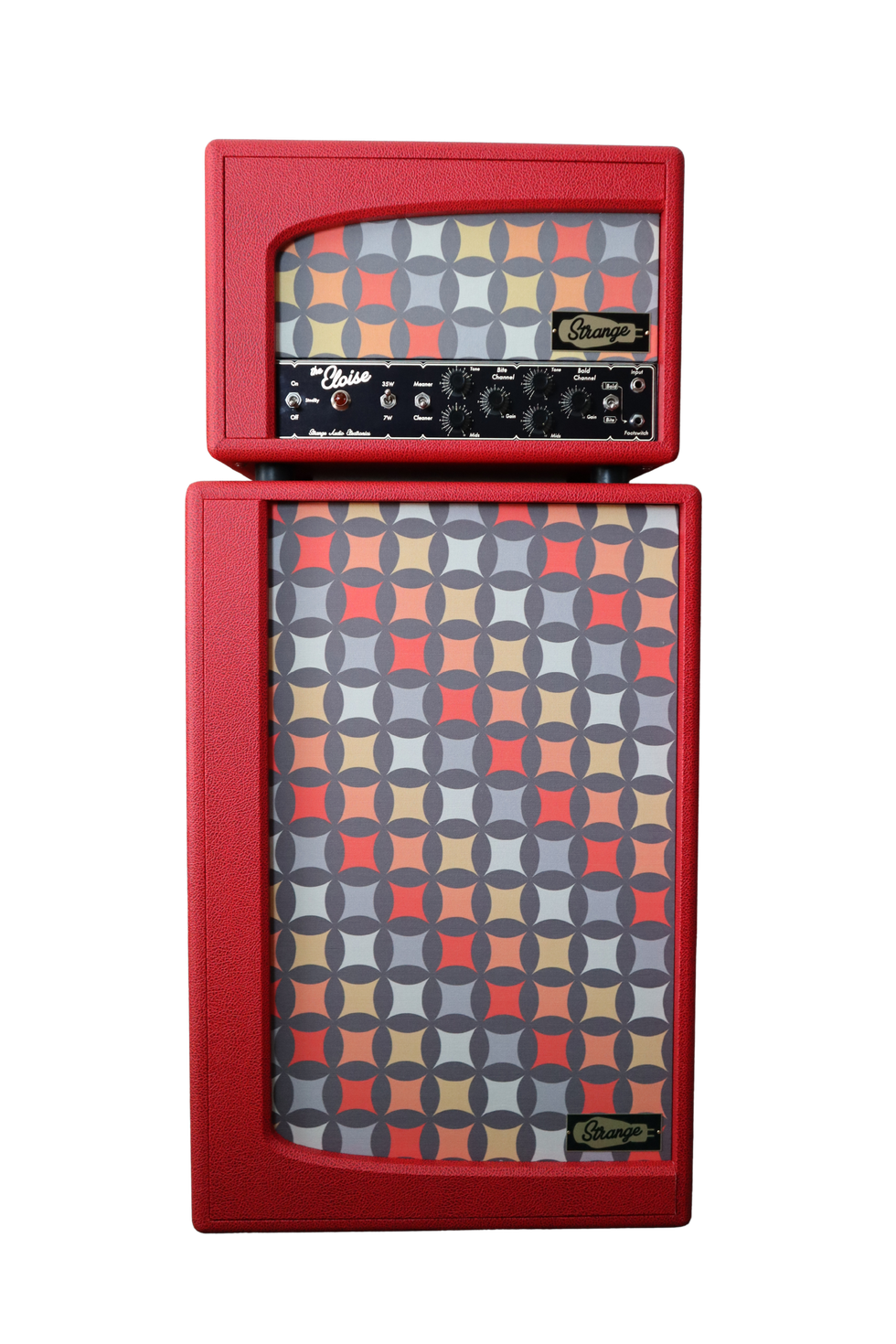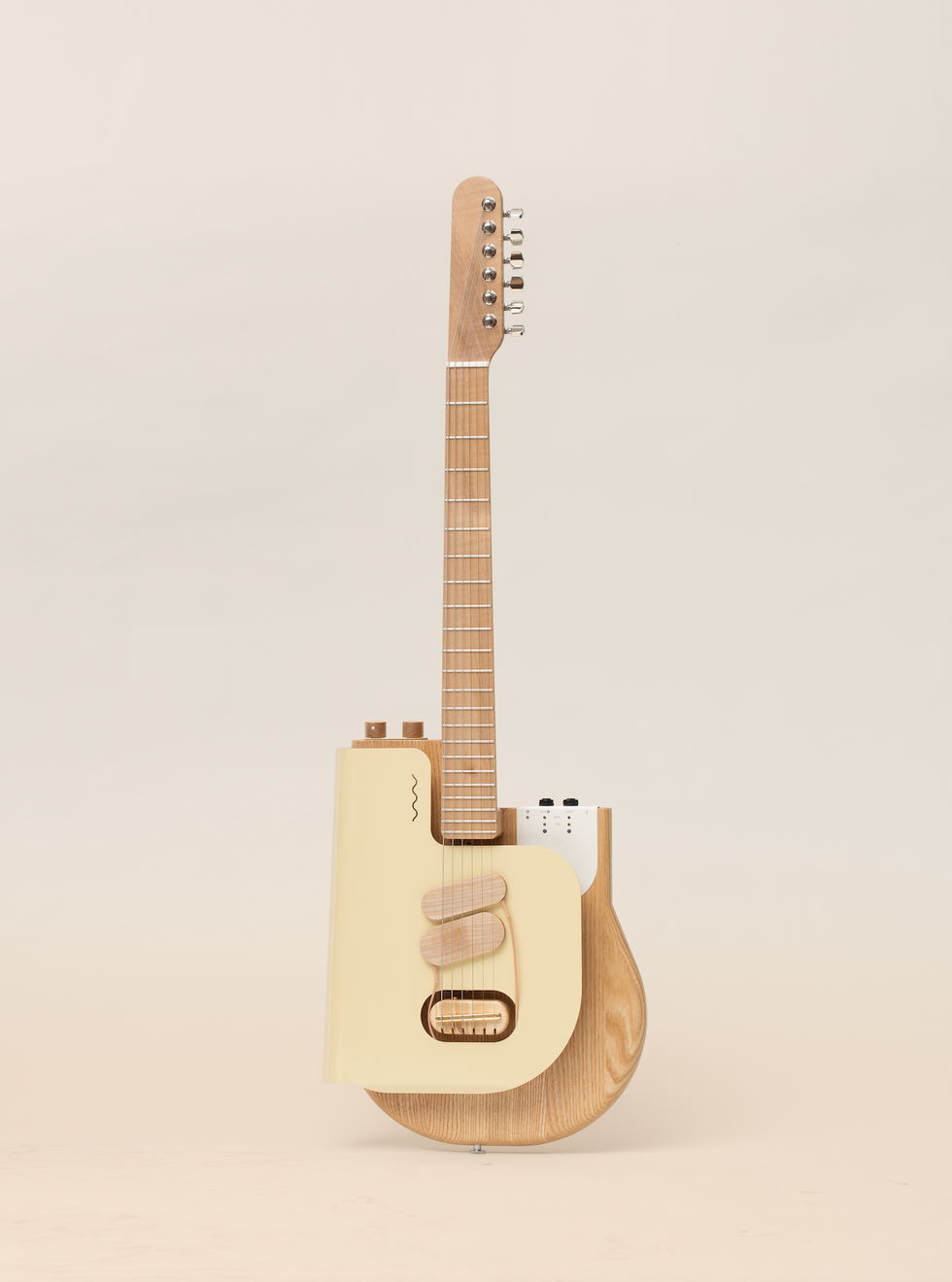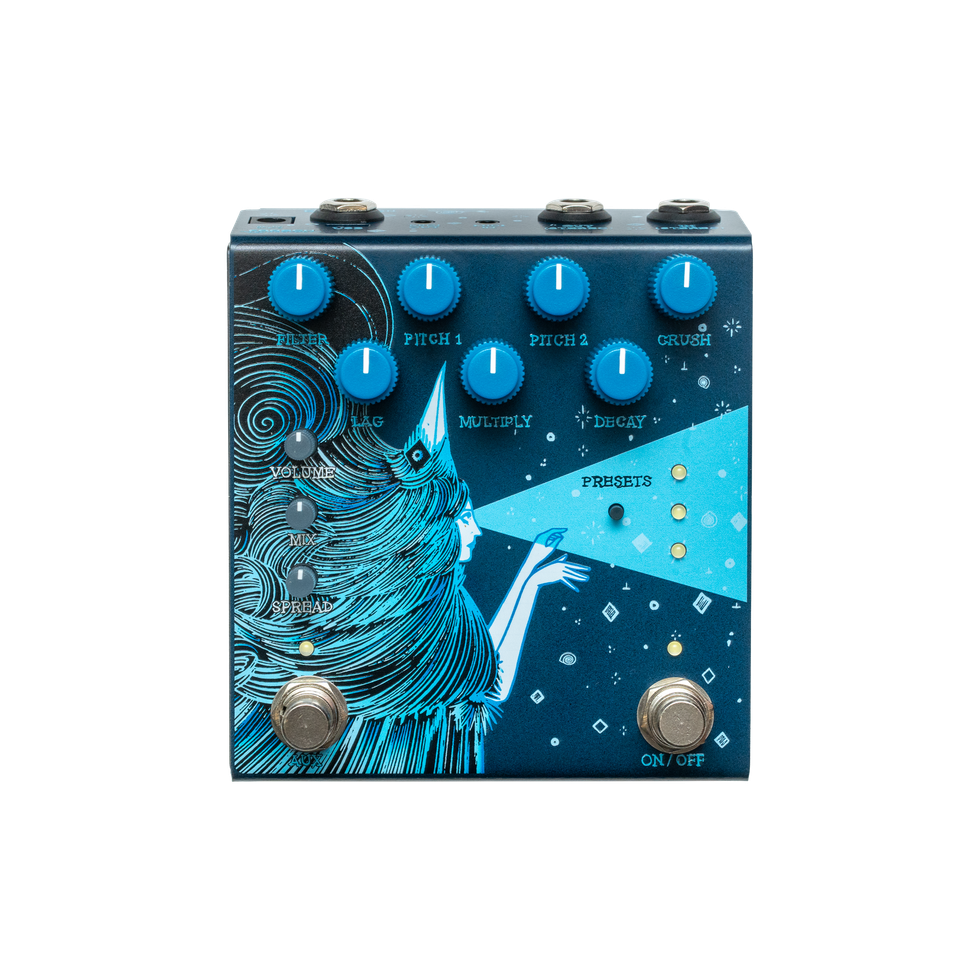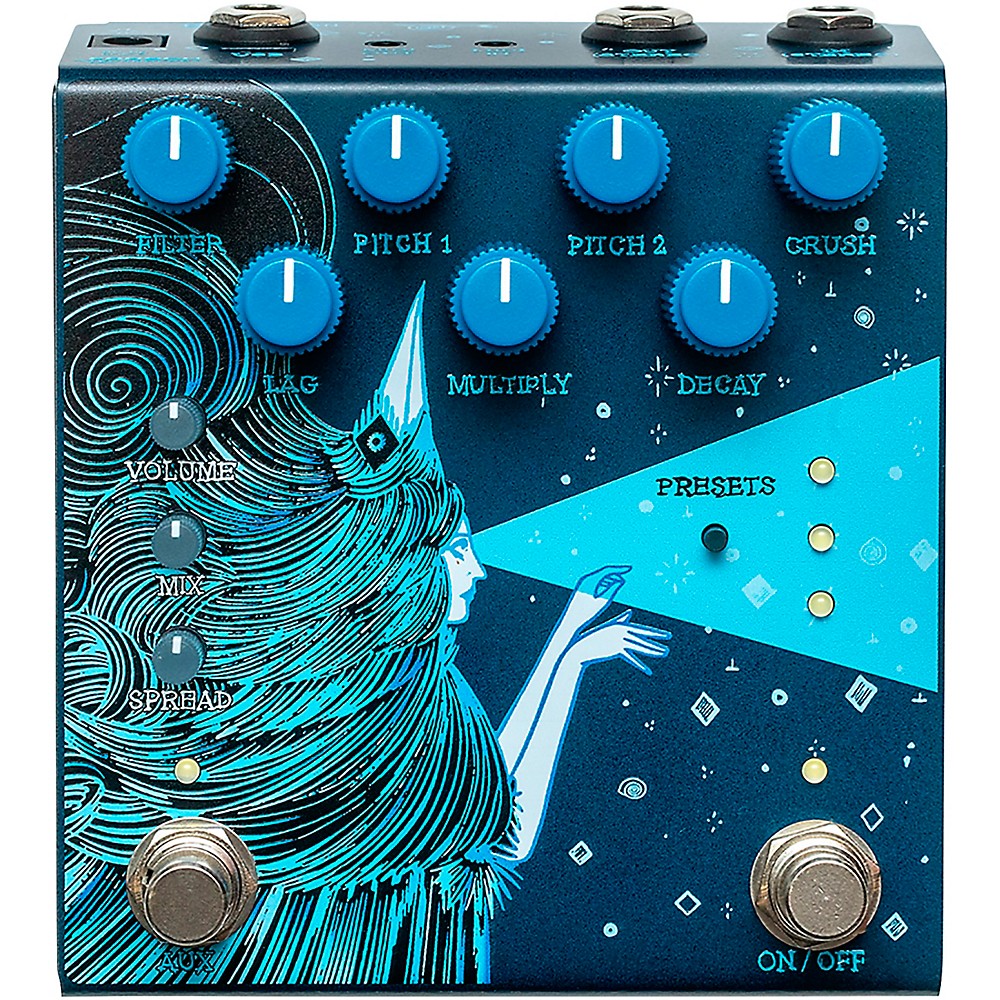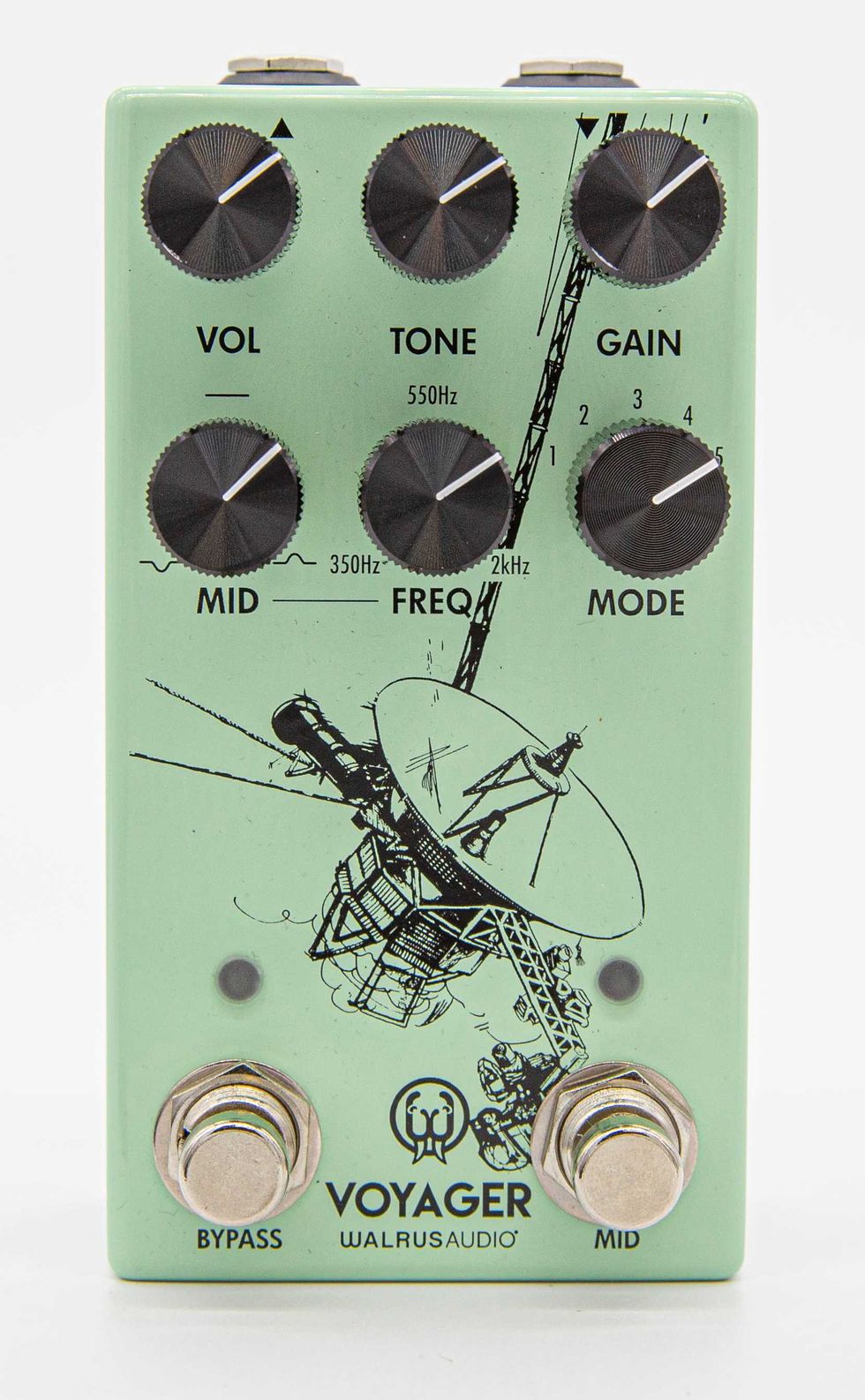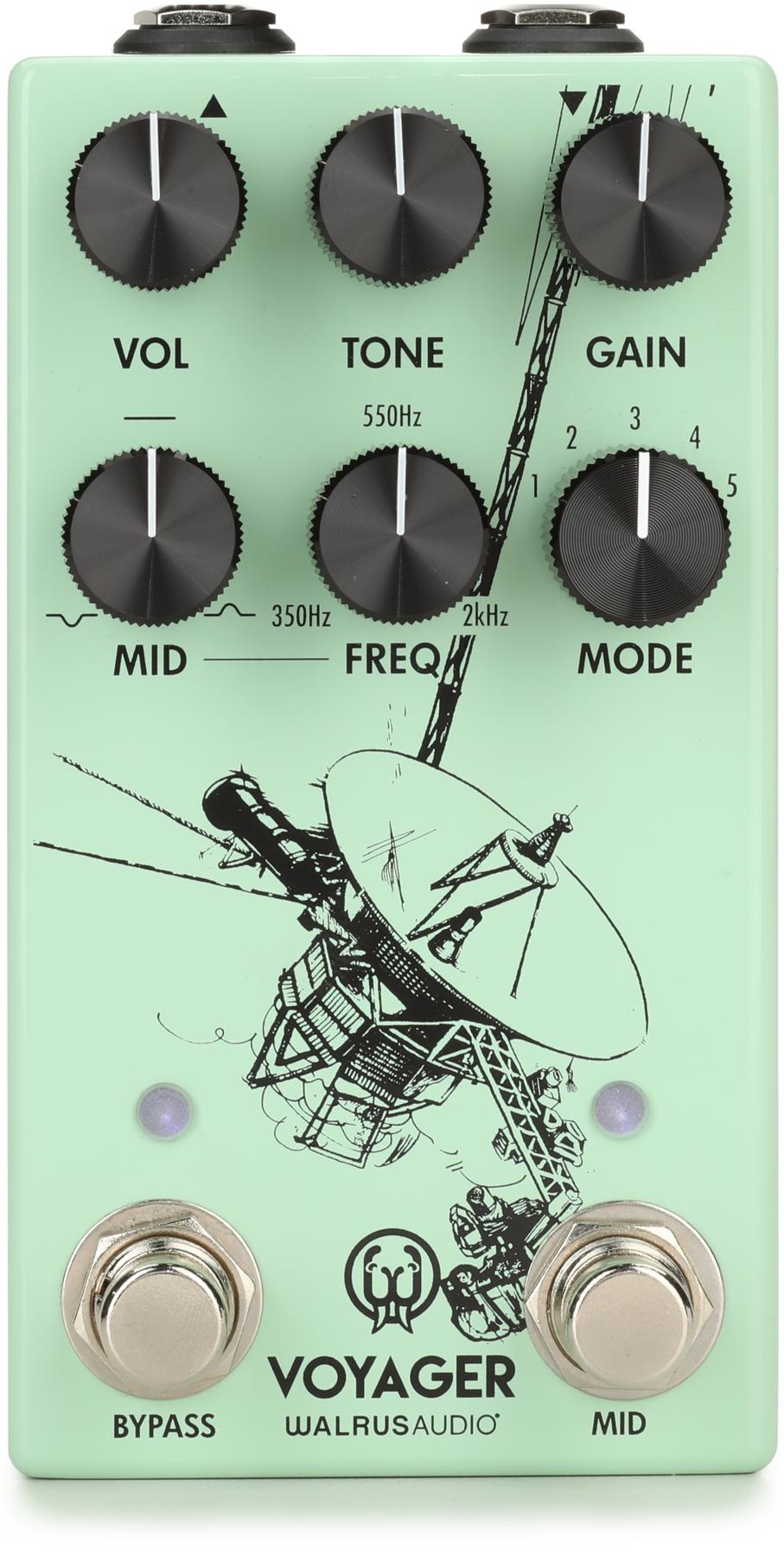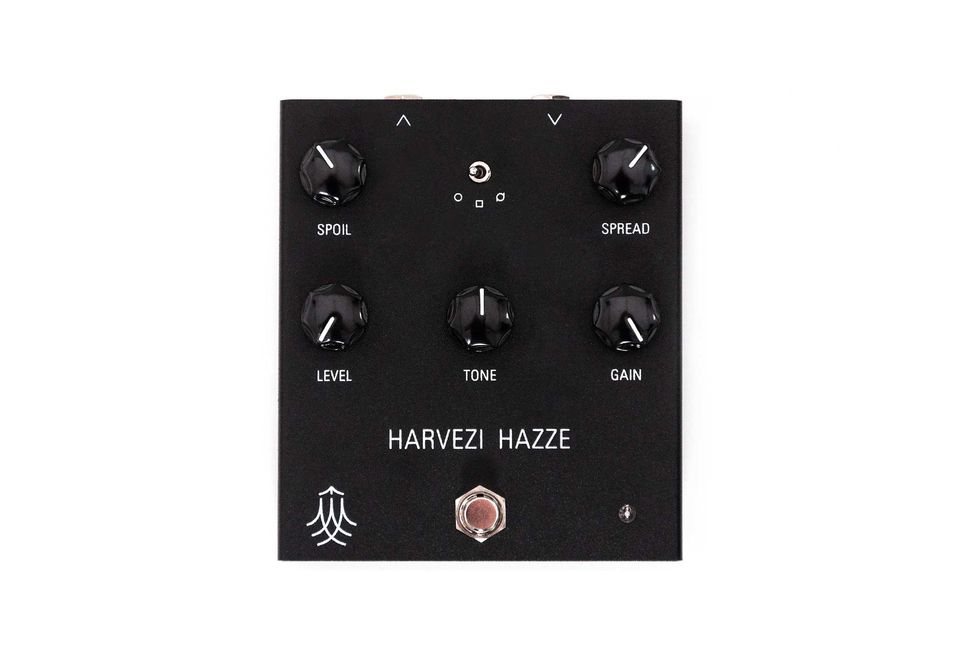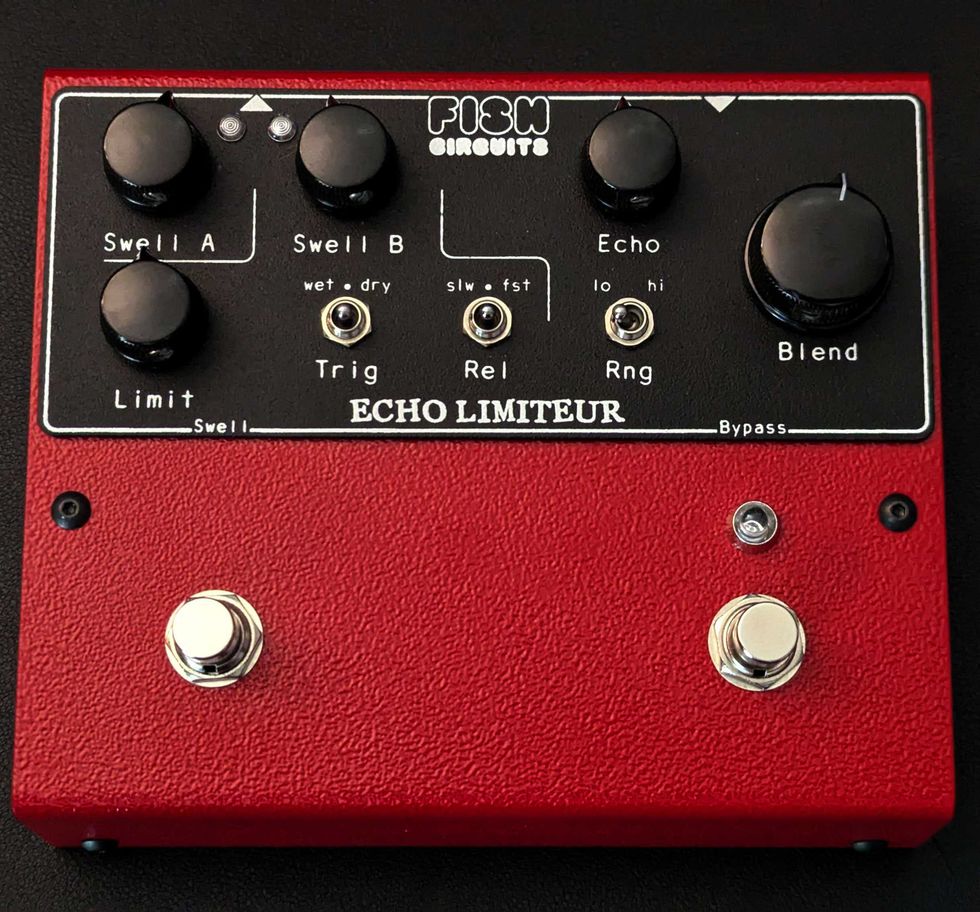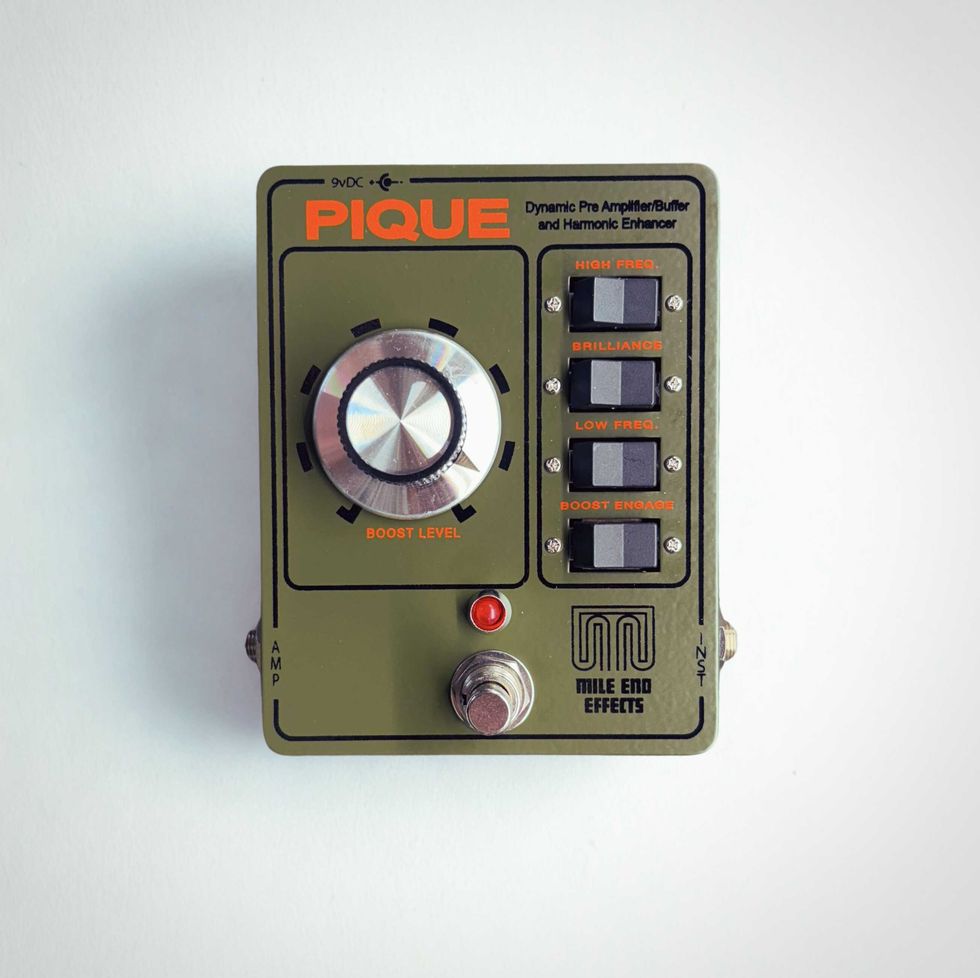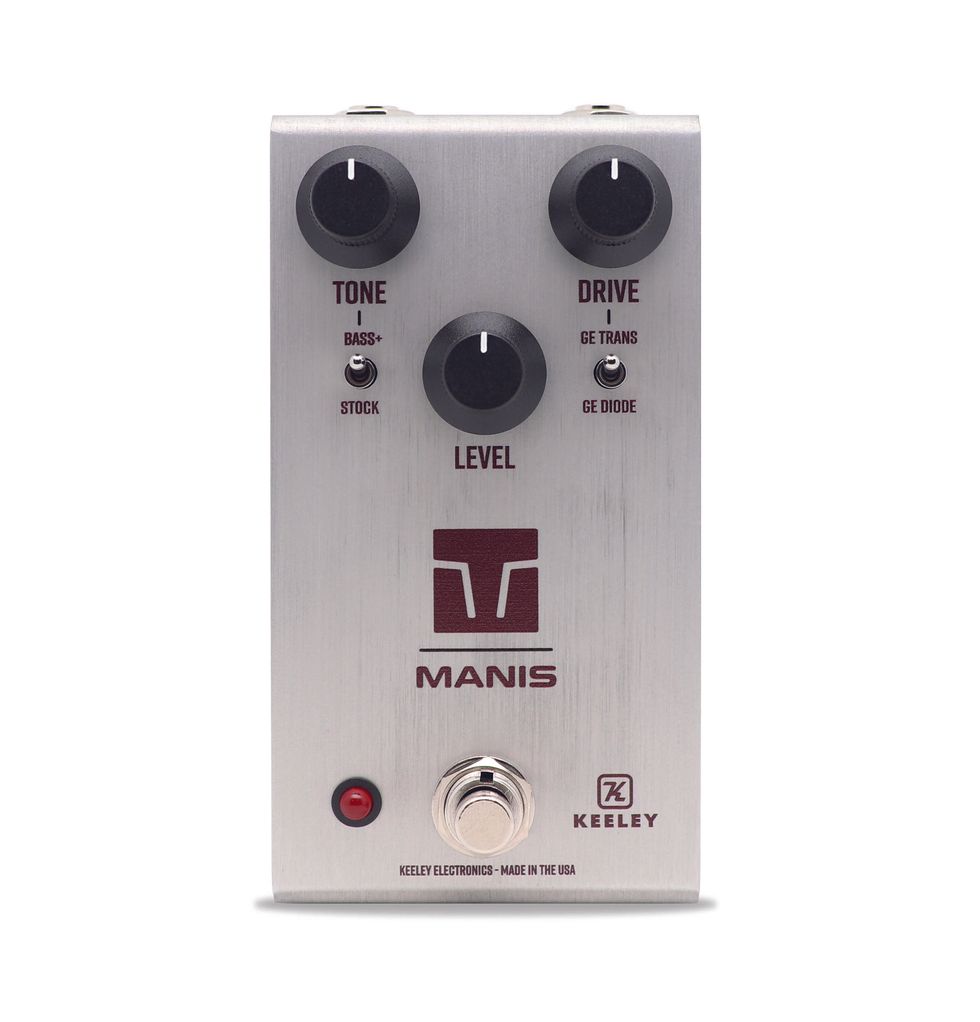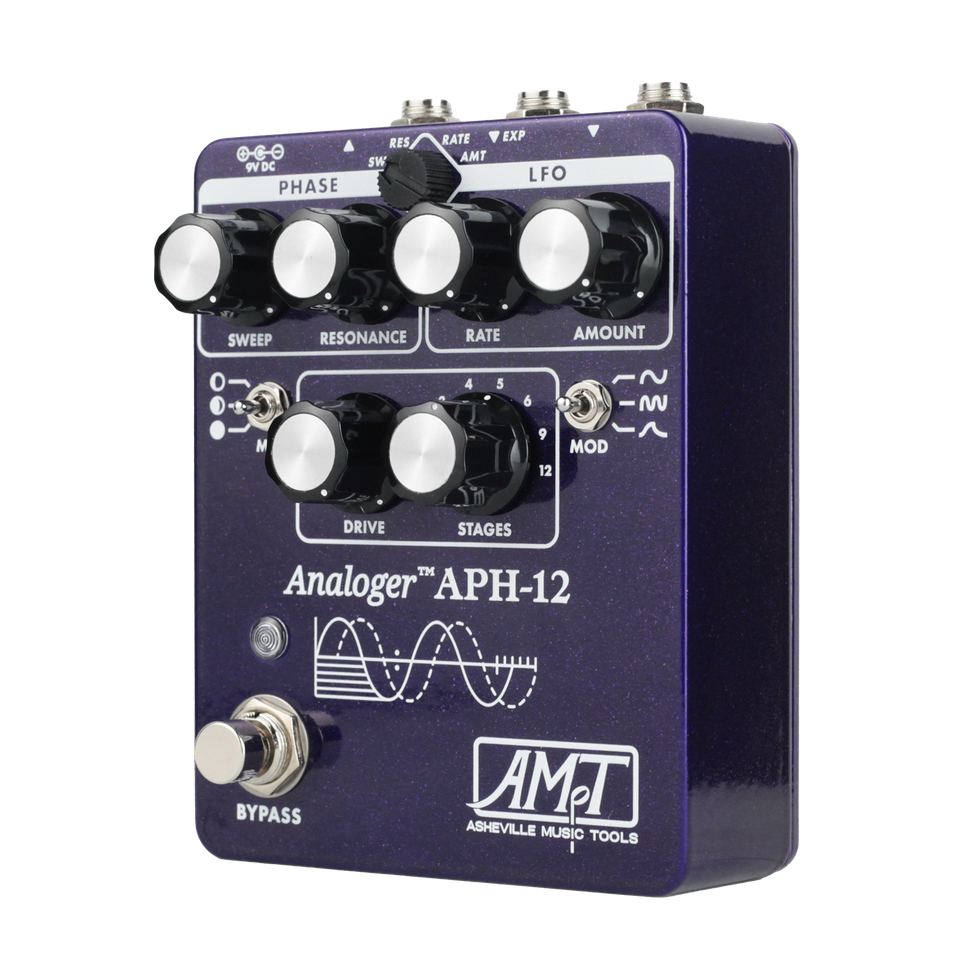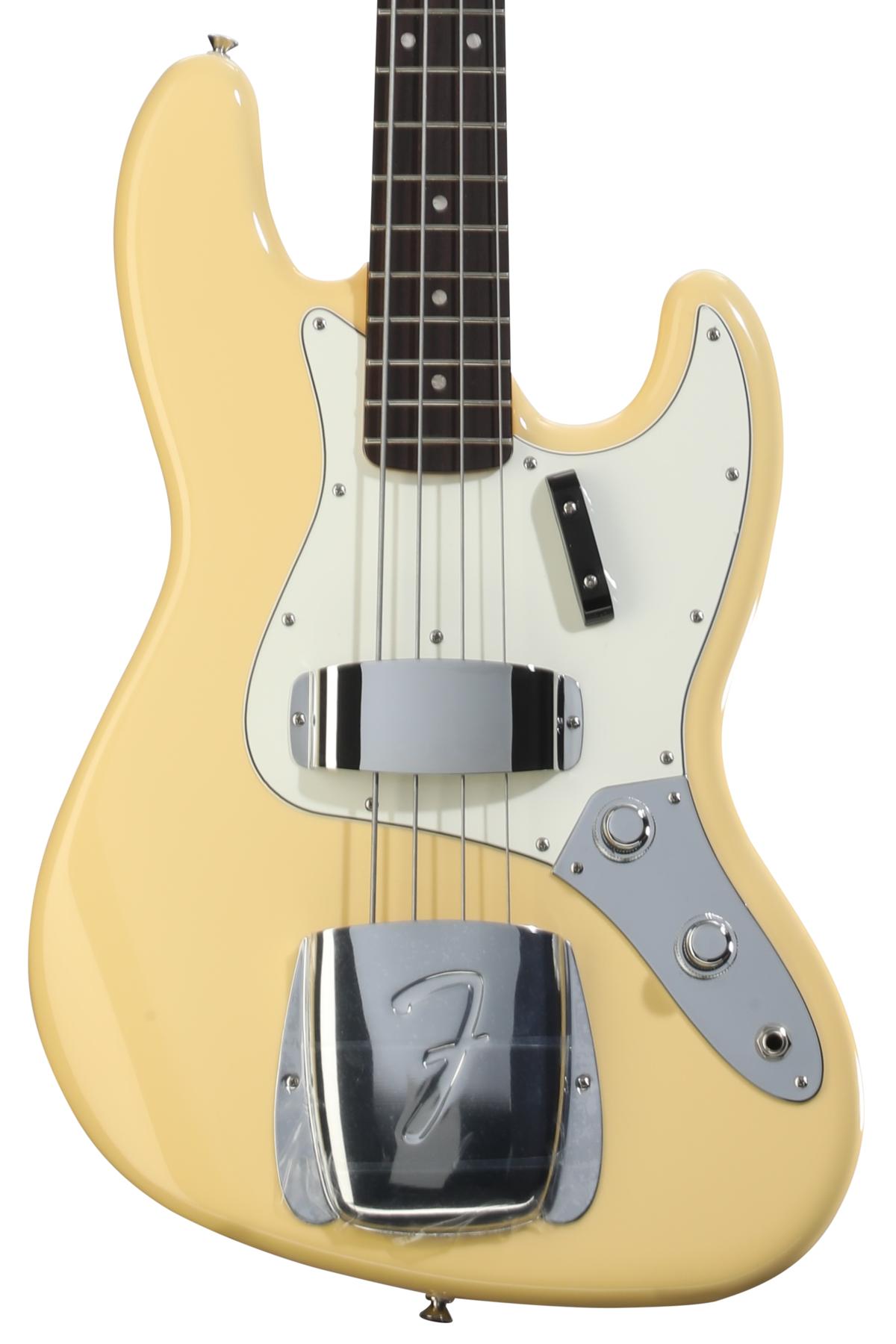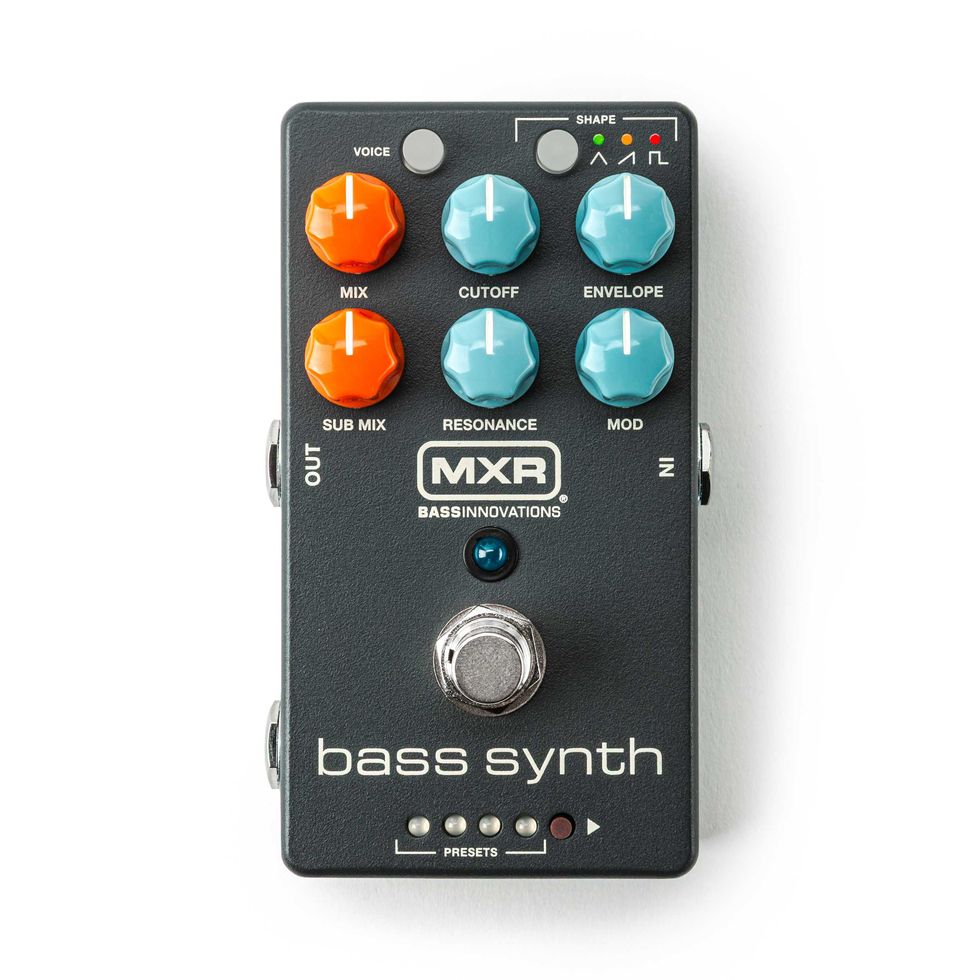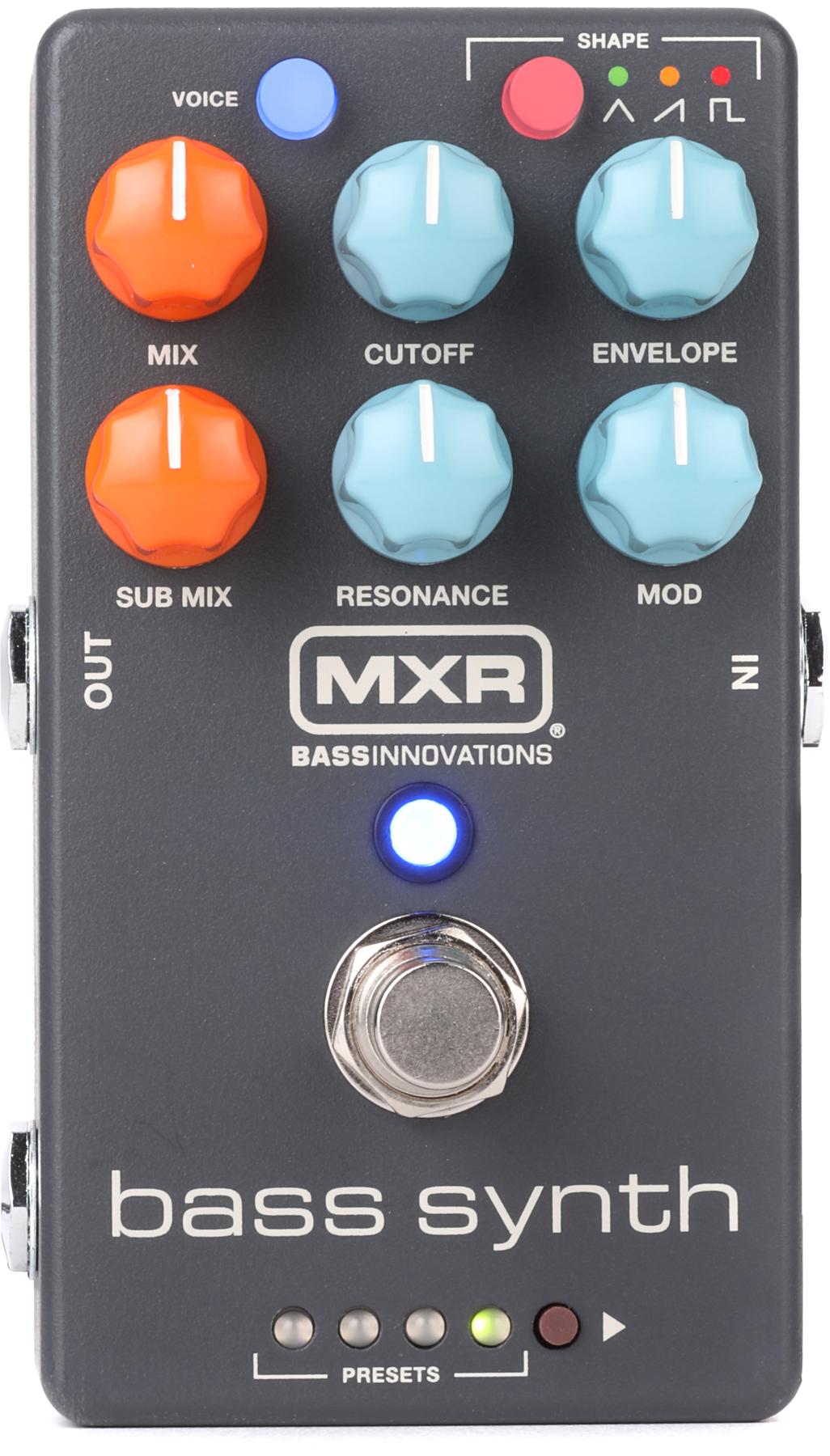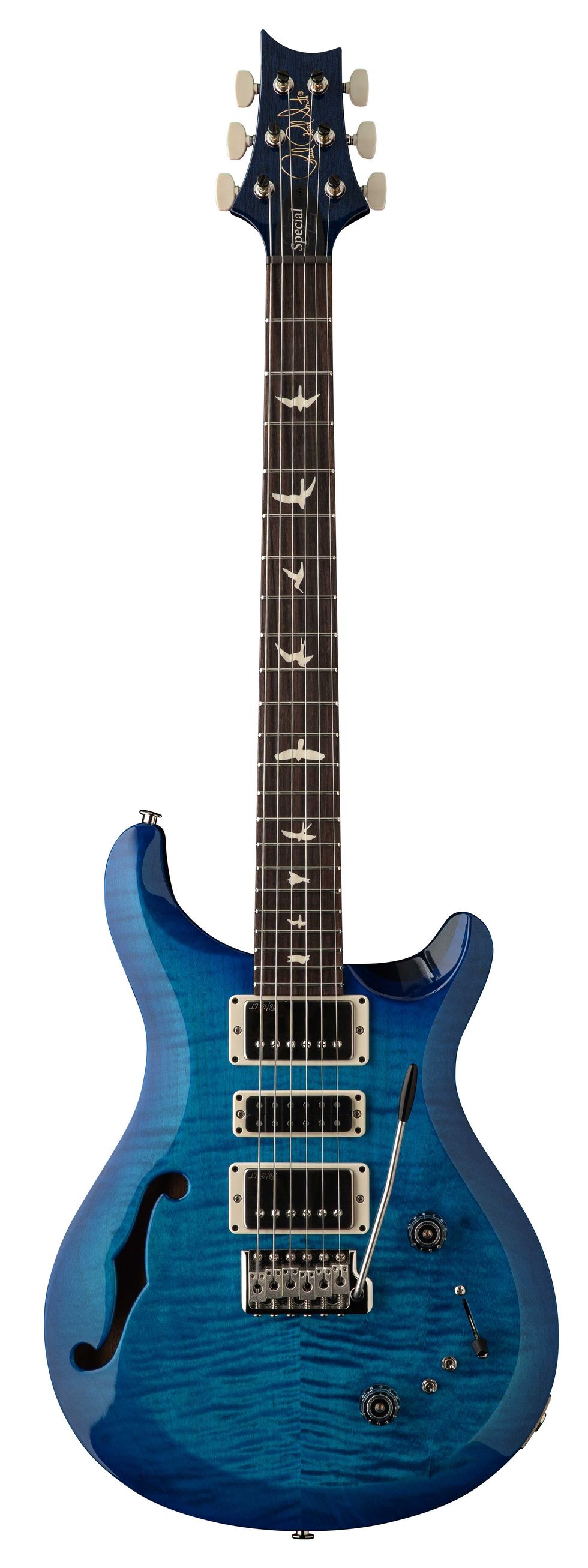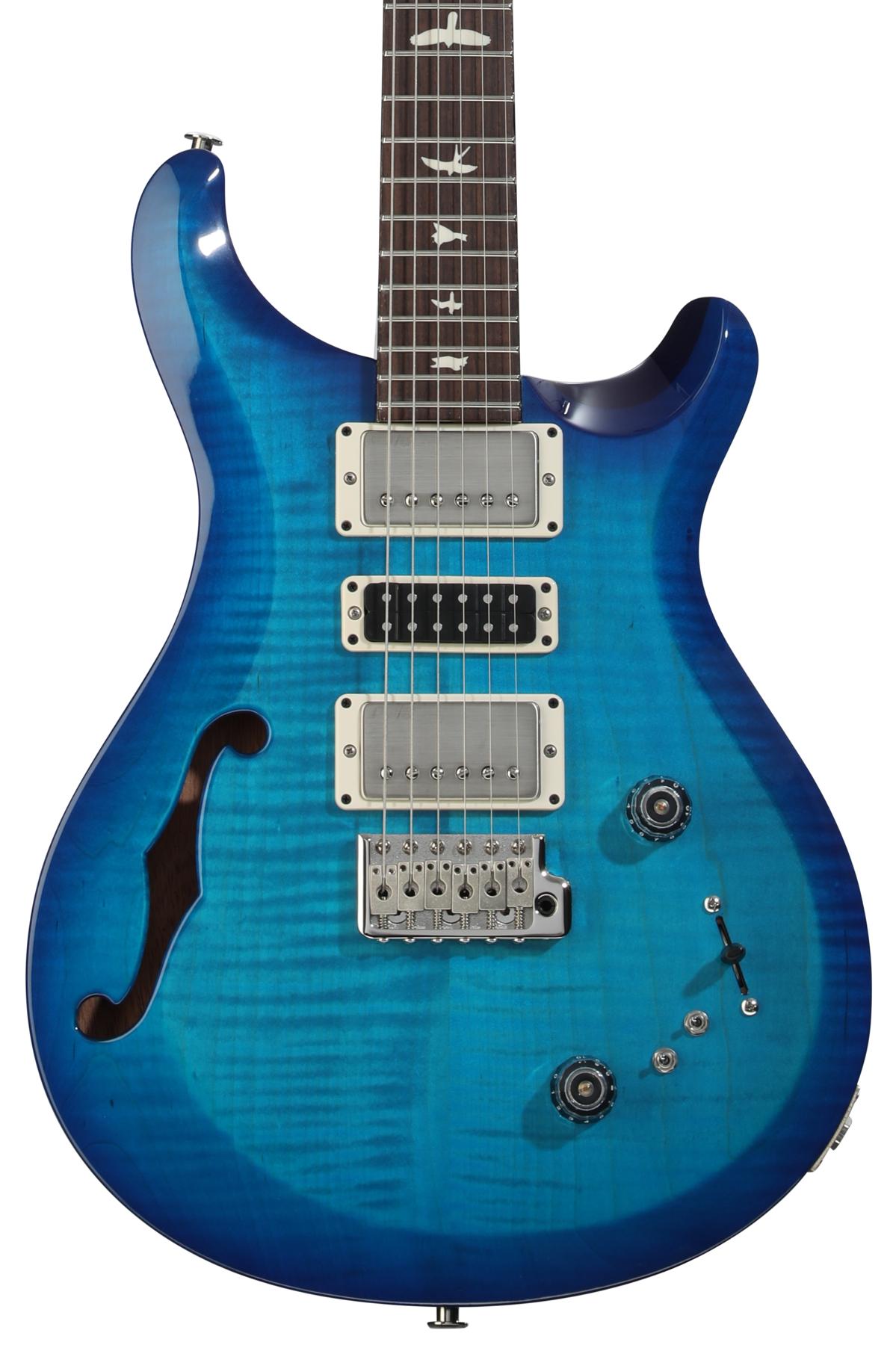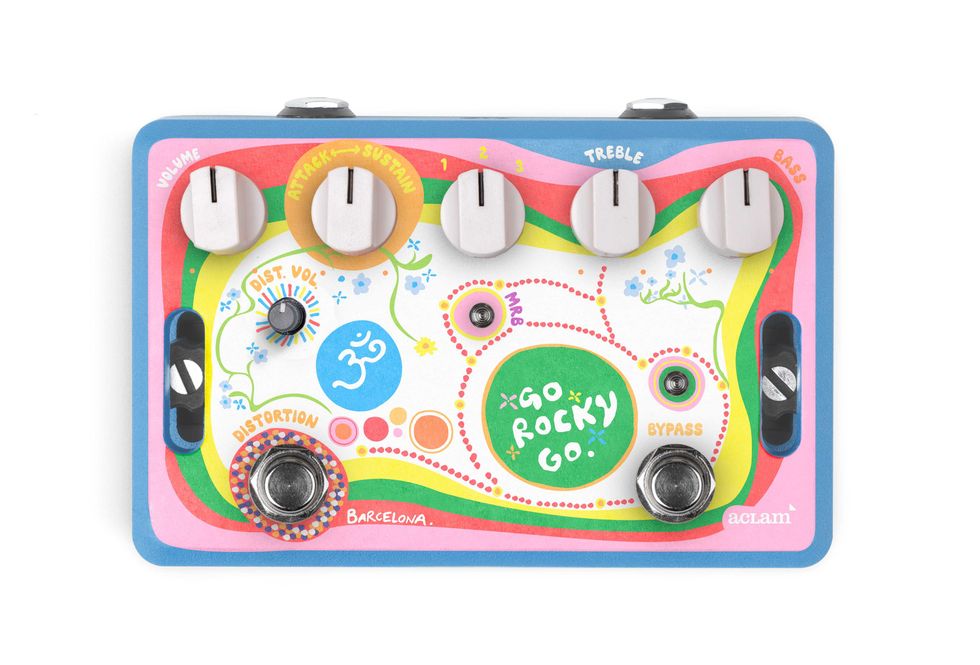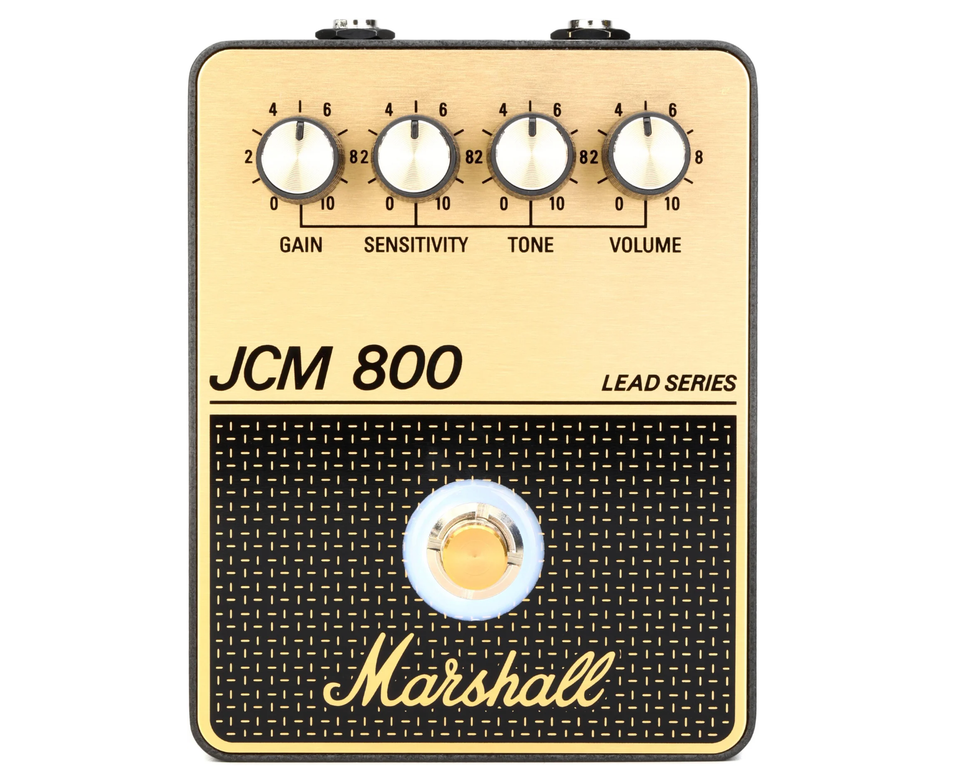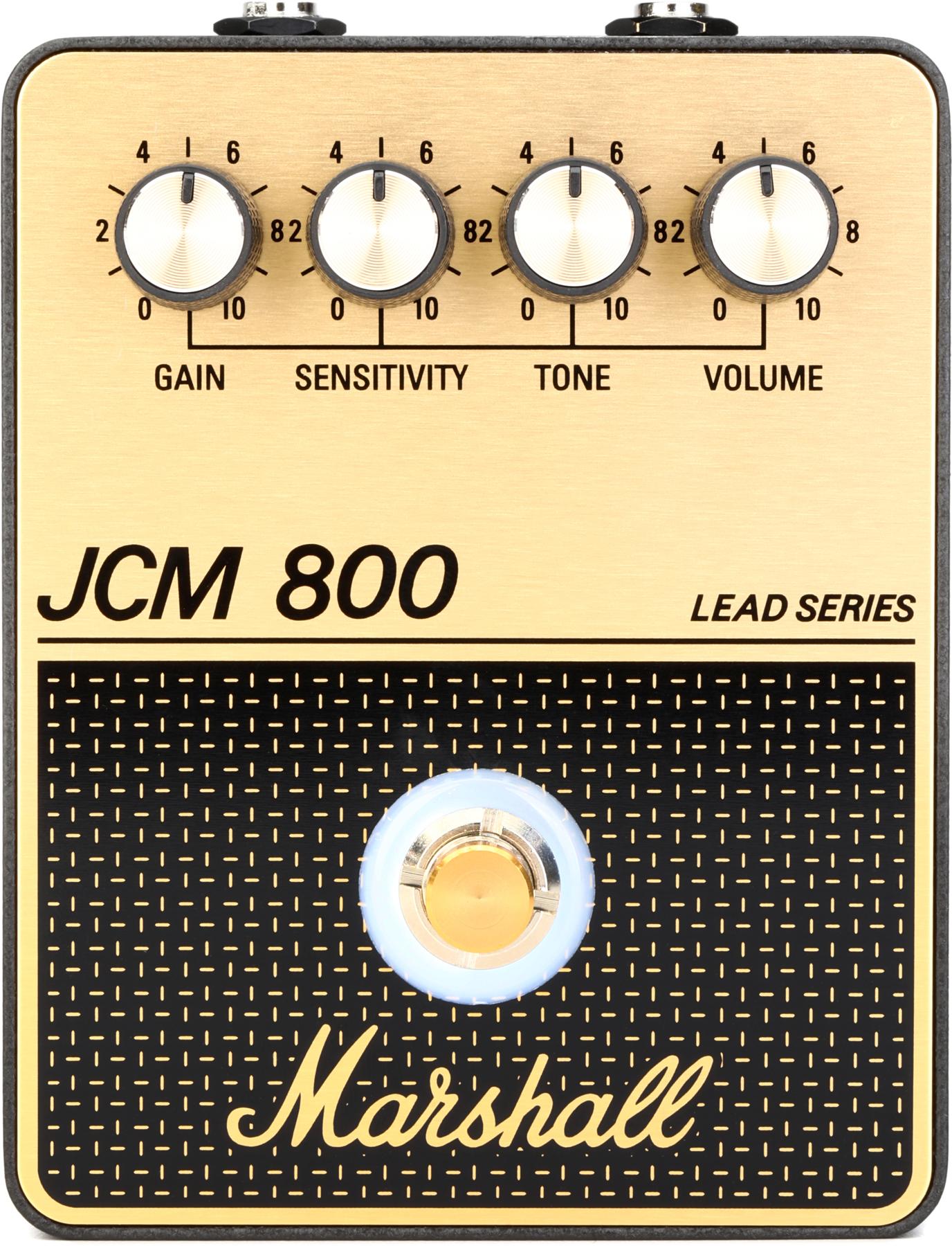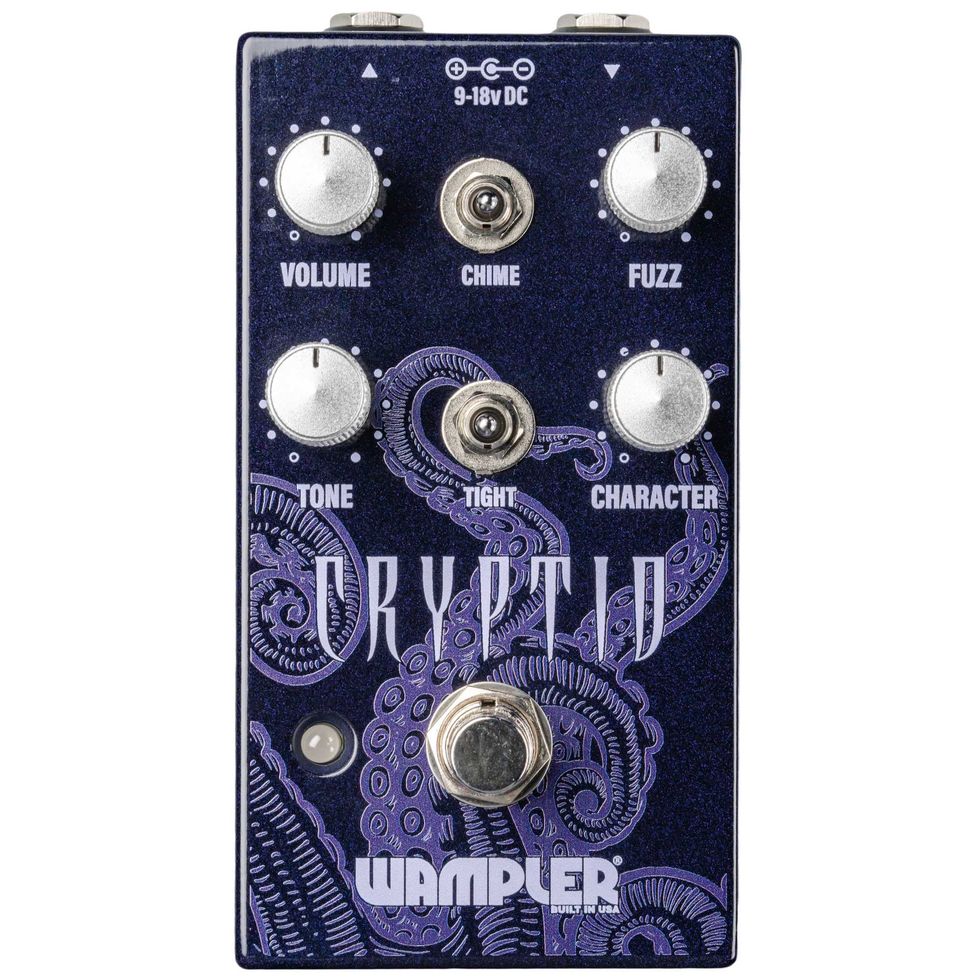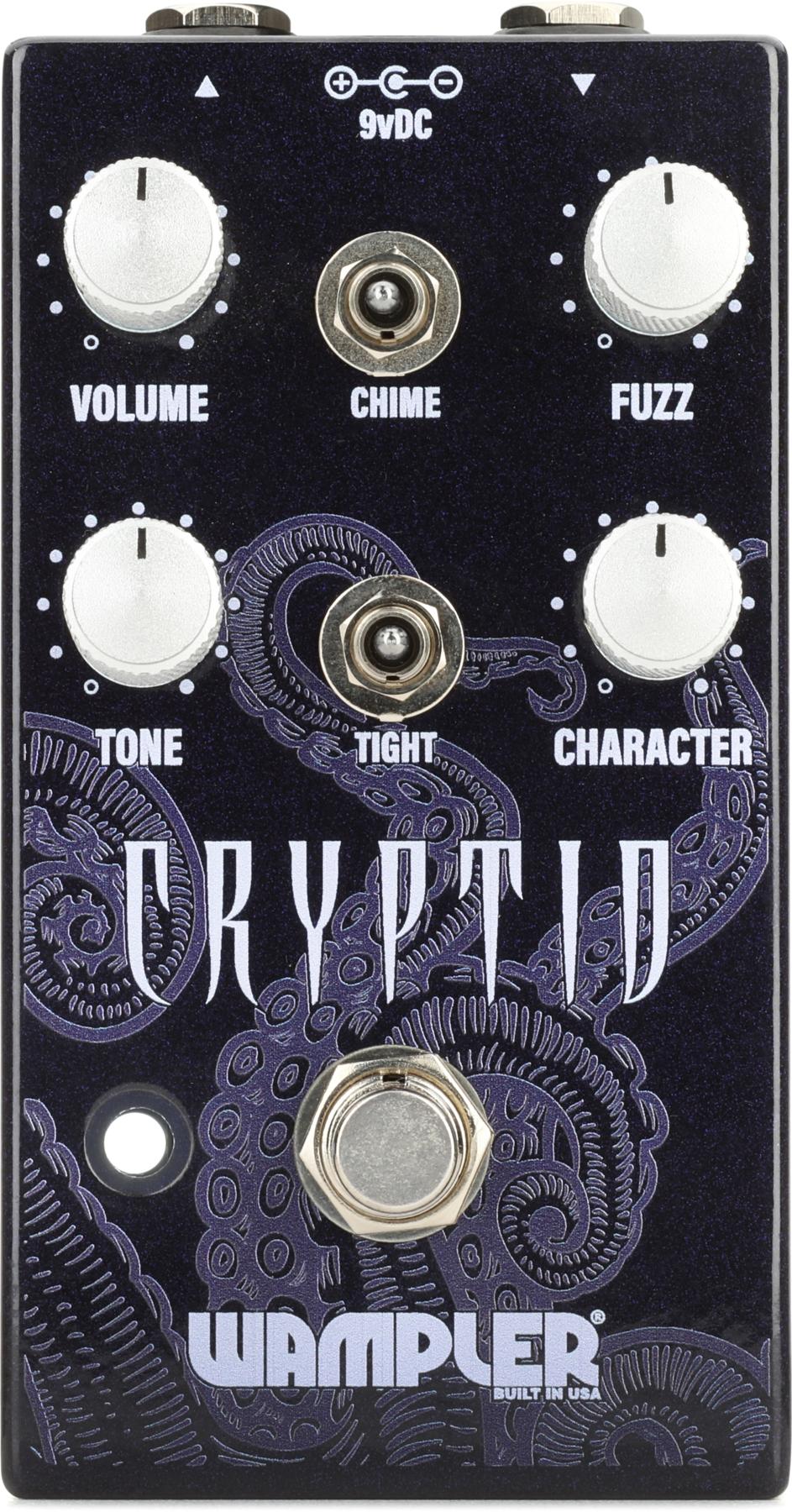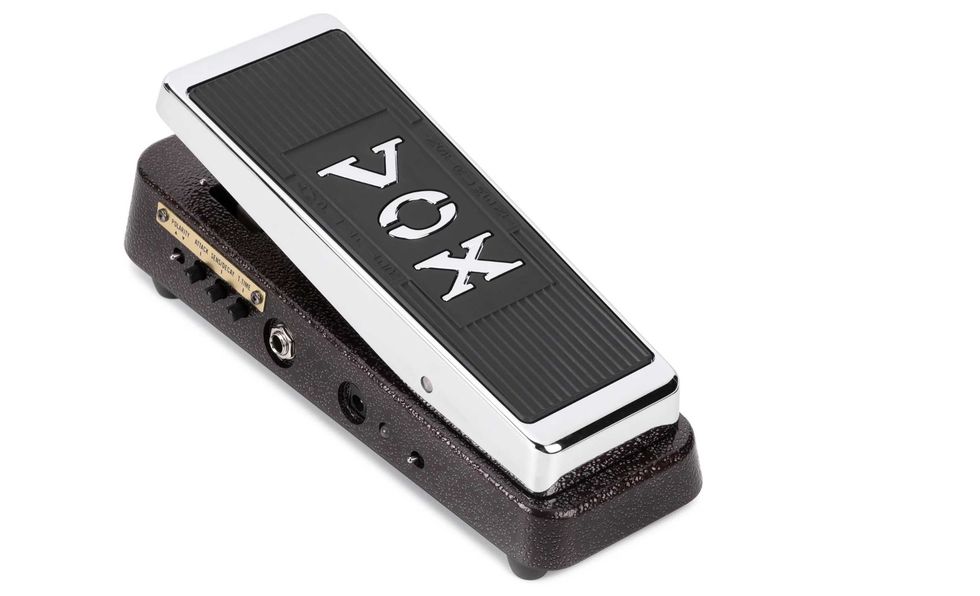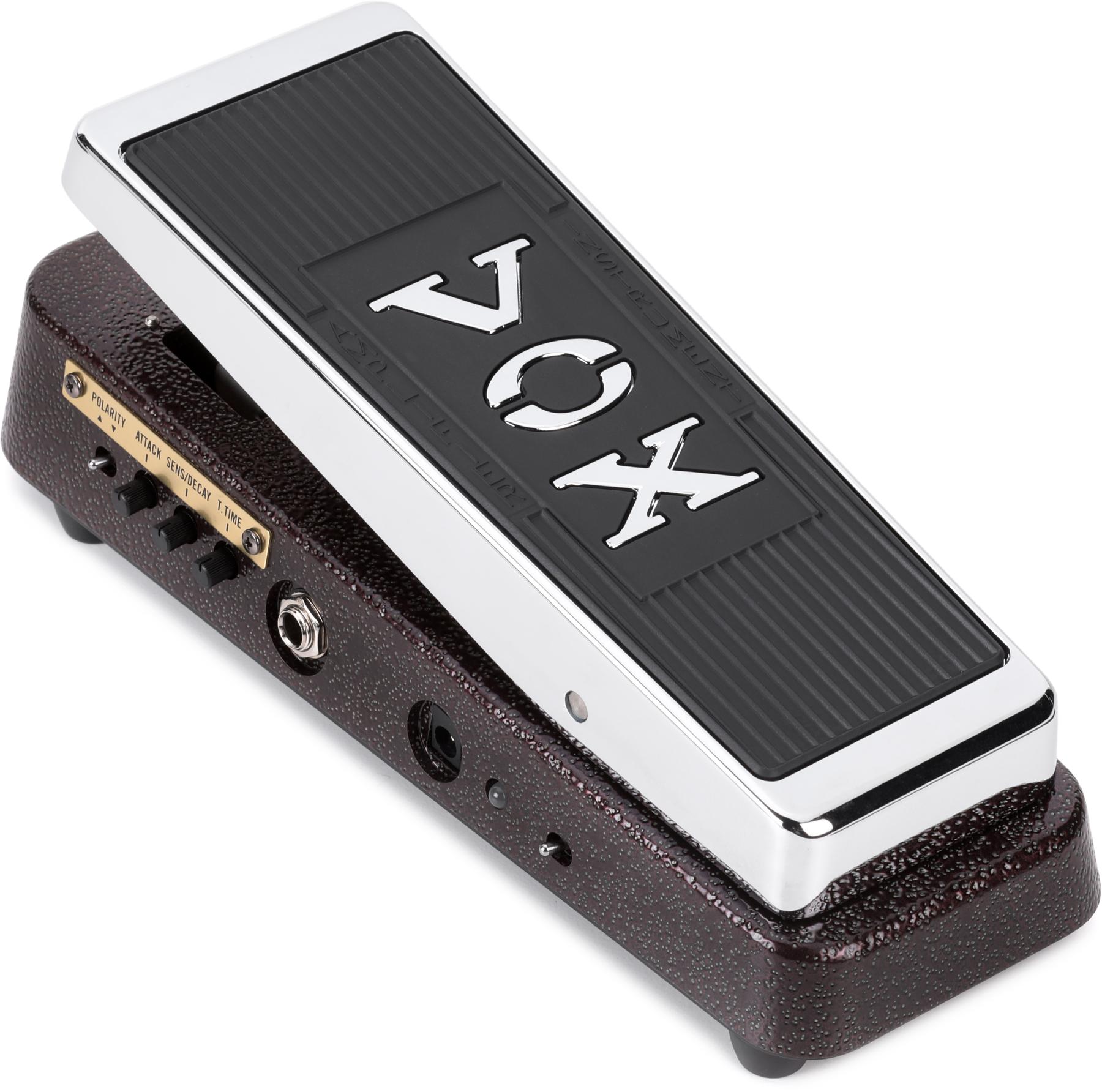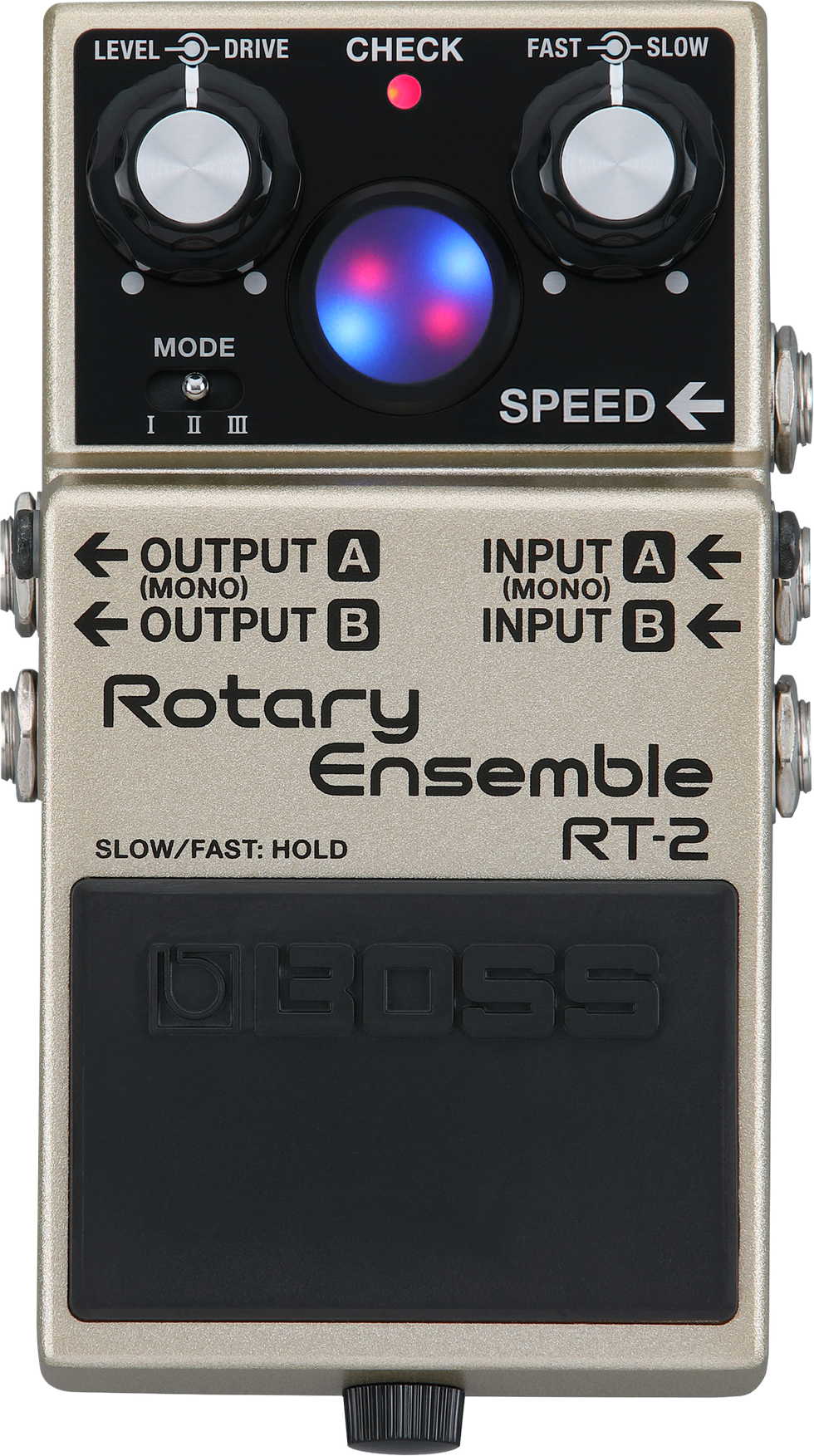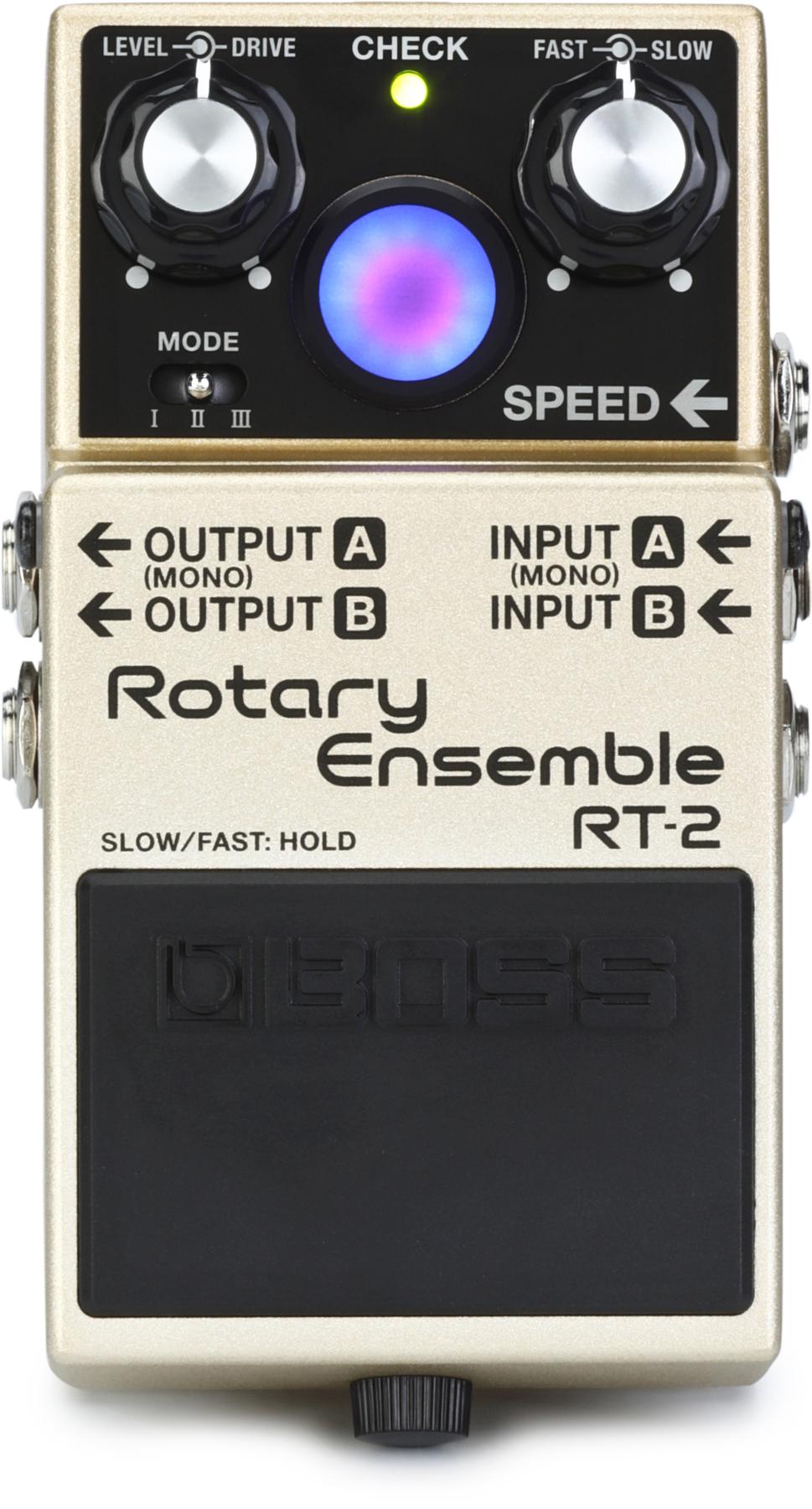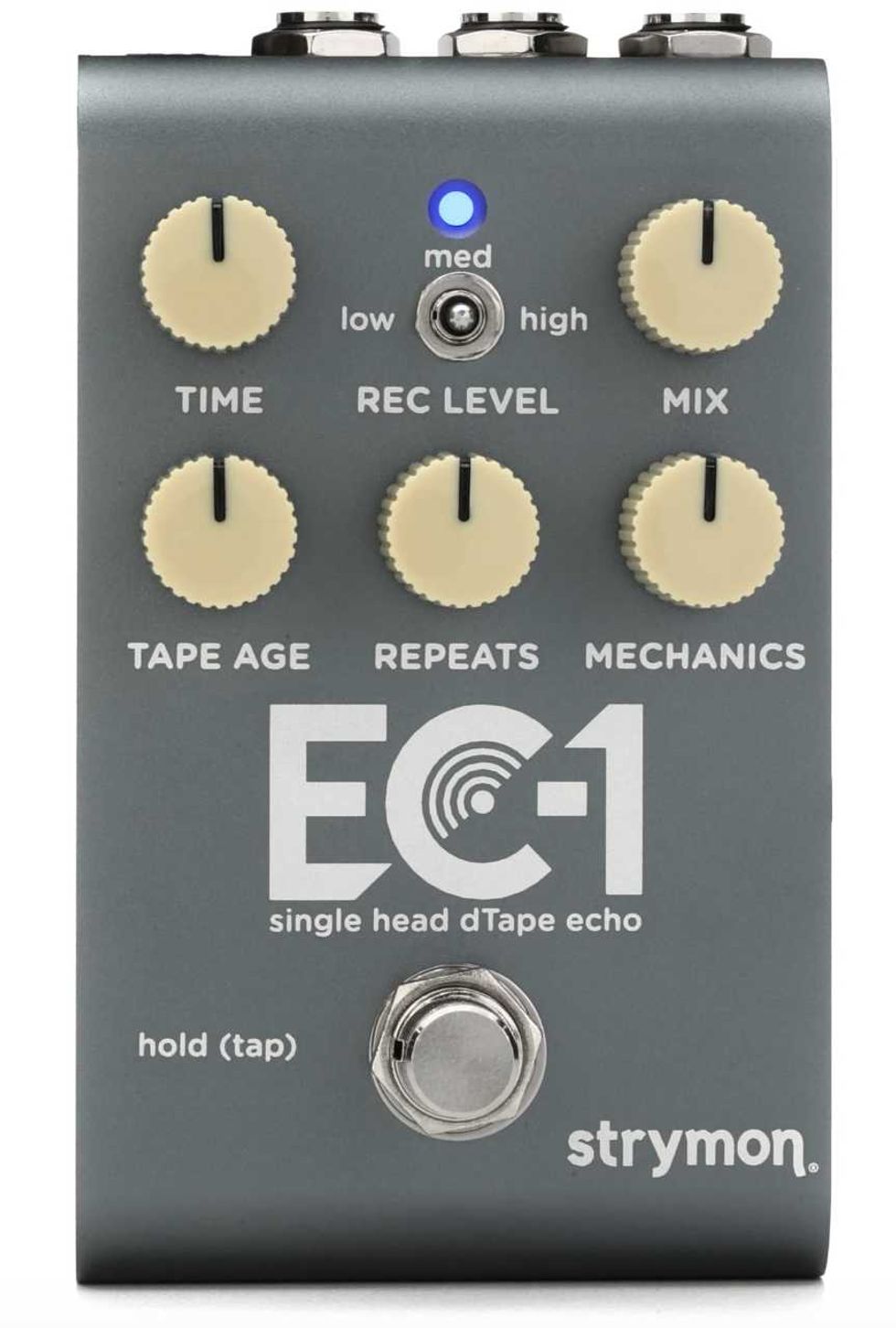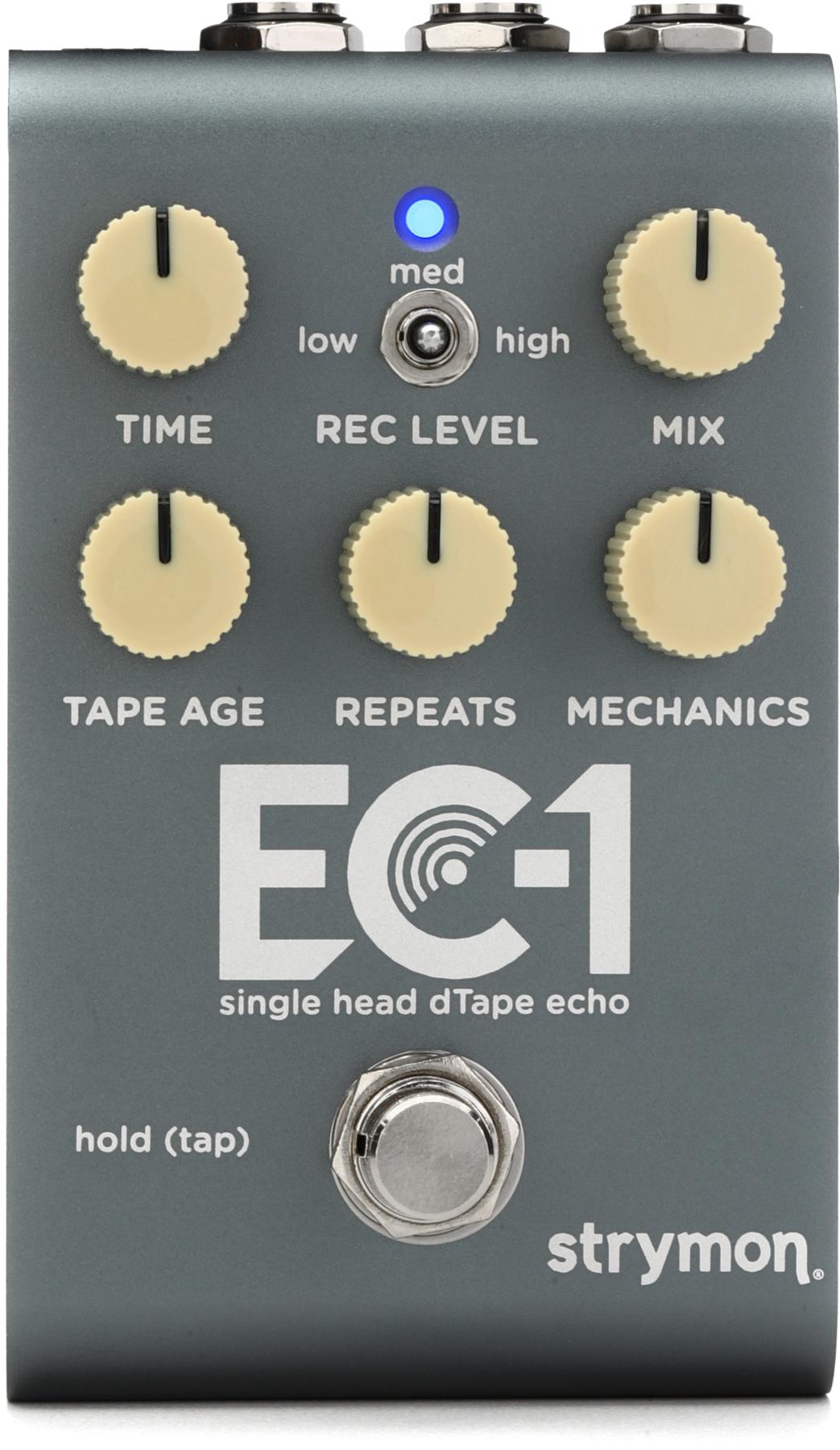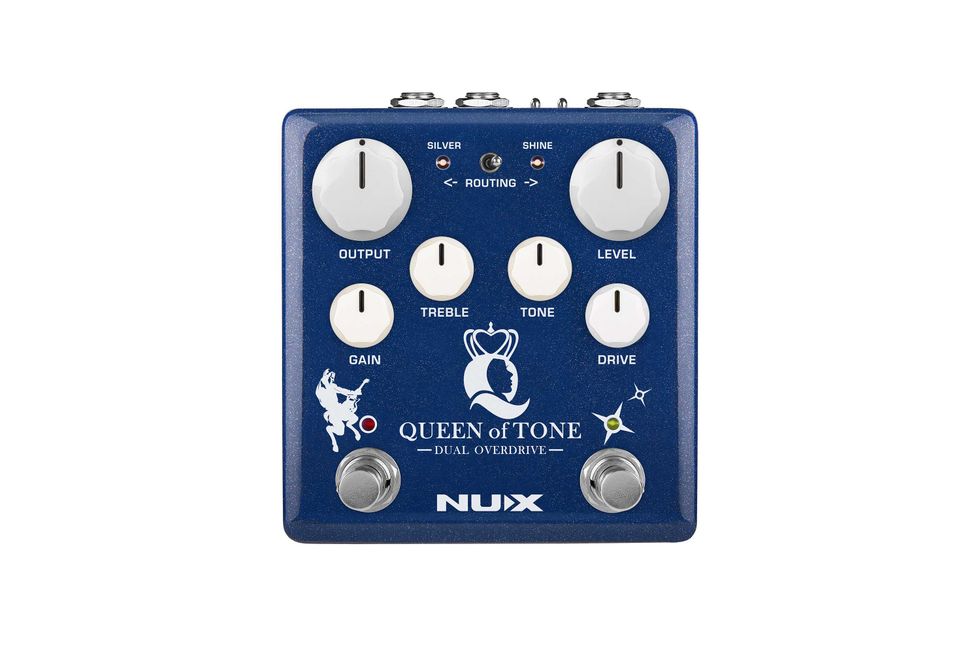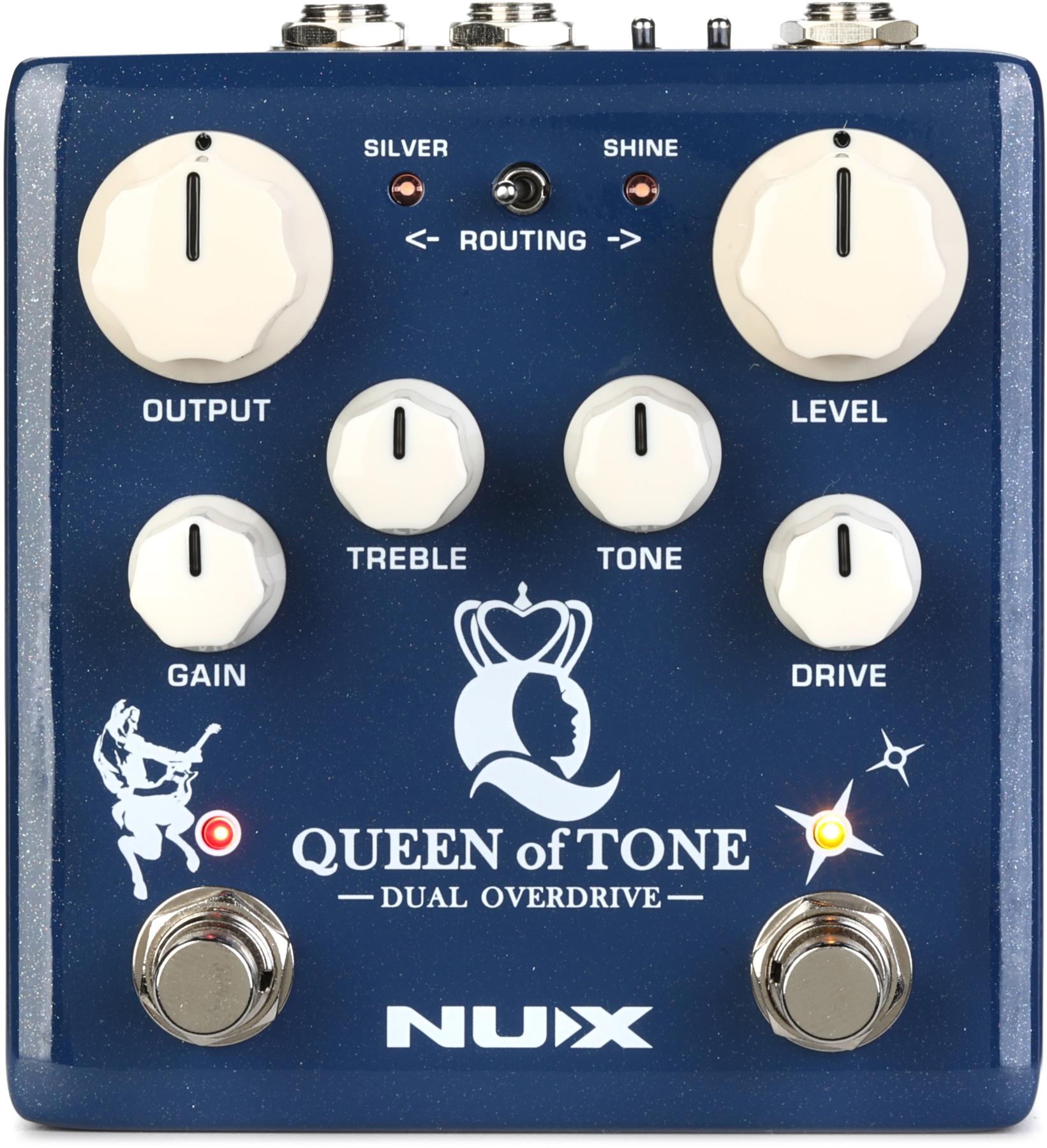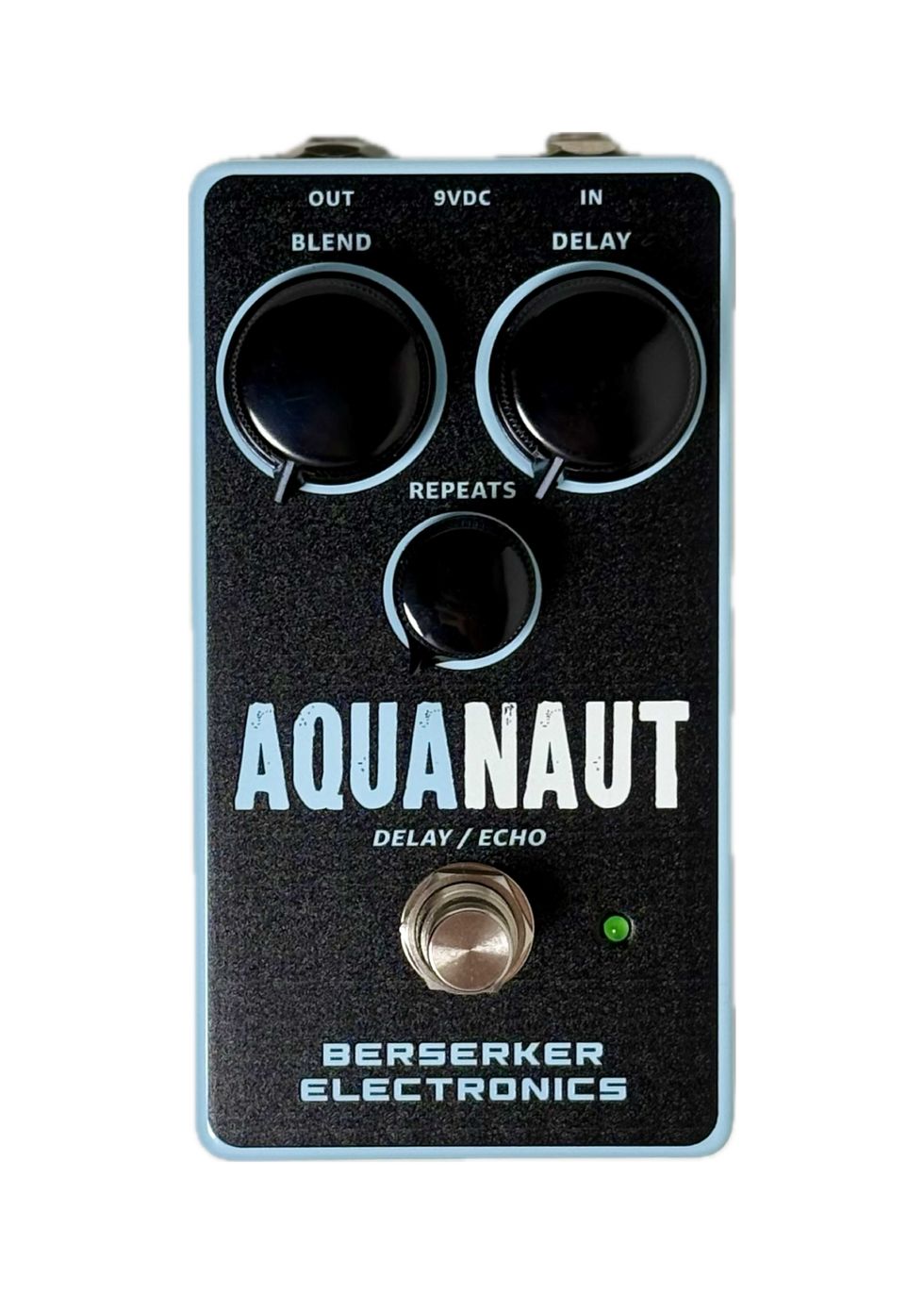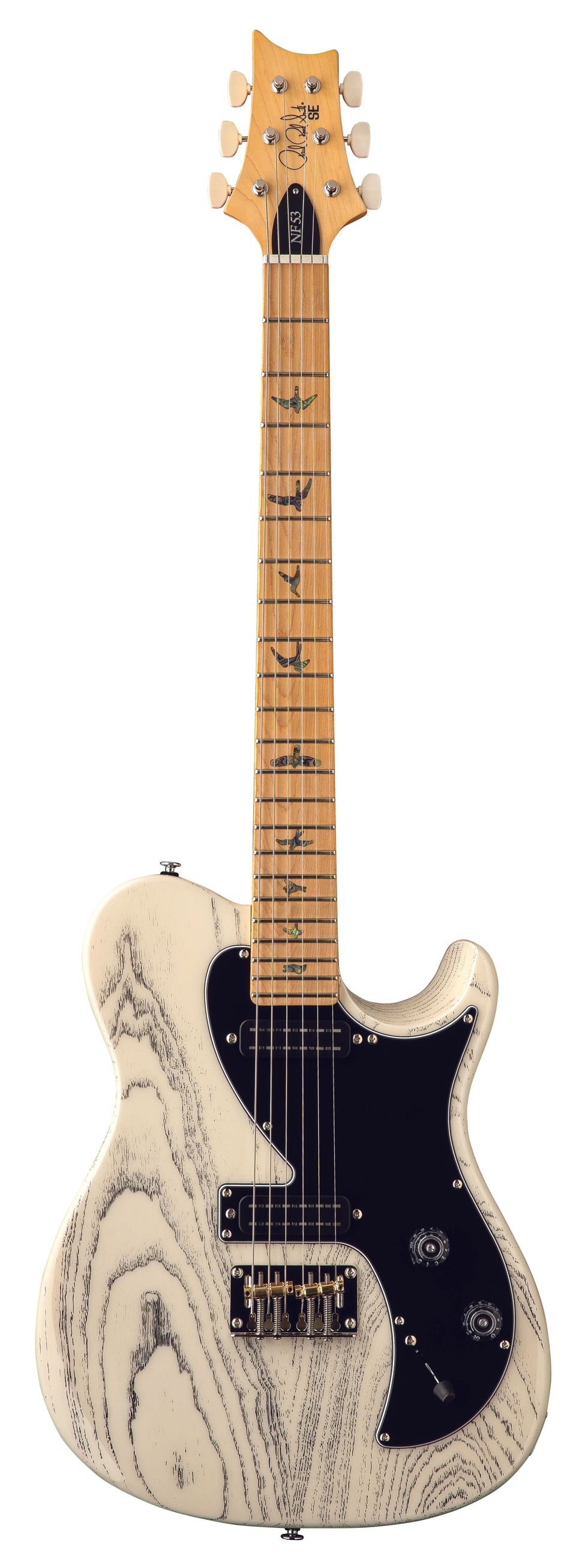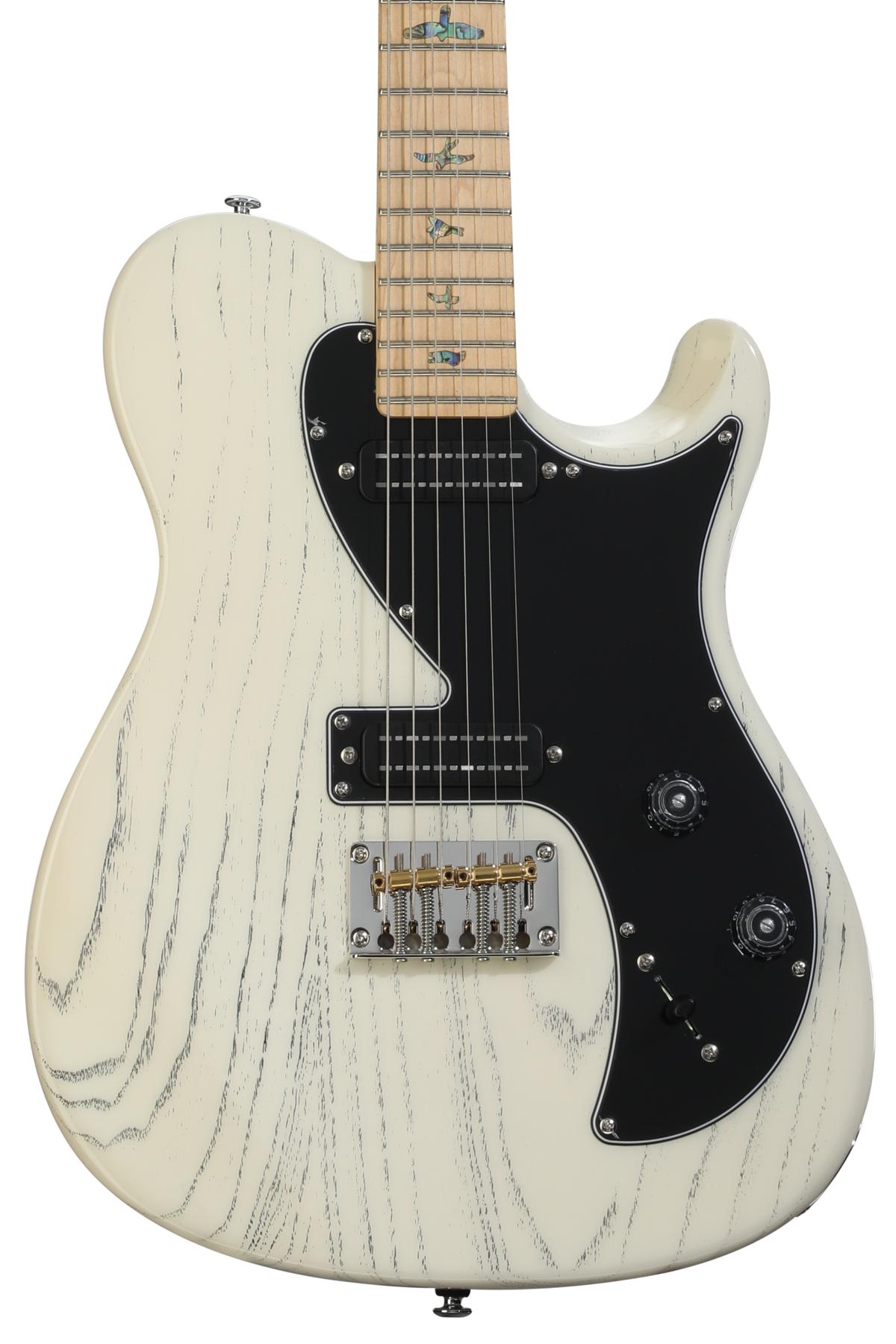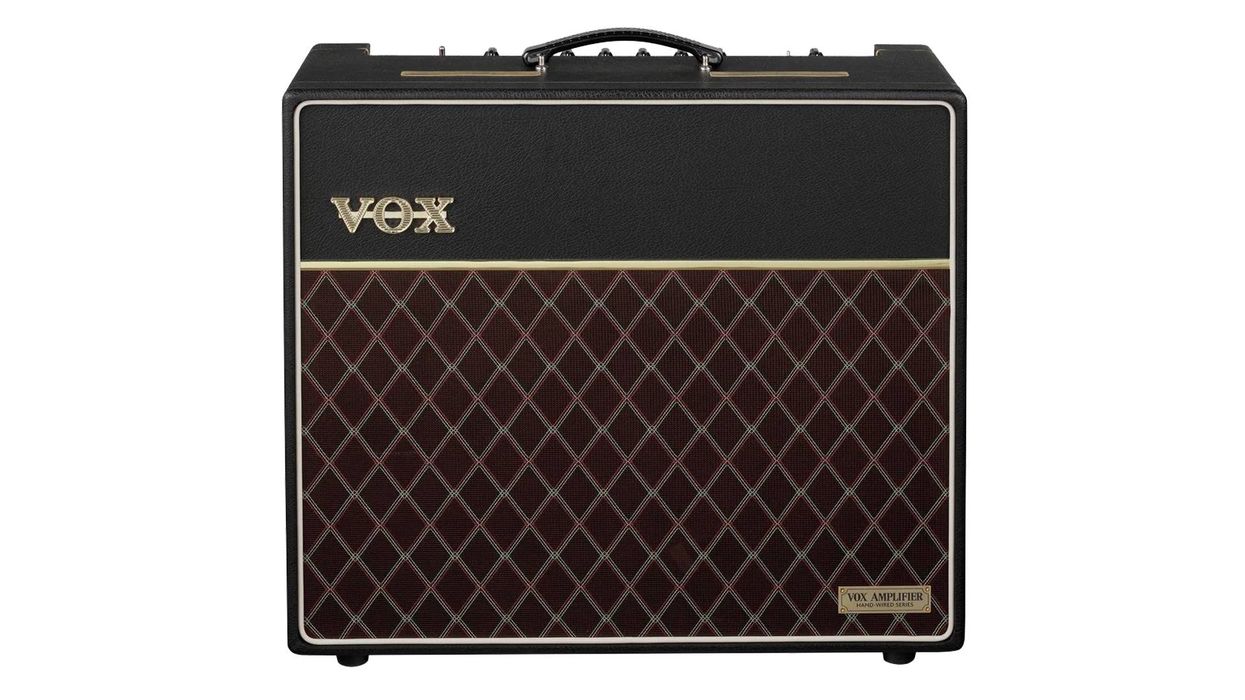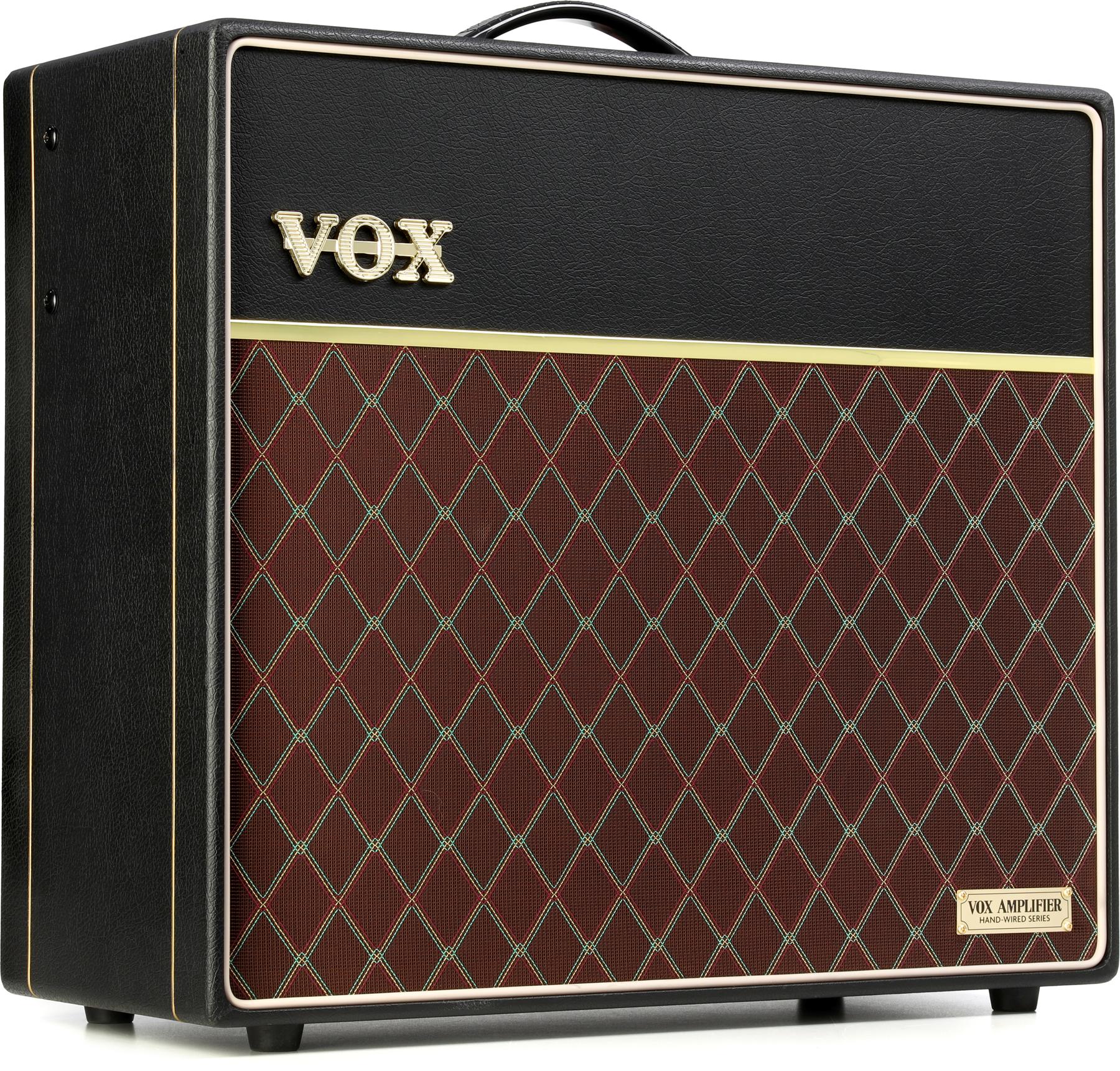Designed by IdiotBox Effects’ Matt Shea in collaboration with Utech Records duo Dead Neanderthals, the Rat Licker is driven by LM308 and TL072 chips and aims to expand on the classic Pro Co RAT recipe by pairing the usual distortion, filter, and volume controls (here they’re internal trimpots) with an external wet-dry blend knob. A fourth trimpot boosts the input signal.
Tested with an Eastwood baritone, a Les Paul, a Jazzmaster, and a Mustang PJ bass variously driving a Vibrolux Reverb, a Vibro Champ, and a Fender Rumble 200 bass combo, the Licker’s sonics proved of a piece with its thorn-bramble artwork. The distortion trimmer piles on shockingly aggressive, thick grind almost immediately past minimum, while taking the filter control much past full counterclockwise (where there’s ample treble and mid content for more straight-ahead rock, punk, or indie applications) balloons your signal with domineering corpulence—especially if you’re not using your bridge pickup.
Recorded with an Eastwood Sidejack Baritone DLX’s Curtis Novak JMWR neck pickup into the Rat Licker, a Gamechanger Audio Light reverb, an Ibanez Analog Delay Mini, and a ’76 Fender Vibrolux Reverb miked with a Royer R-121. Audient iD44 interface into GarageBand with no EQ-ing, compression, or effects.
- 0:00-0:17 — Rat Licker bypassed
- 0:18-0:36 — Rat Licker engaged with distortion trimpot 1/4 turn up from full counterclockwise, filter and direct trimmers completely counterclockwise, volume trimmer at noon, and blend at 25 percent.
- 0:39-0:58 — Same trimmer settings with blend at 50 percent.
- 1:00-end — Same trimmer settings with blend at 100-percent wet.
The volume trimpot ups the dBs in tandem with higher blend settings and can absolutely bombard your amp when both are maxed—a big plus if your amp gets meaner as it’s pushed. Blend capabilities may disappoint some players, as—even at minimum blend—the “direct” signal not only lacks a fair amount of the treble and high-mid content from the source signal, but is also slightly muddied by extra low-mids. However, if droning, bludgeoning, rafters-rattling mayhem is your bag, the Licker can work its filth in many useful directions. Perhaps best of all, if you’re either a bassist or play in dropped tunings, you’ll love that even massively distorted settings maintain their low end quite admirably.

